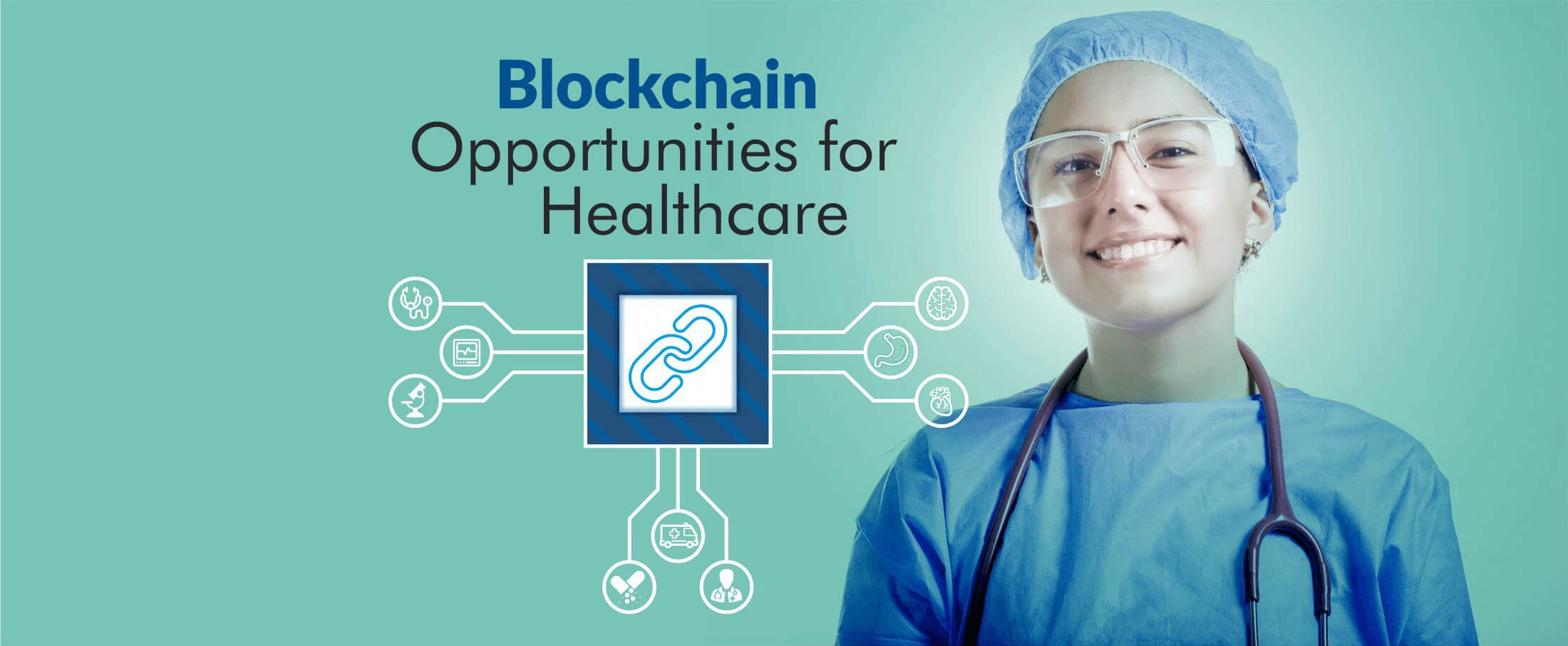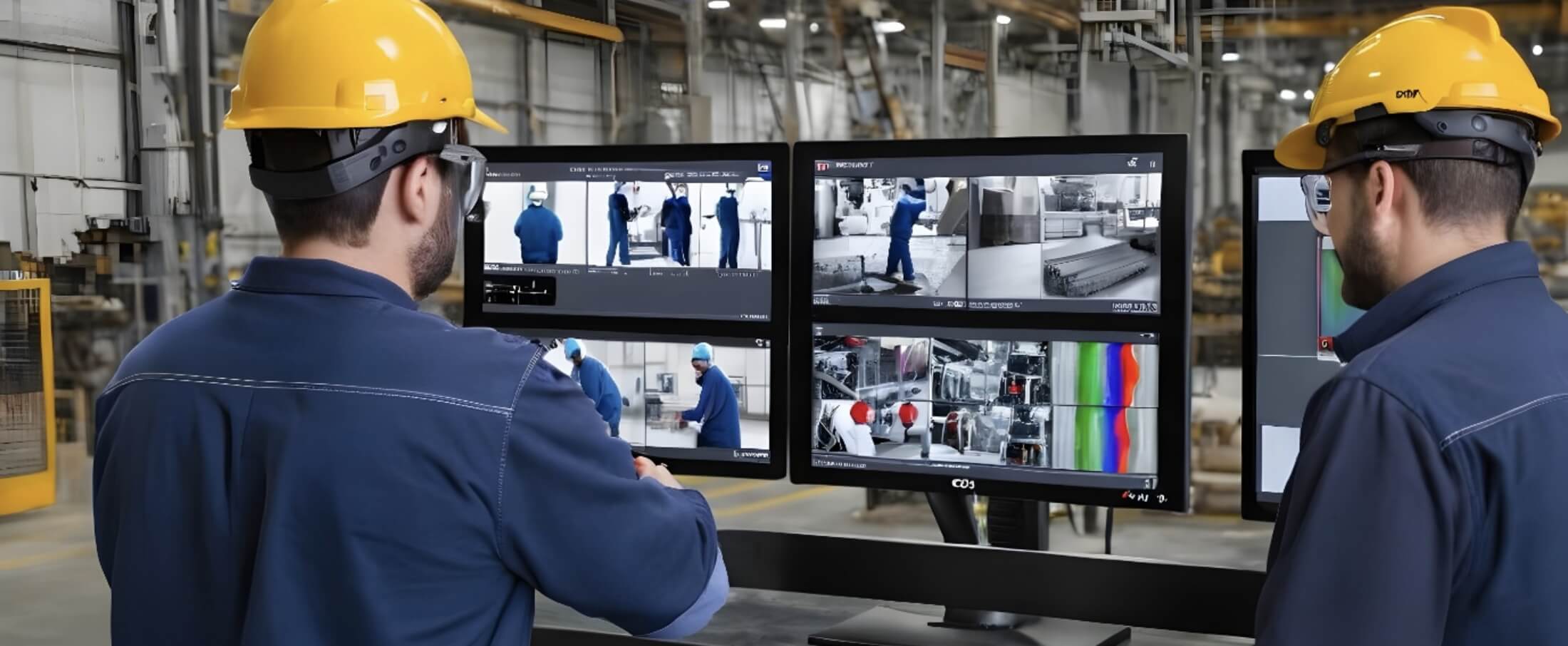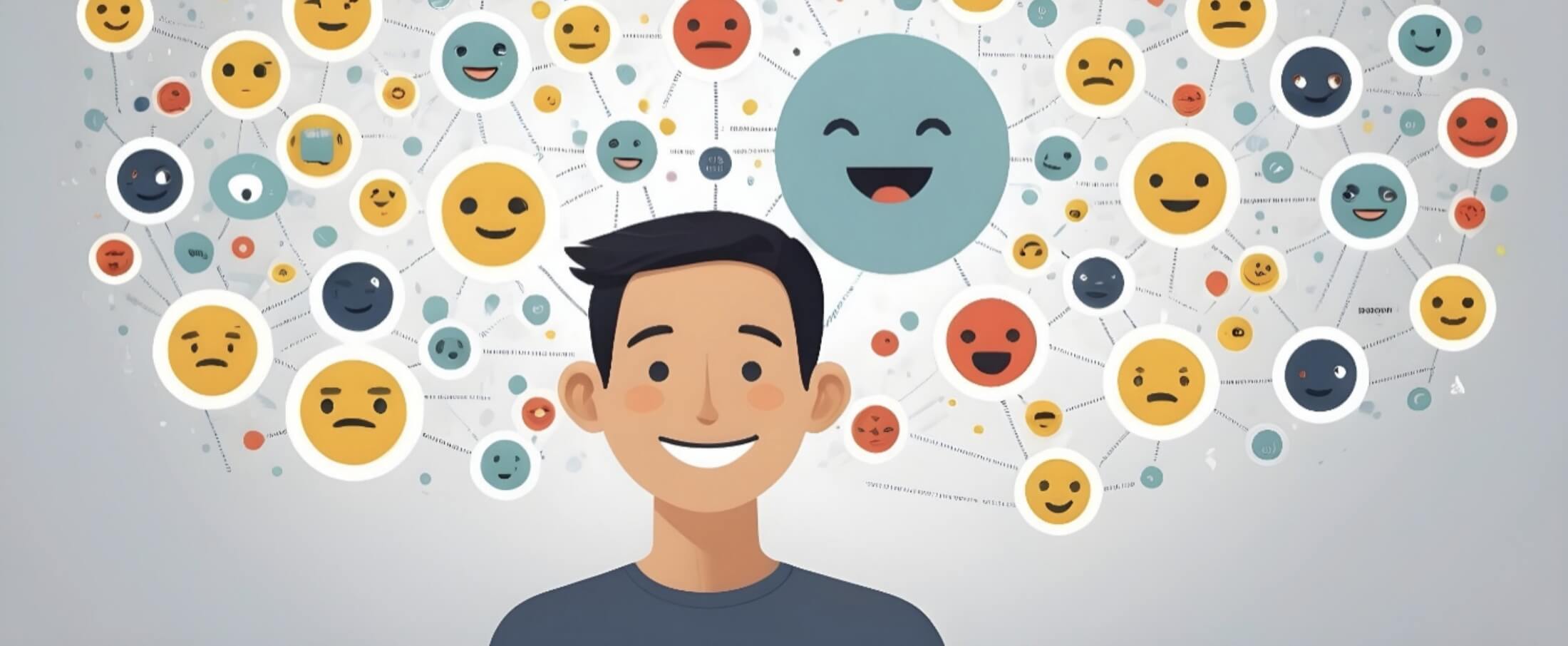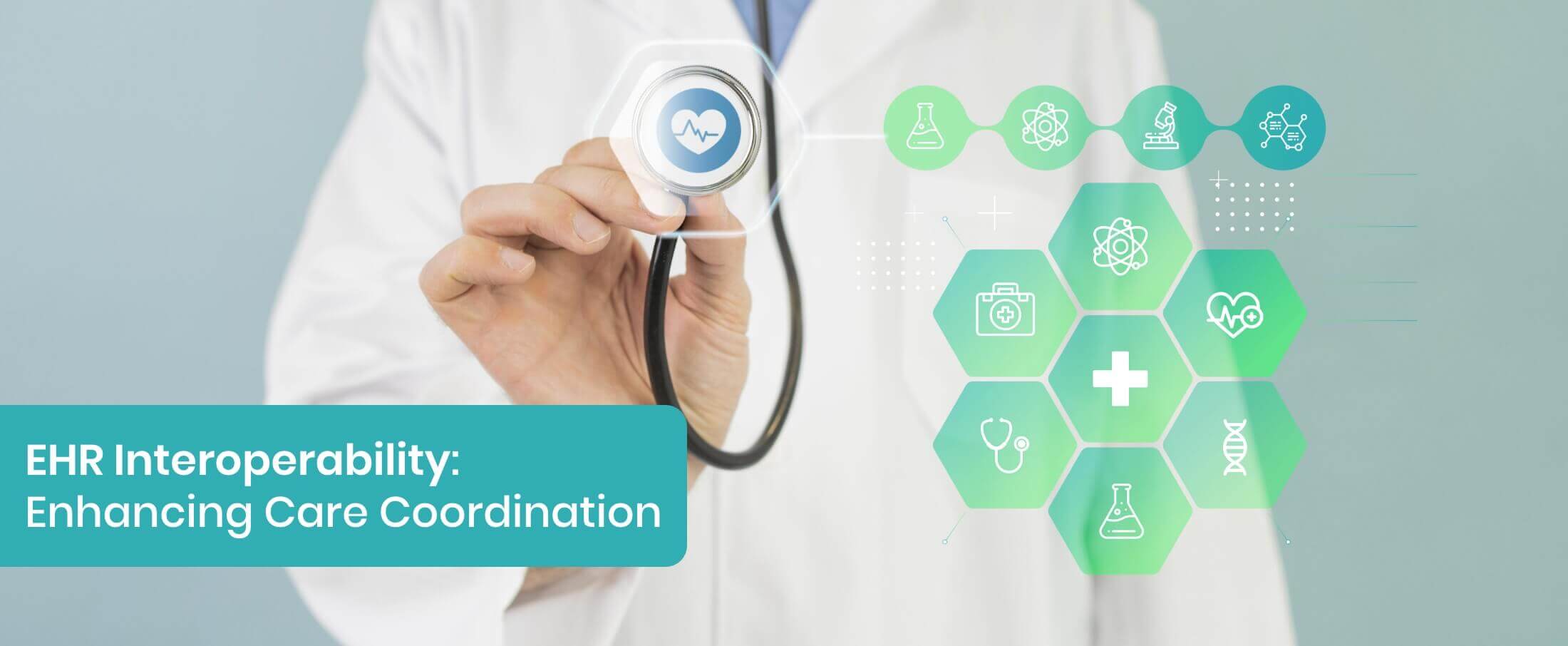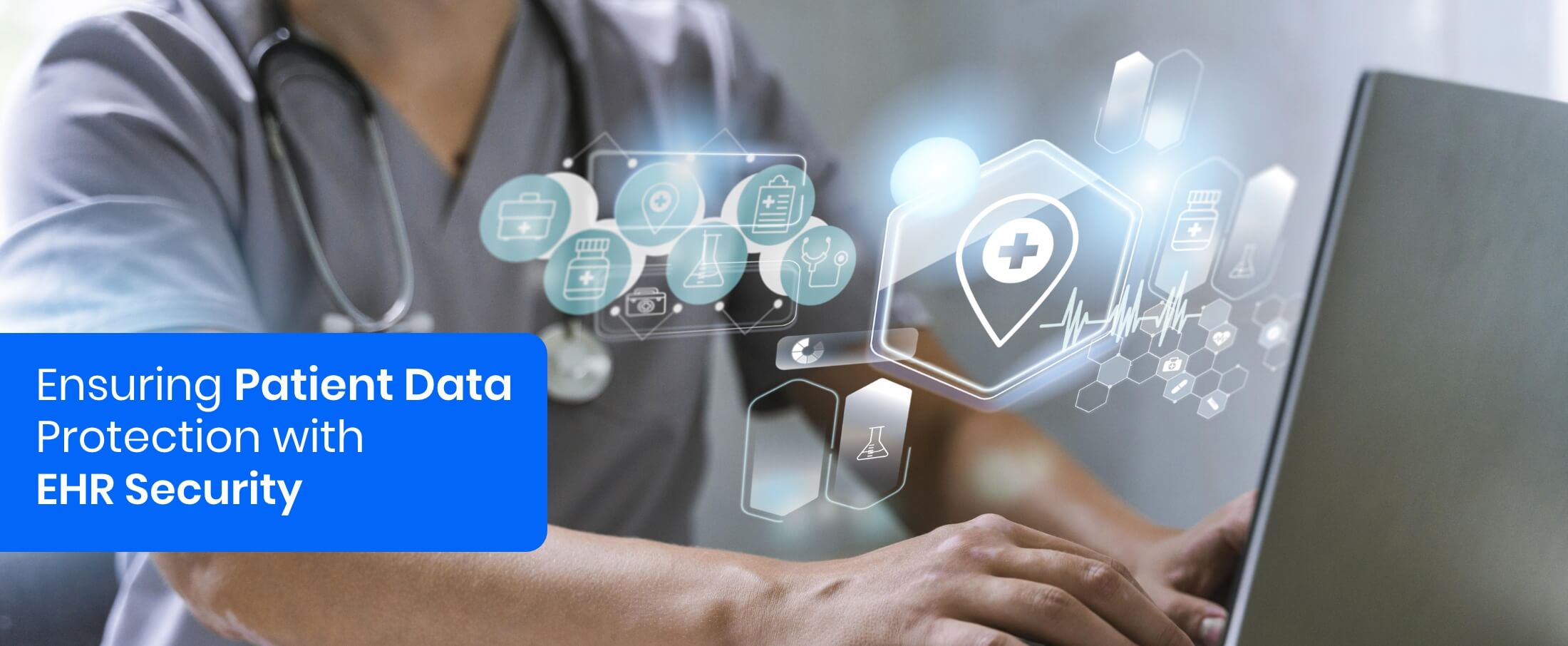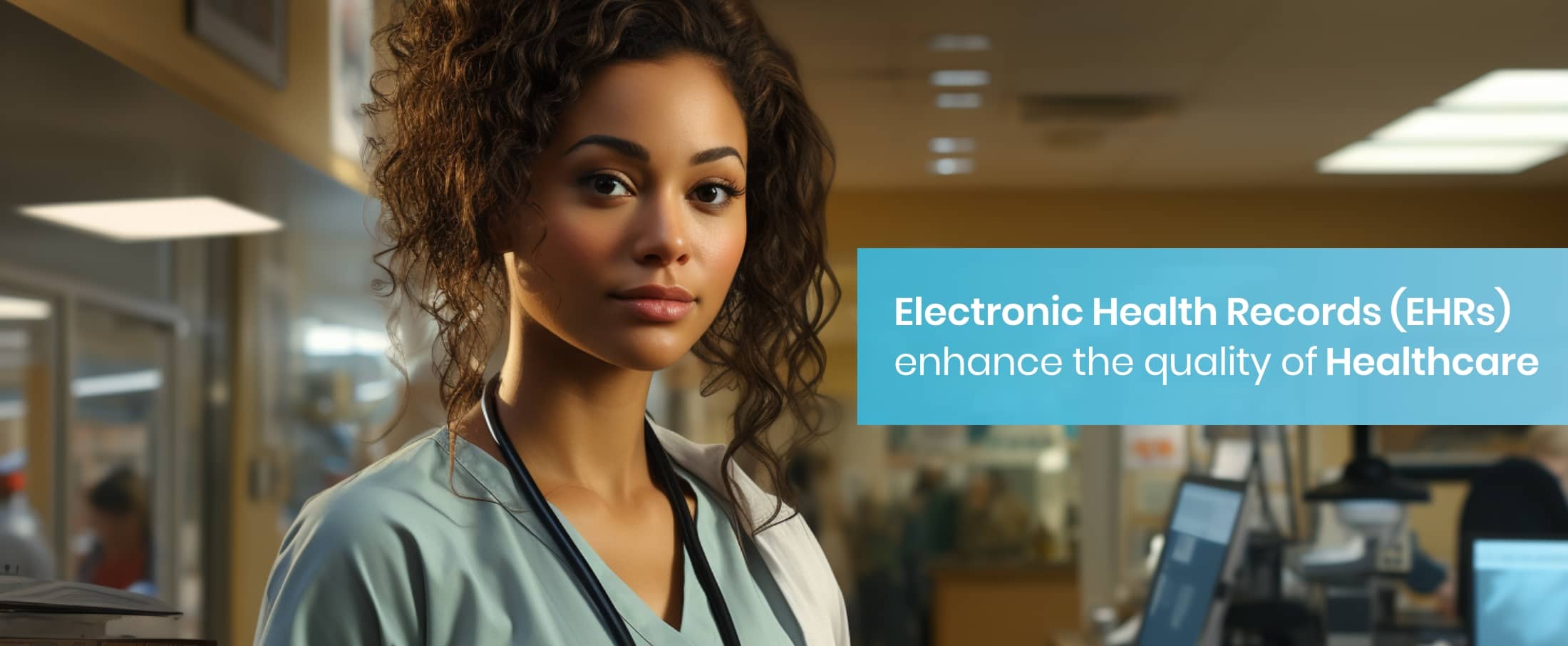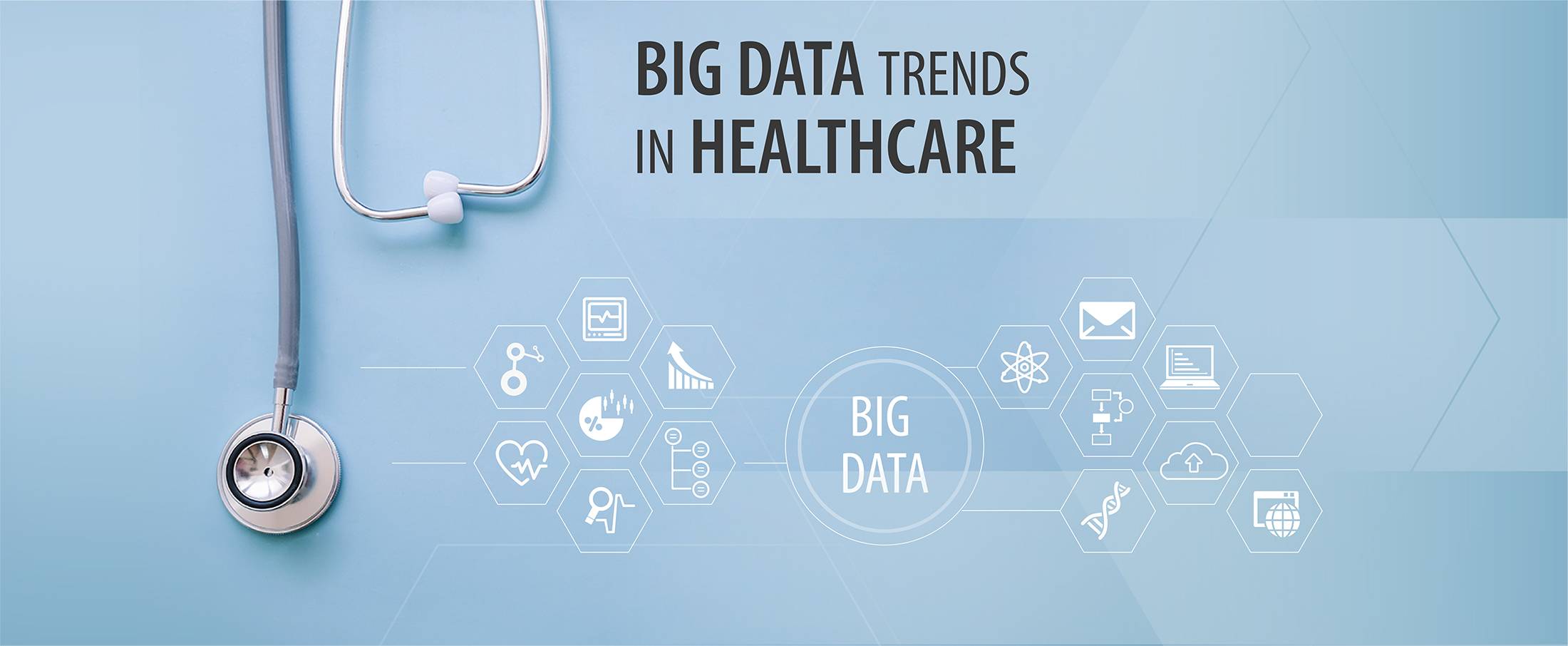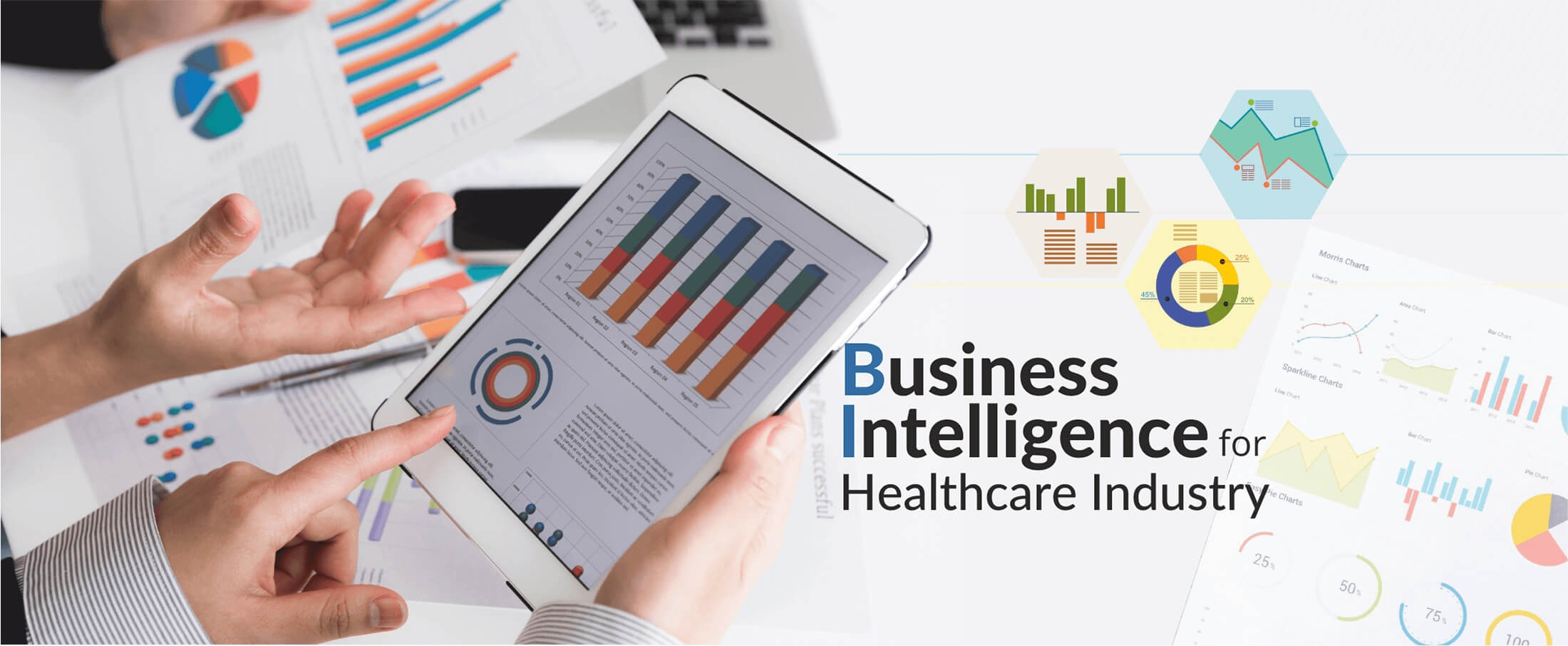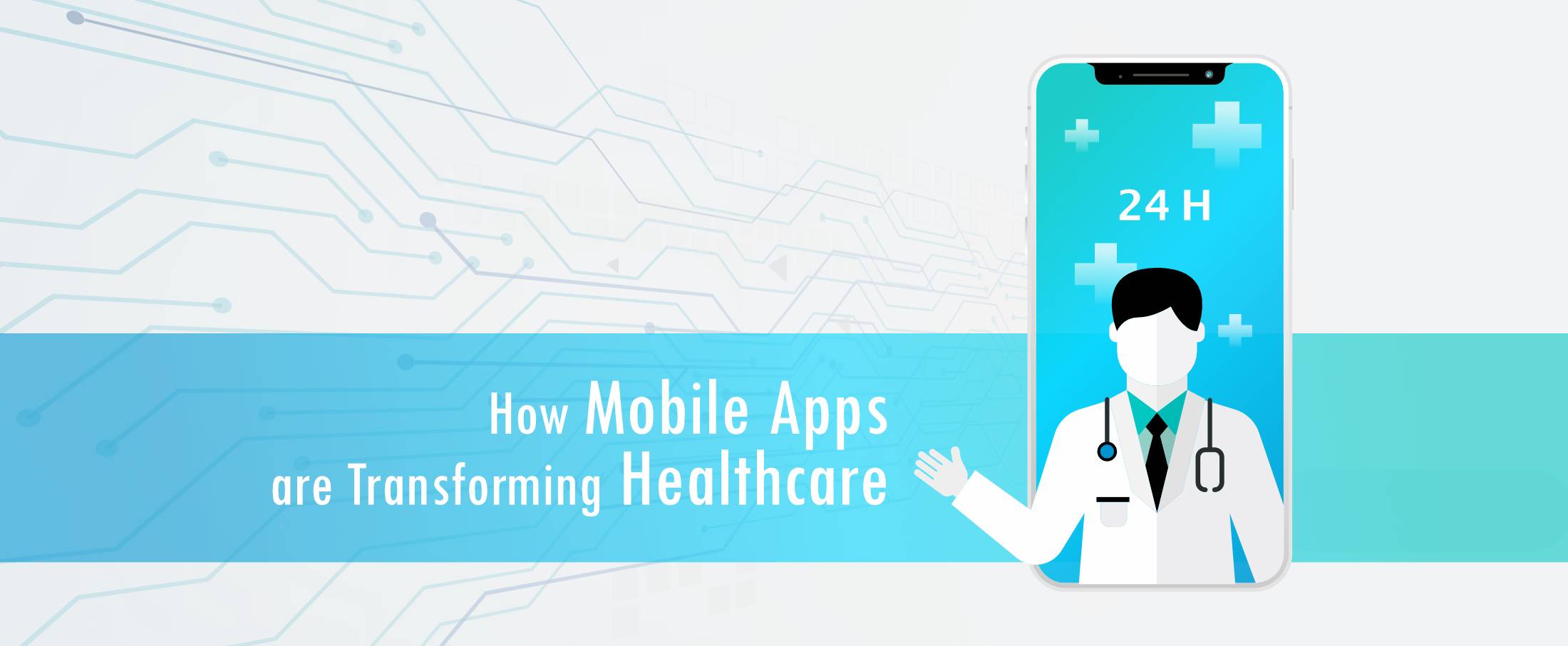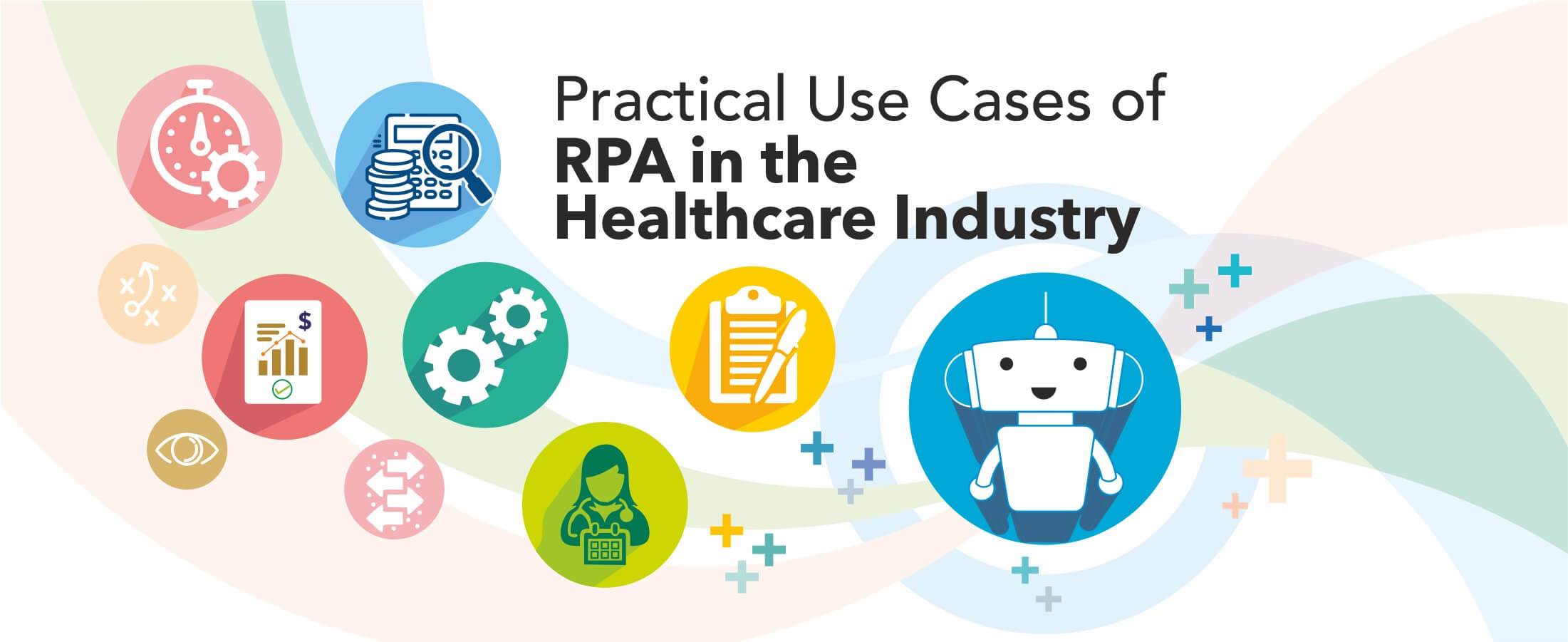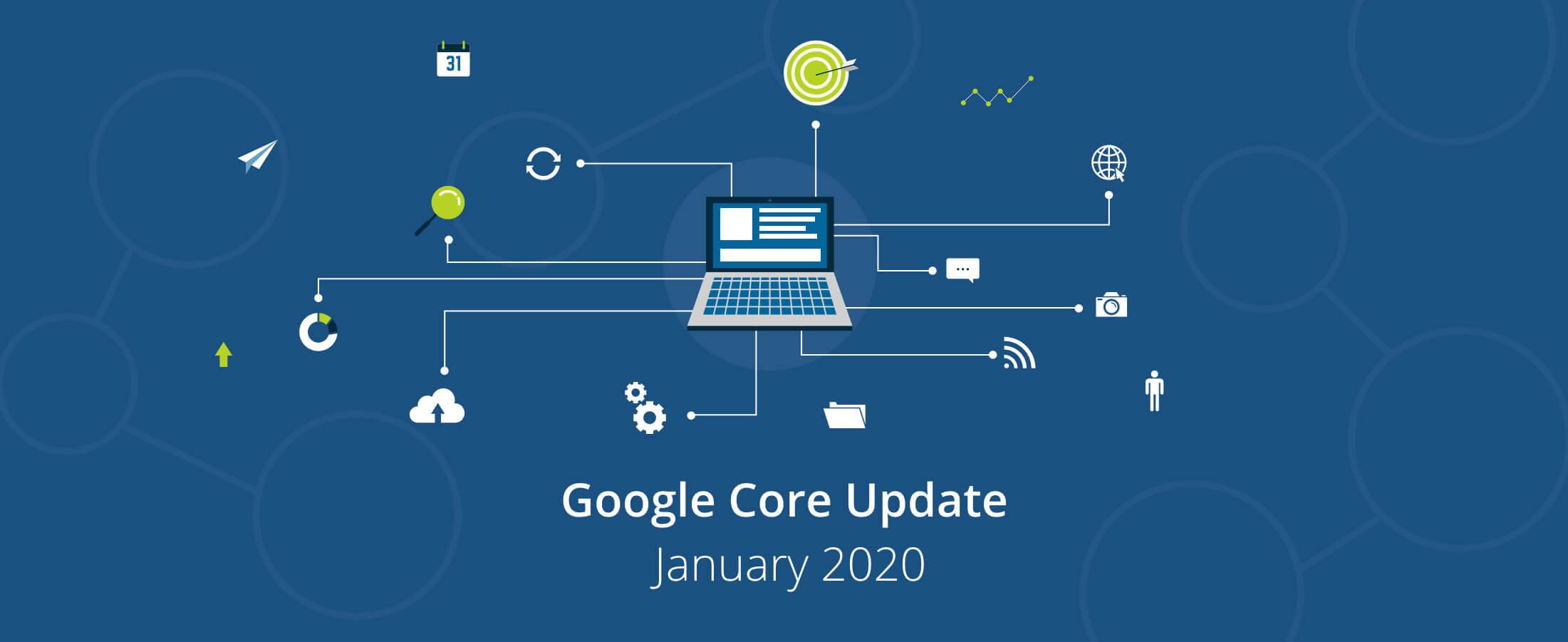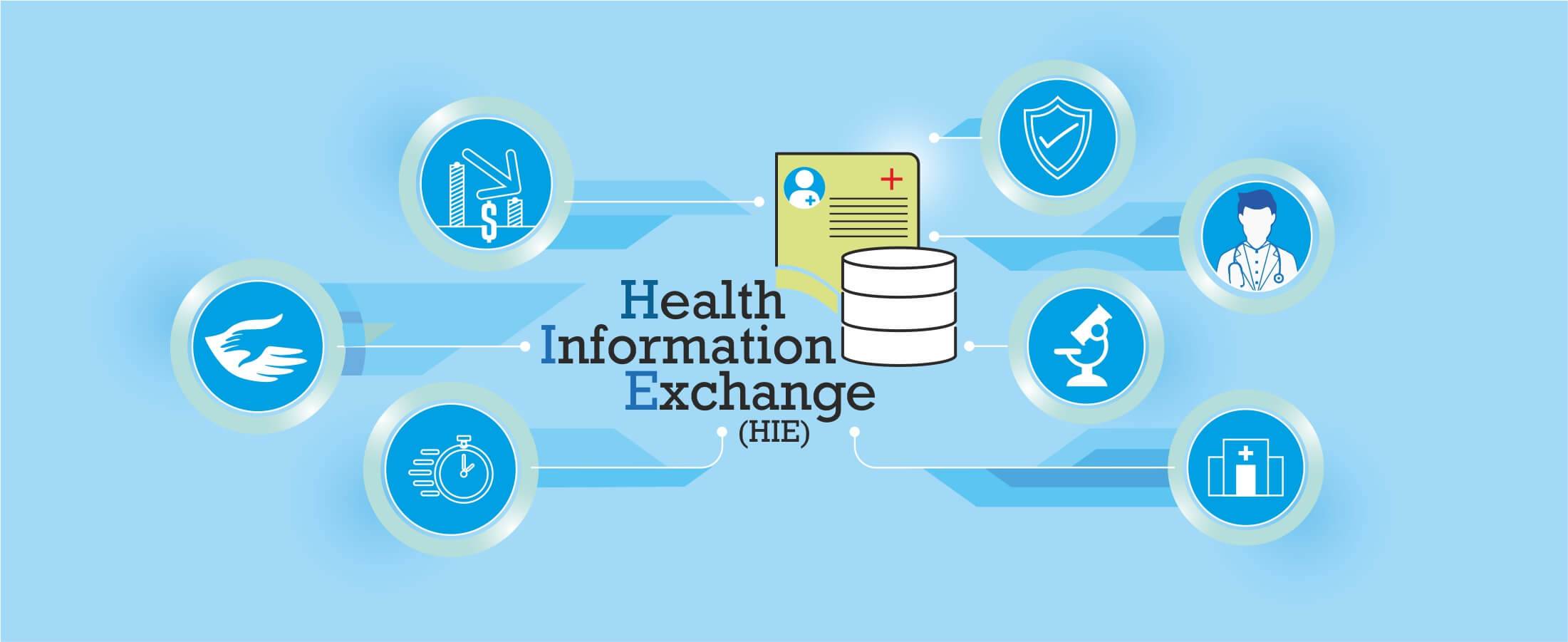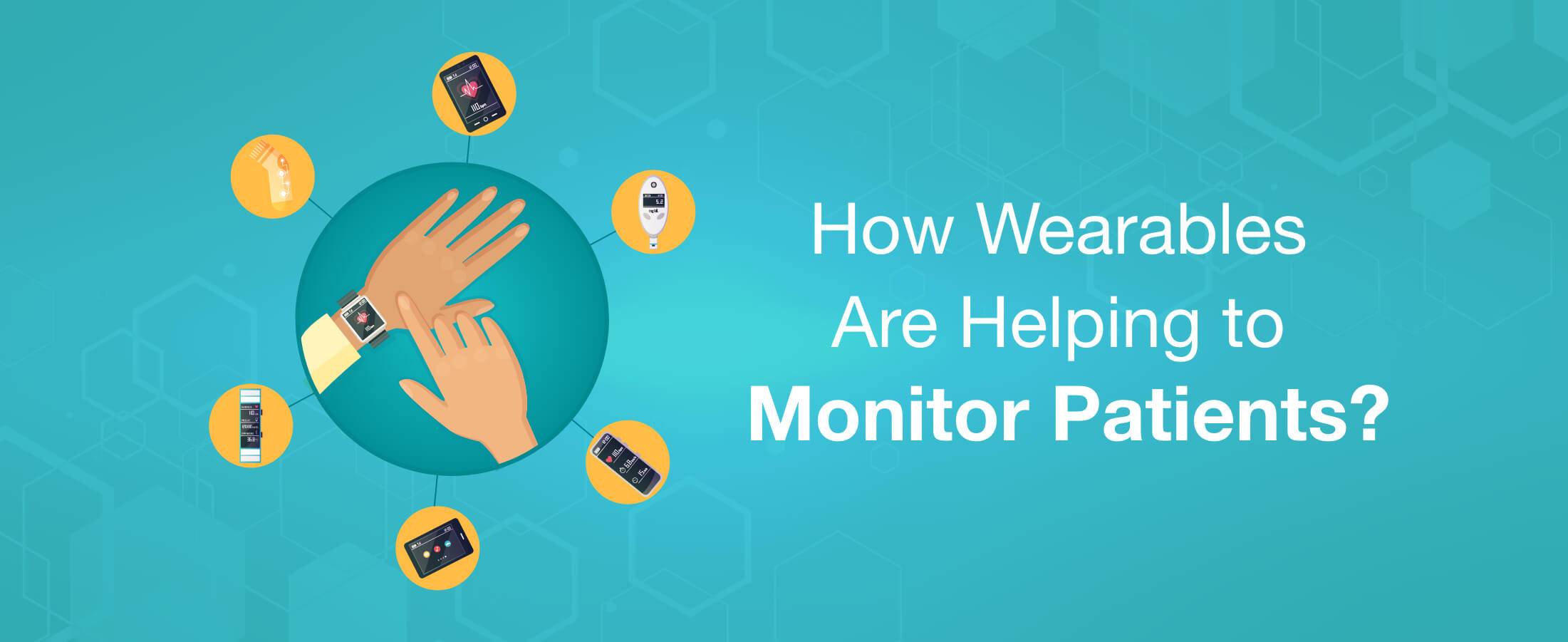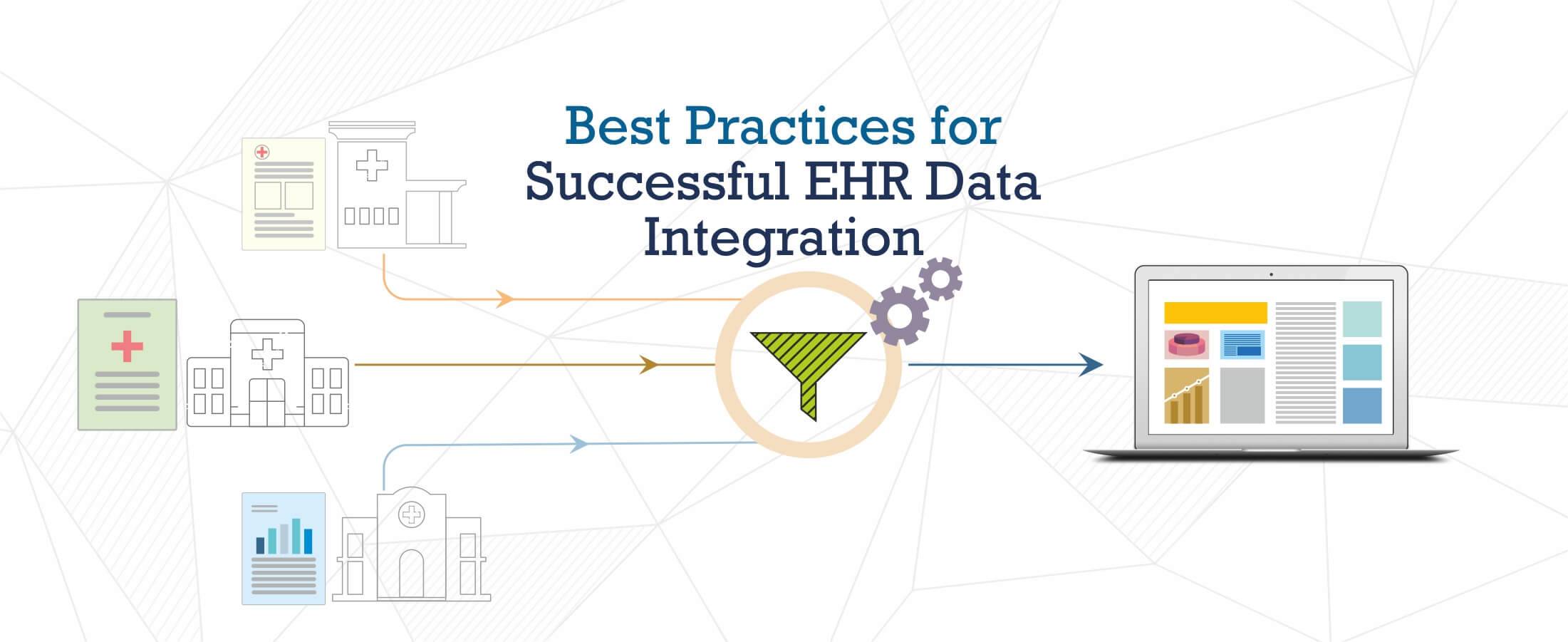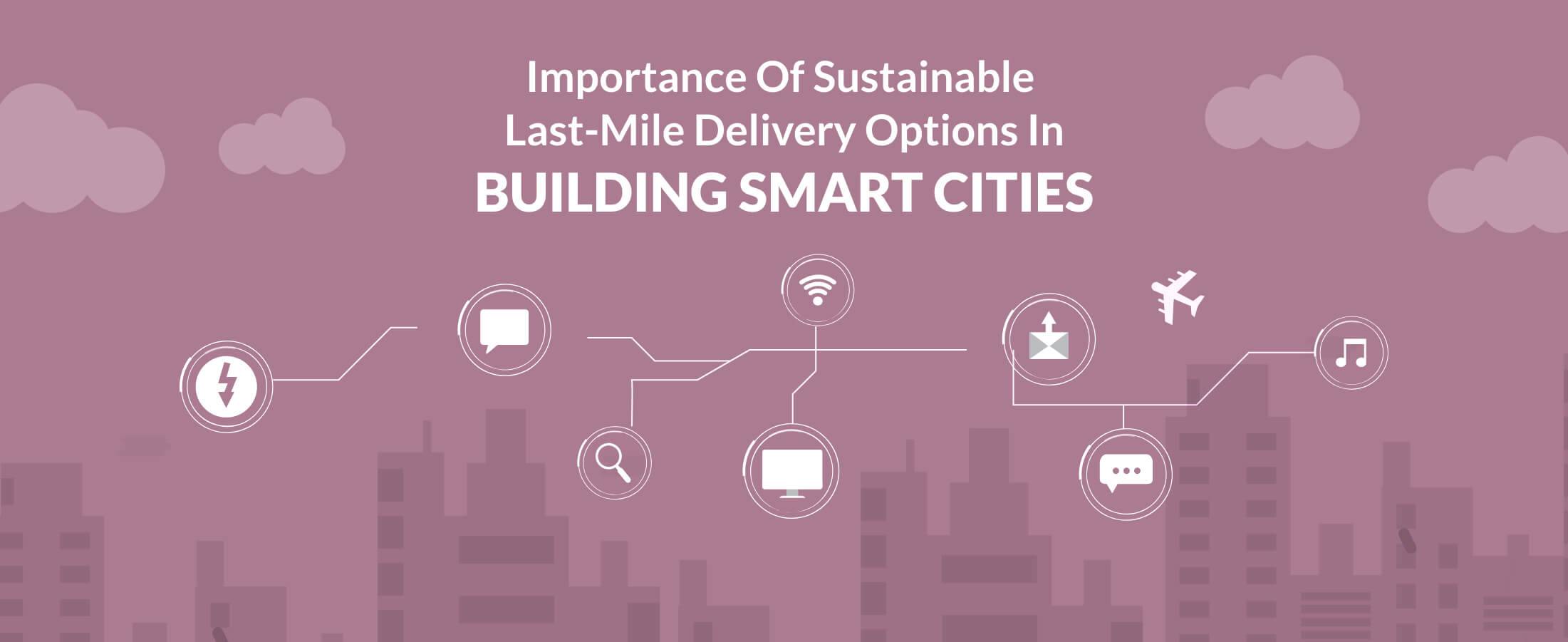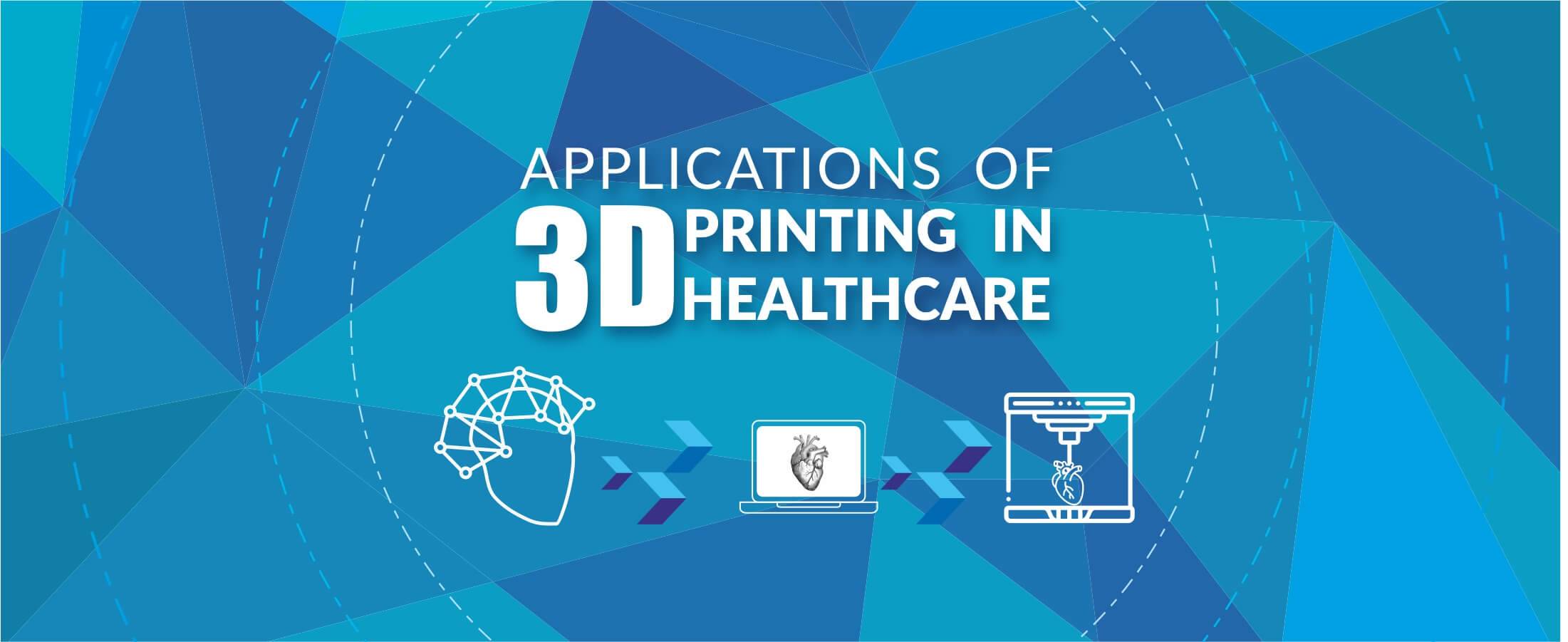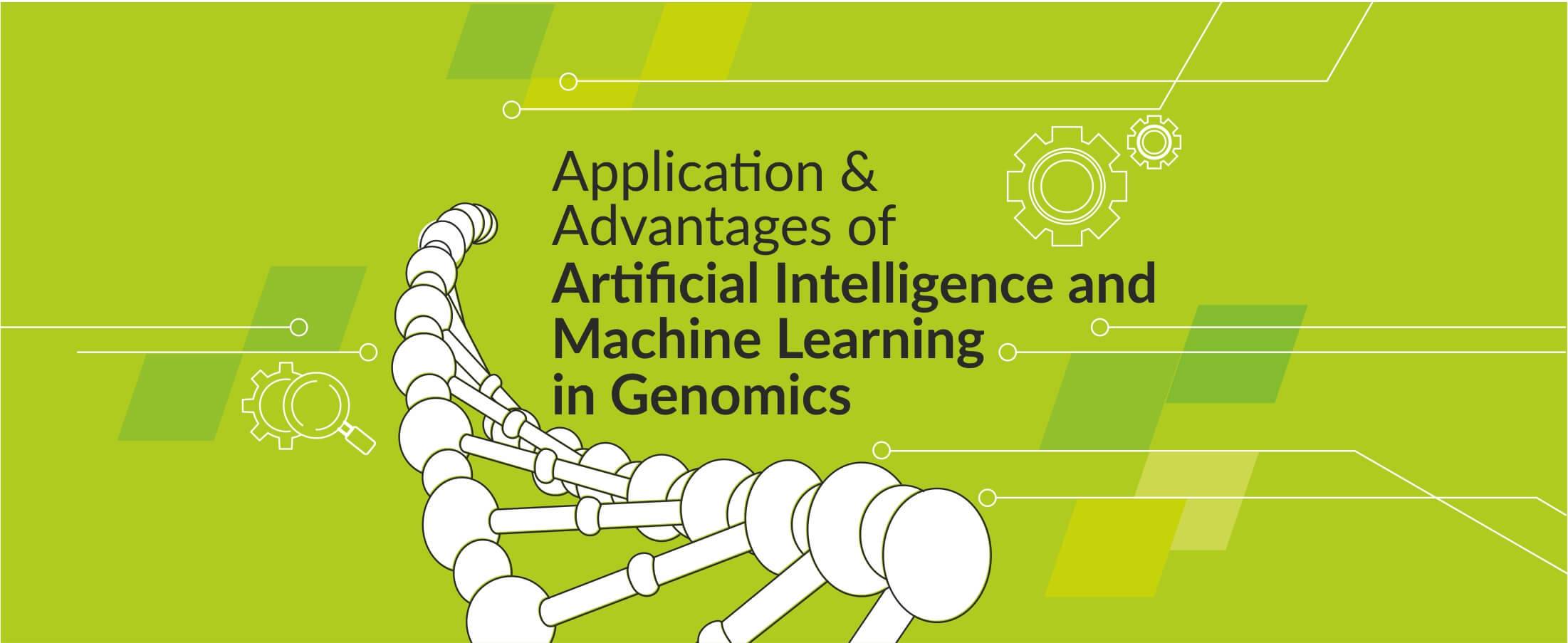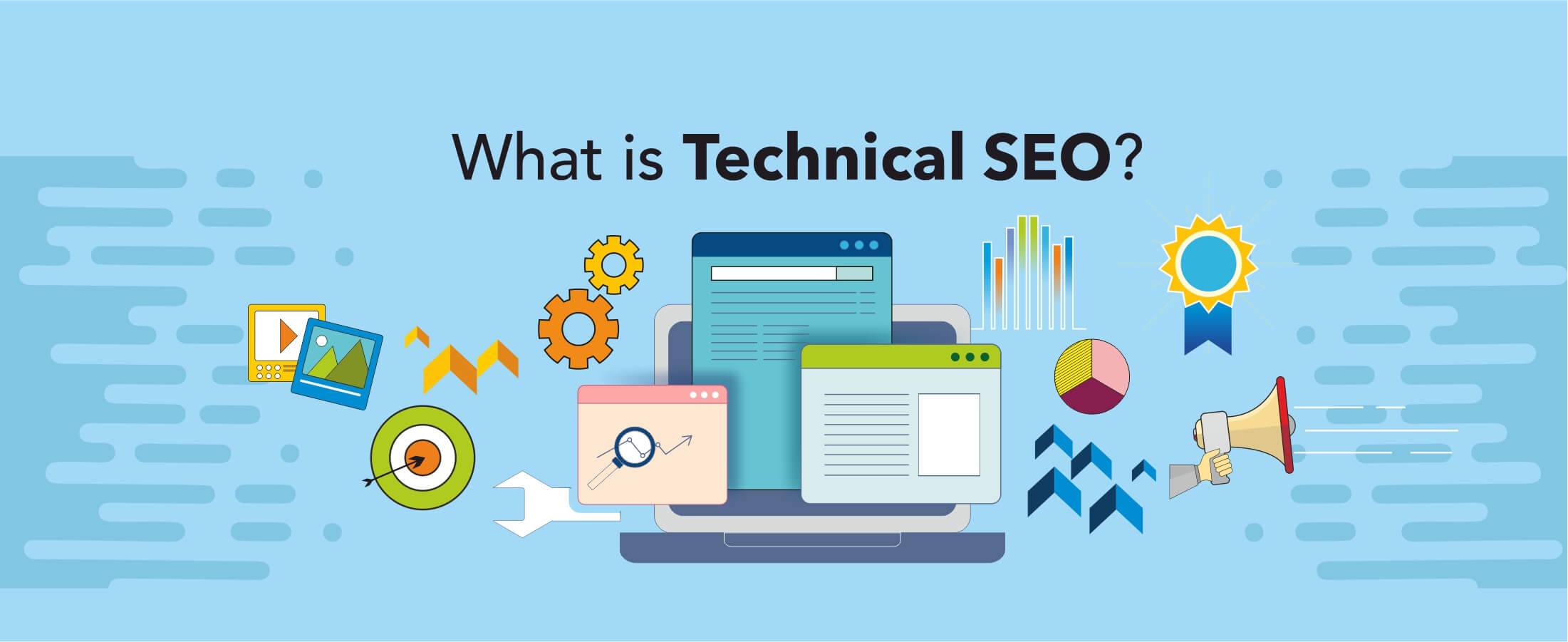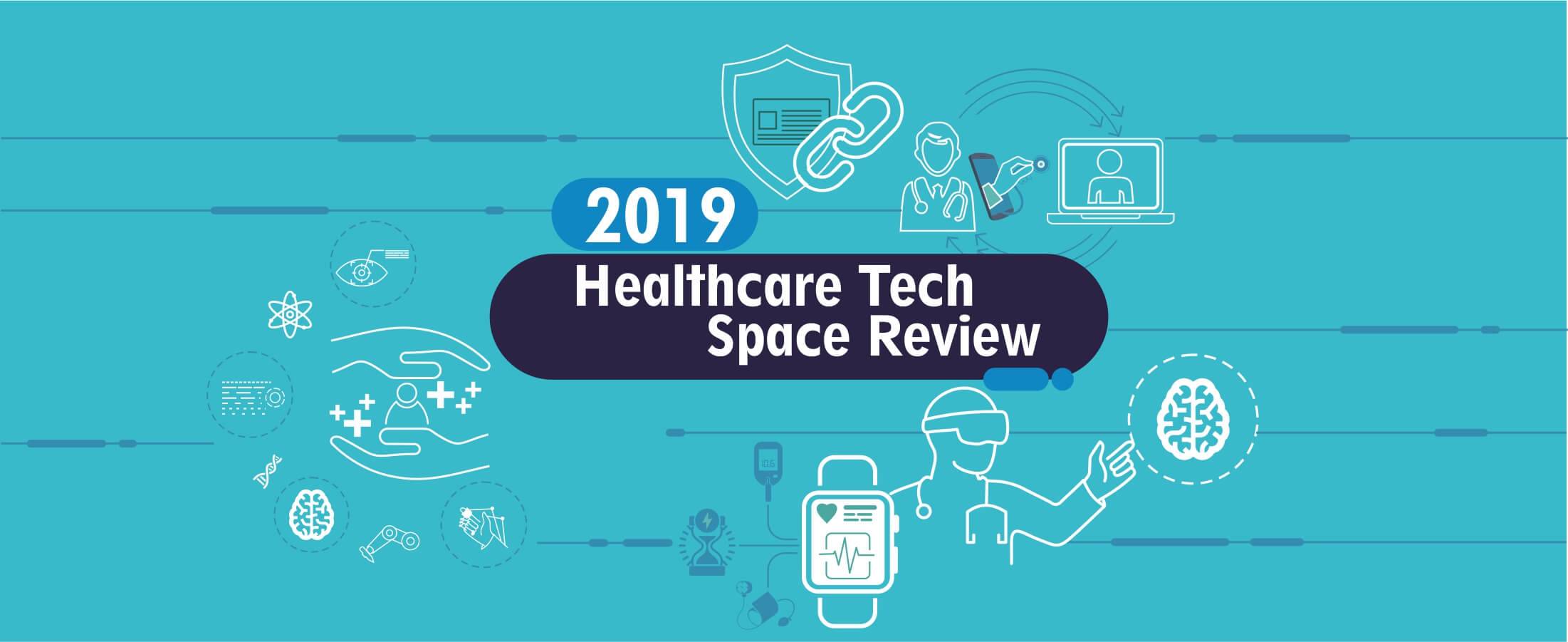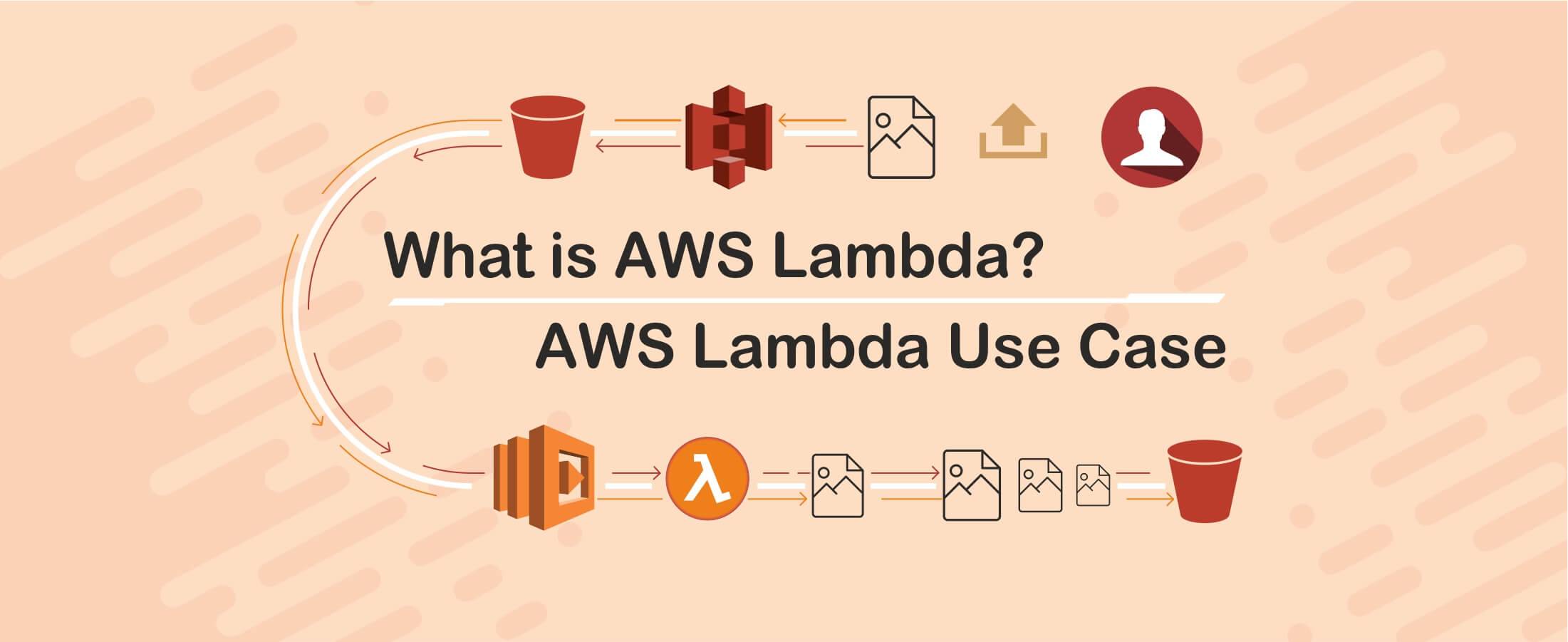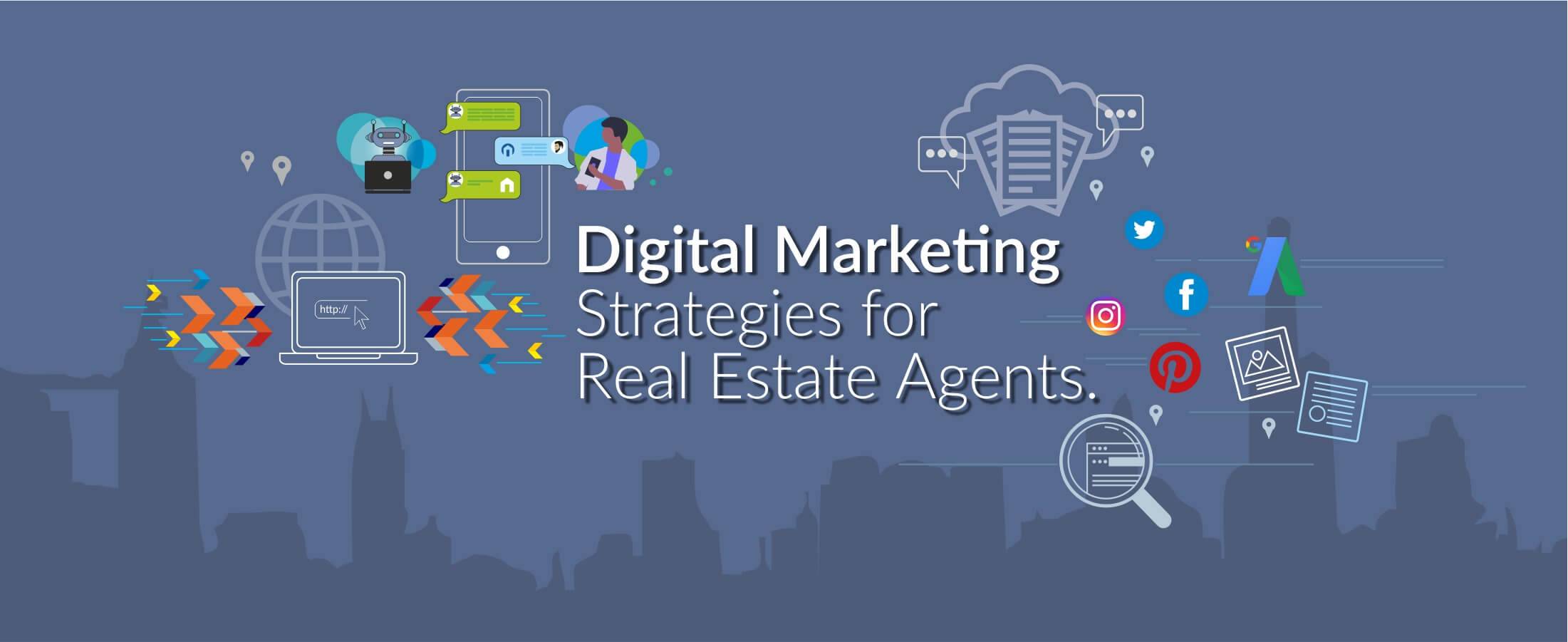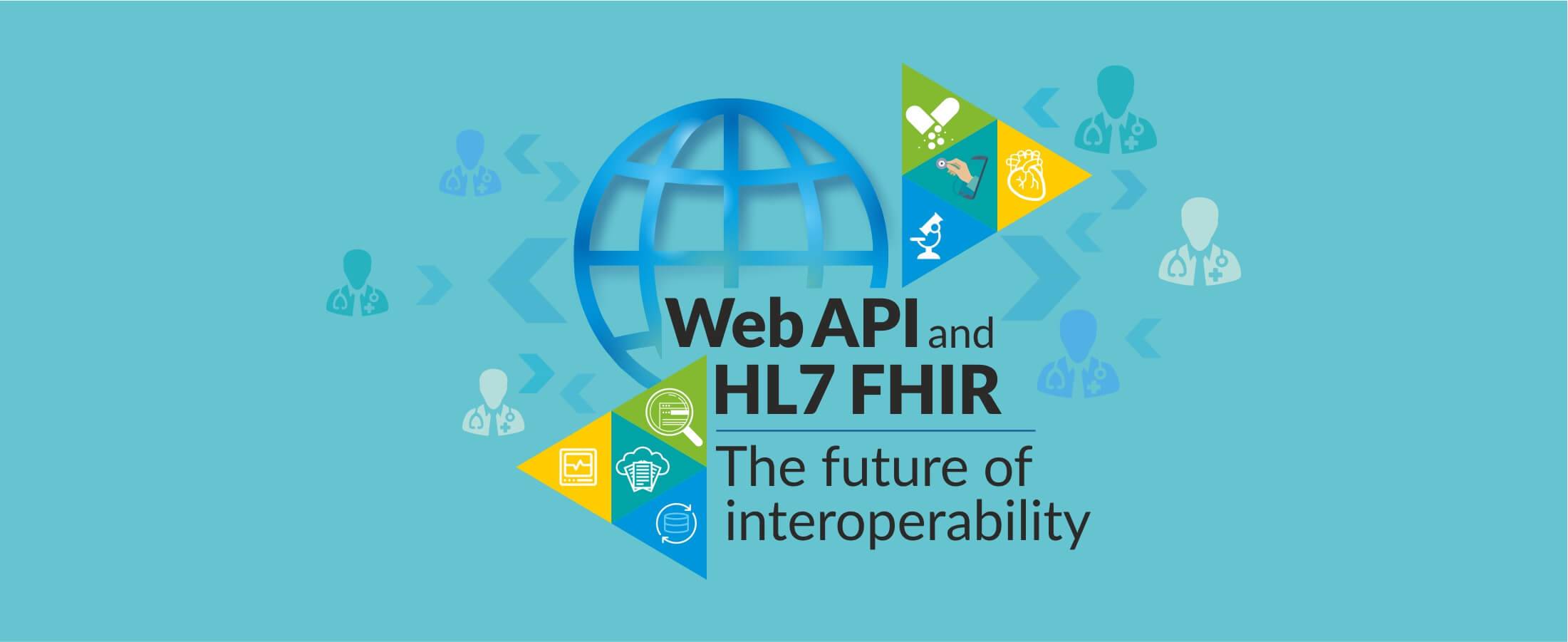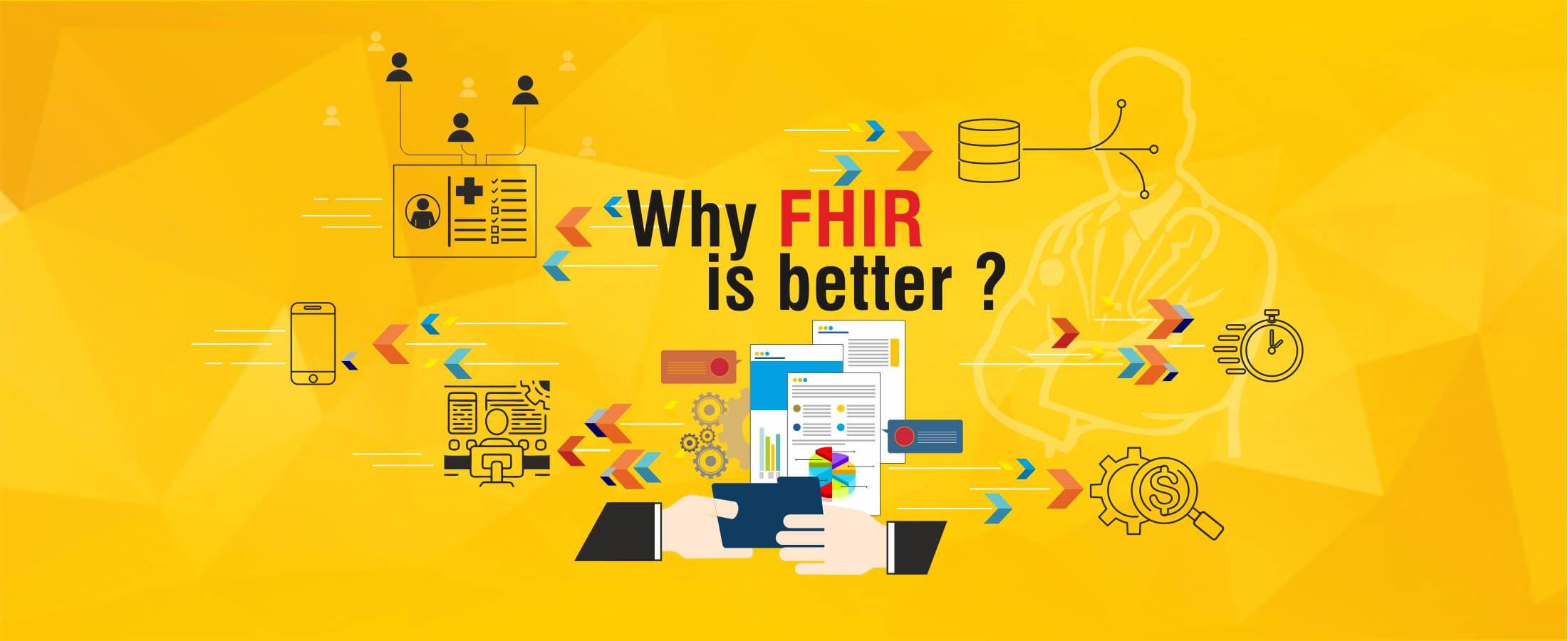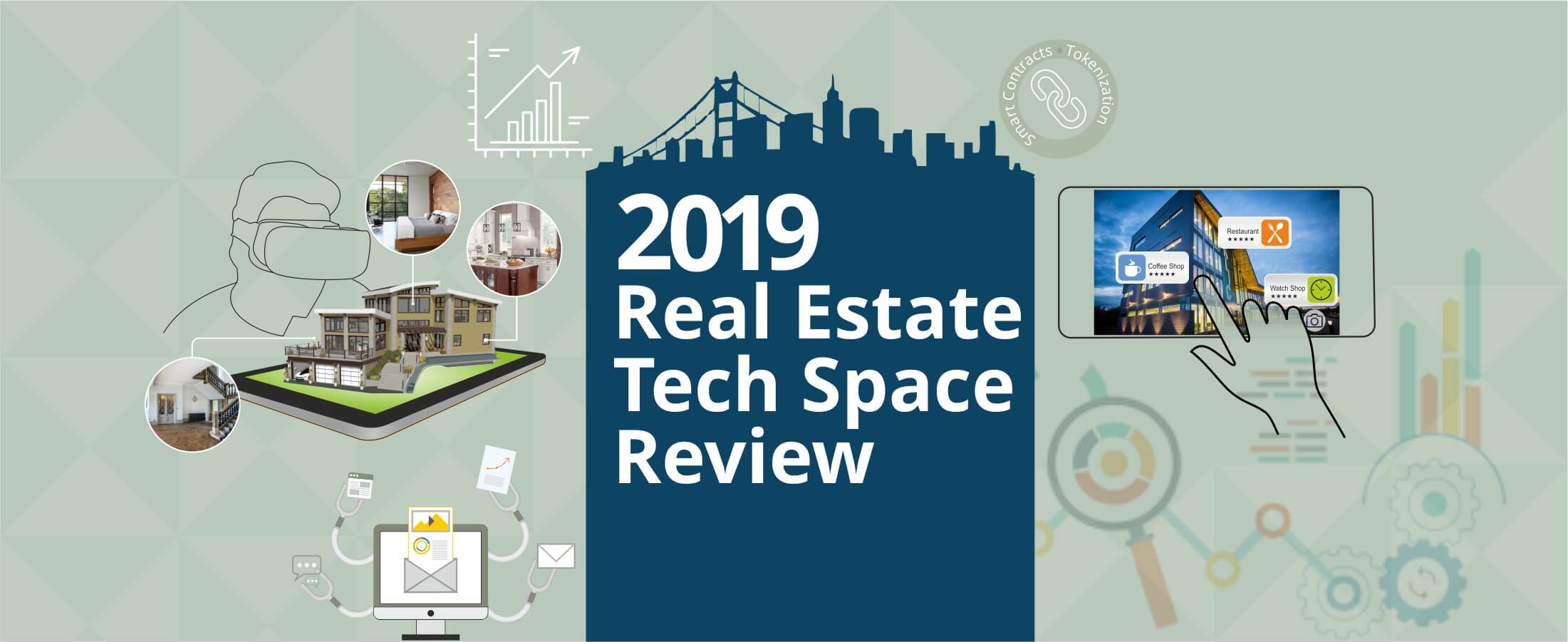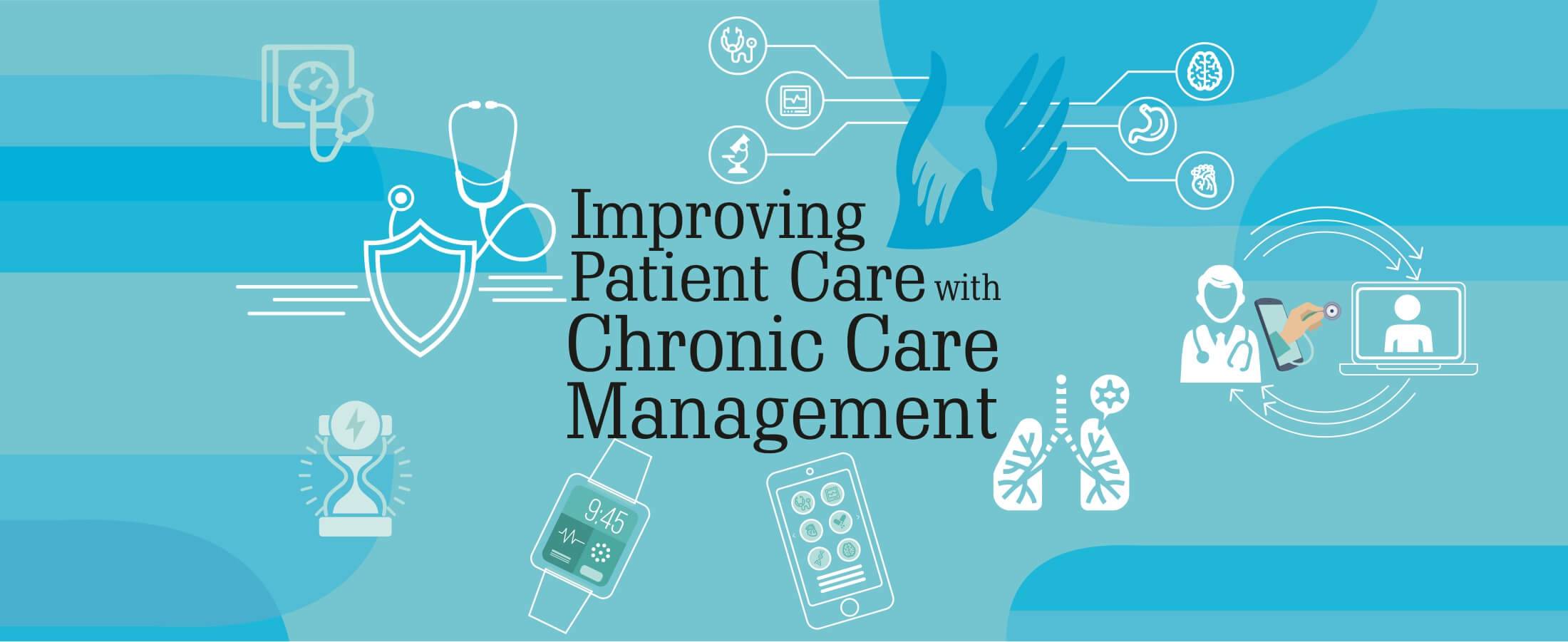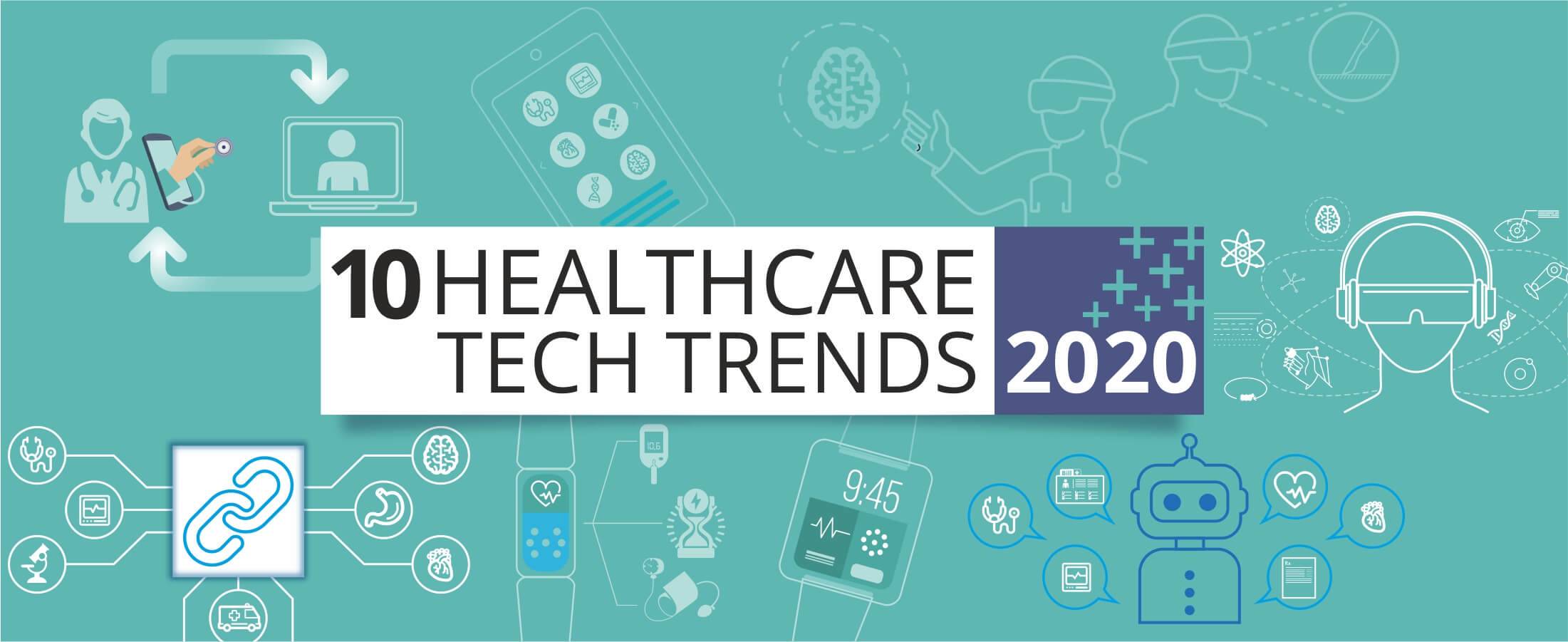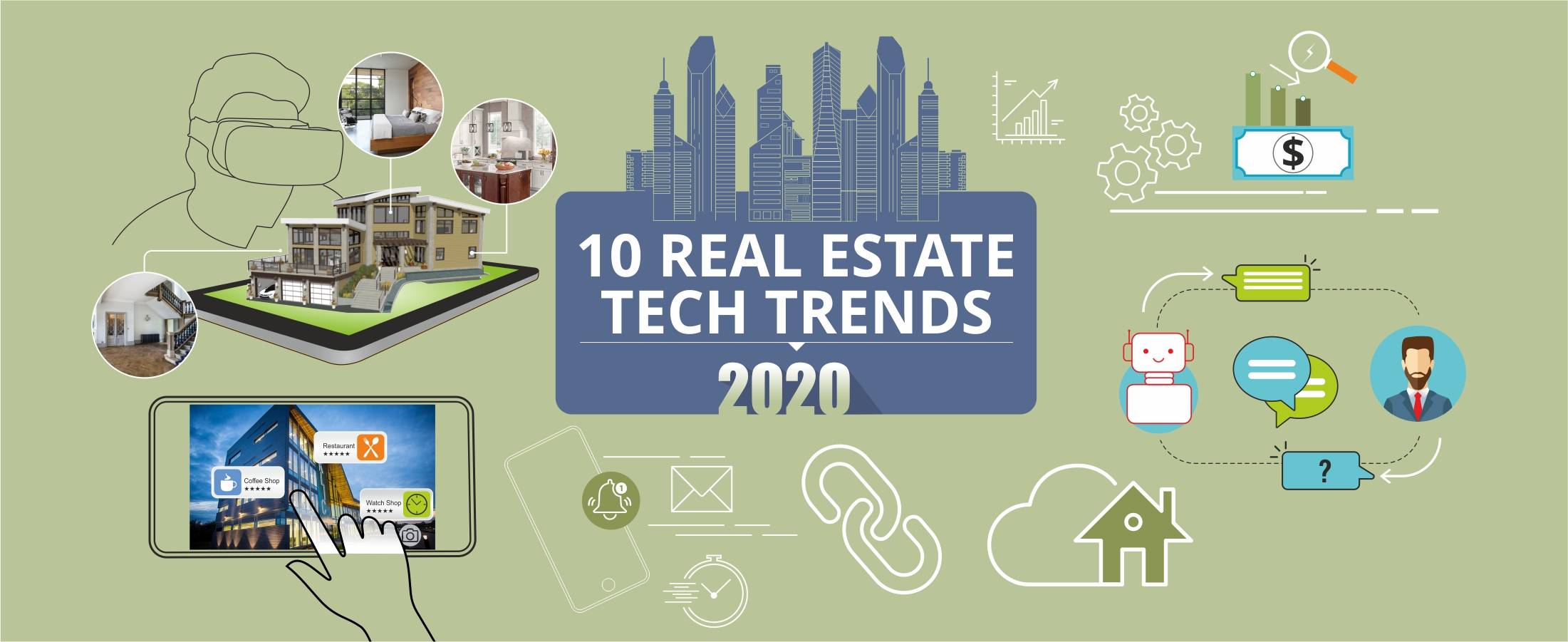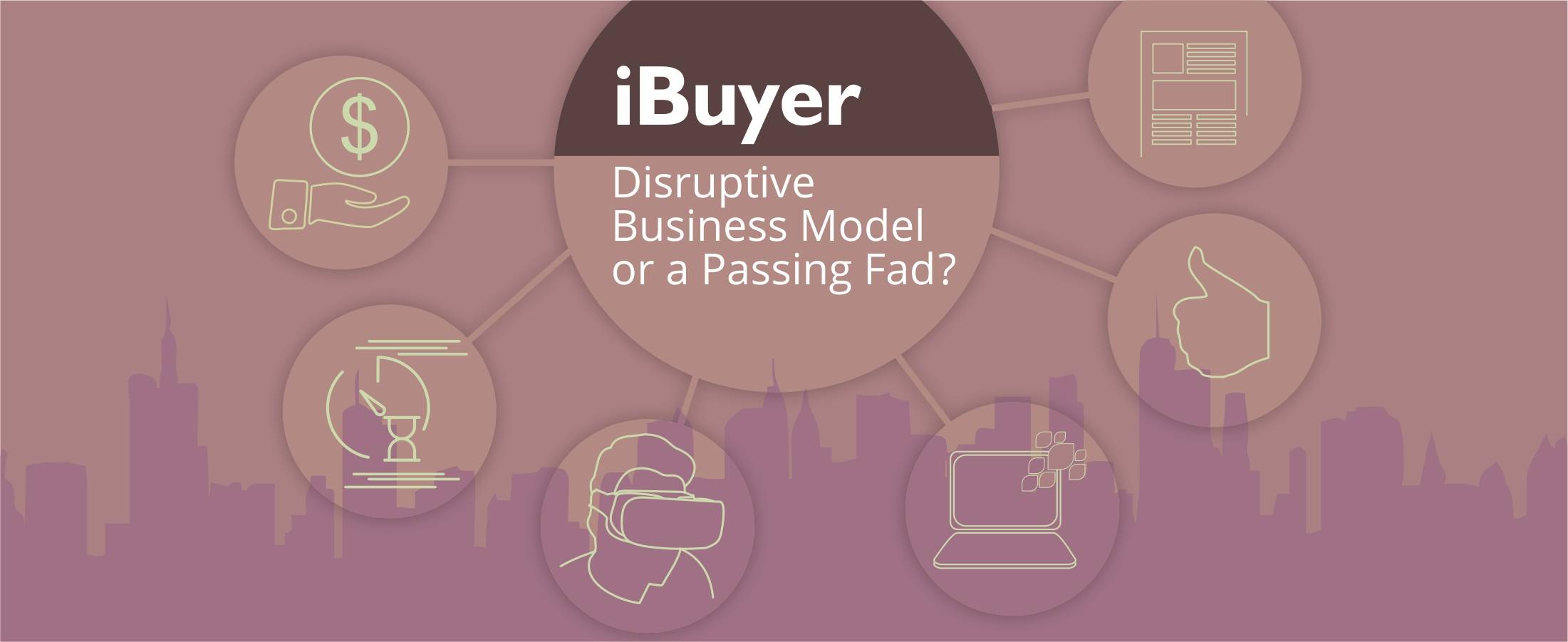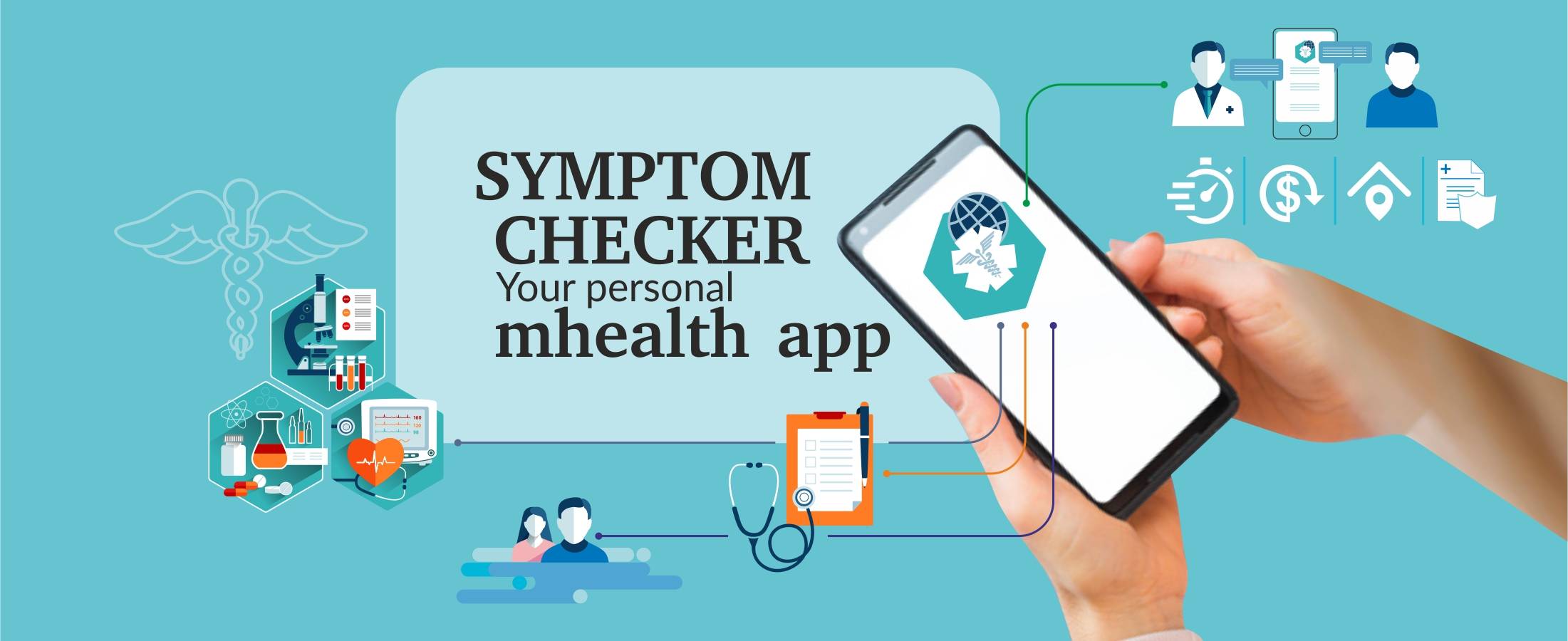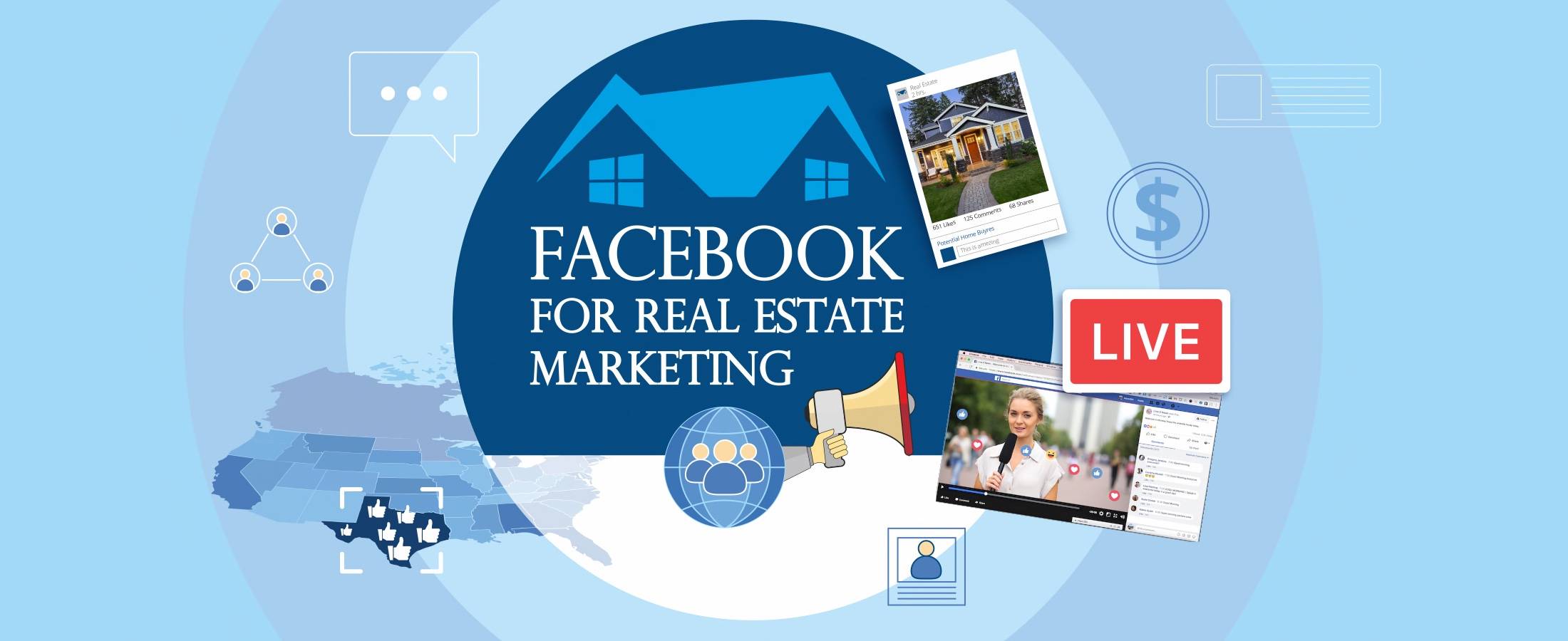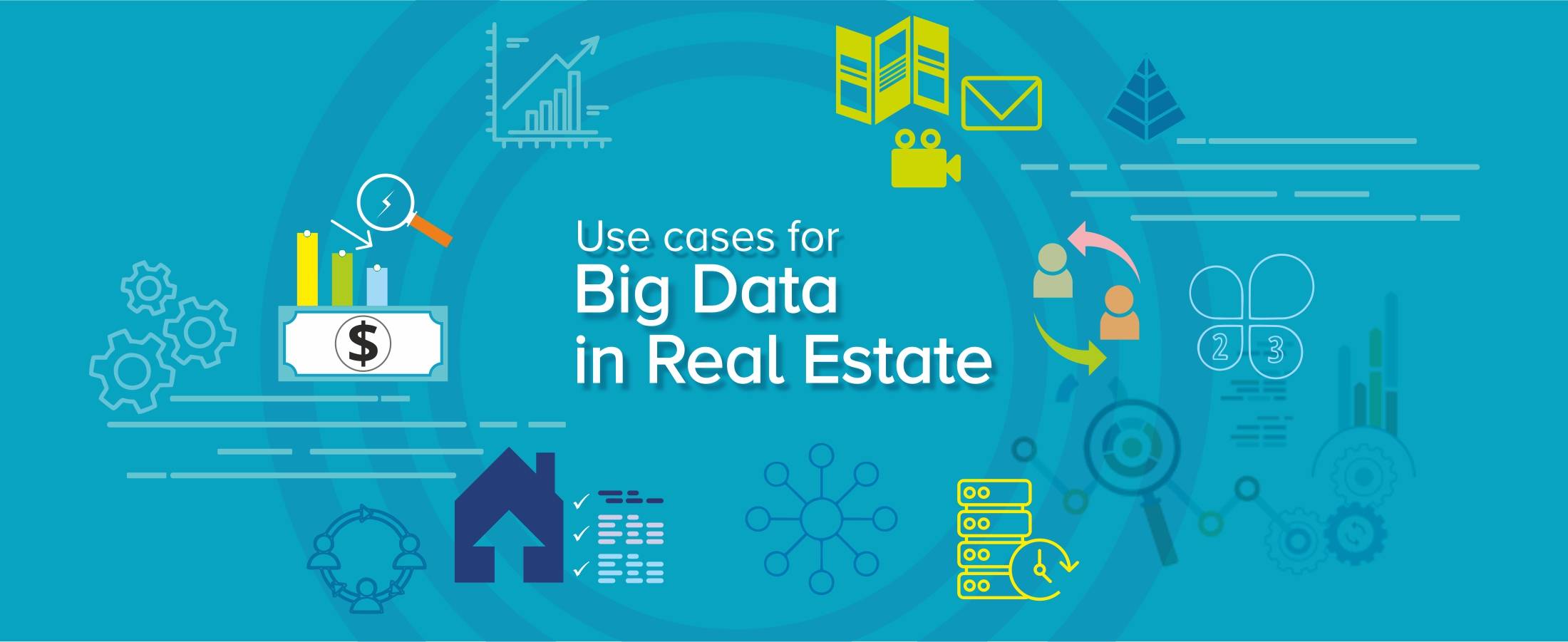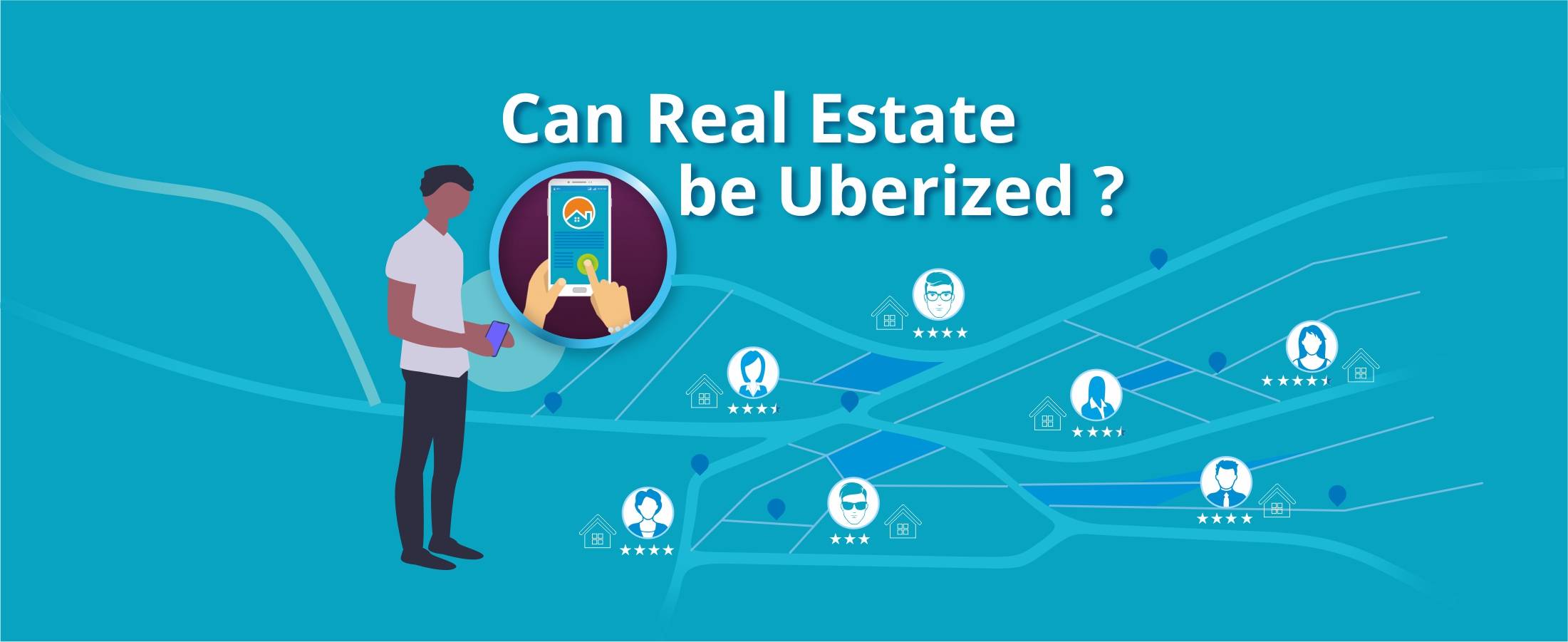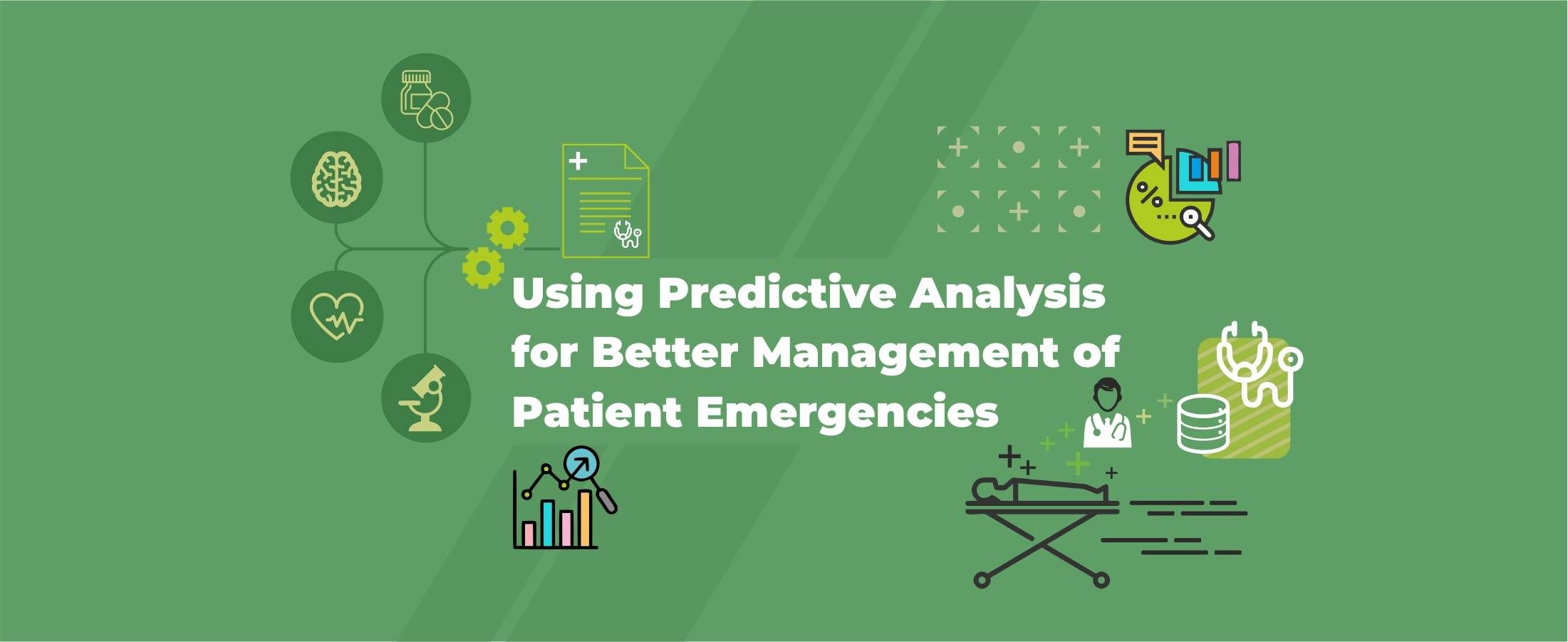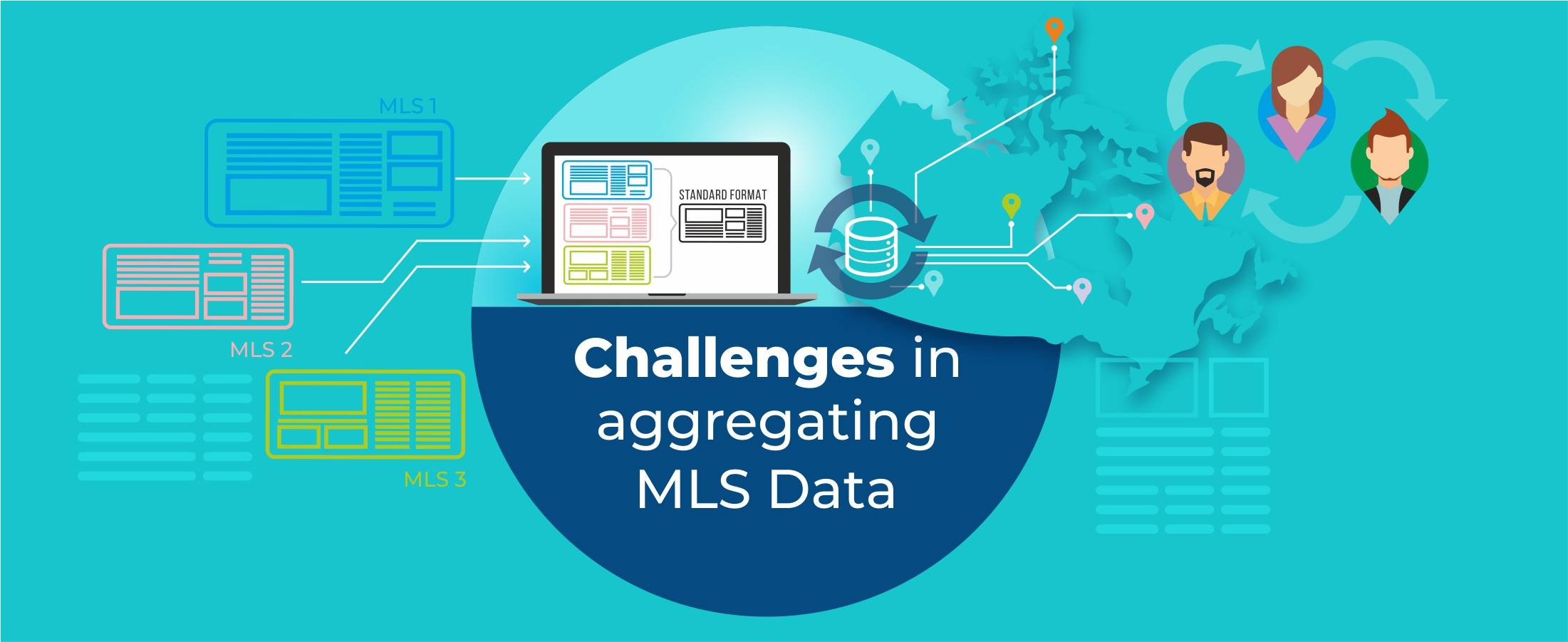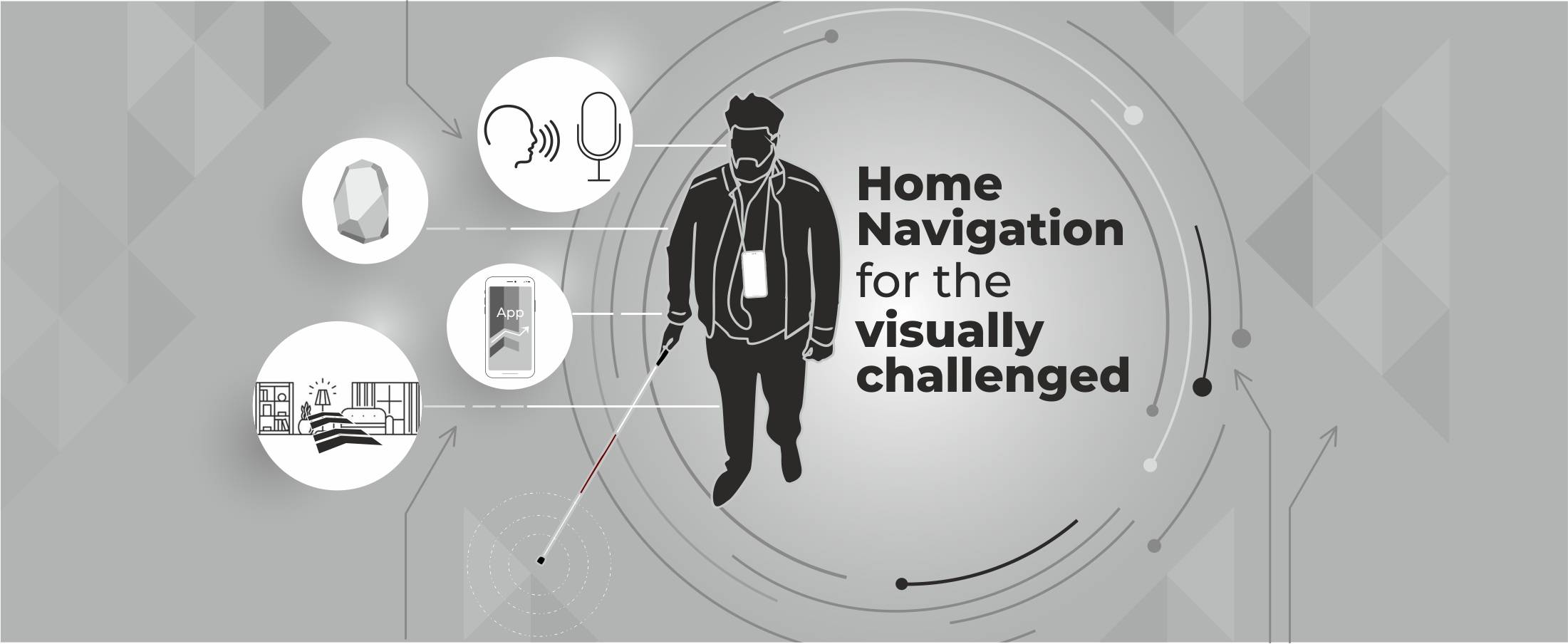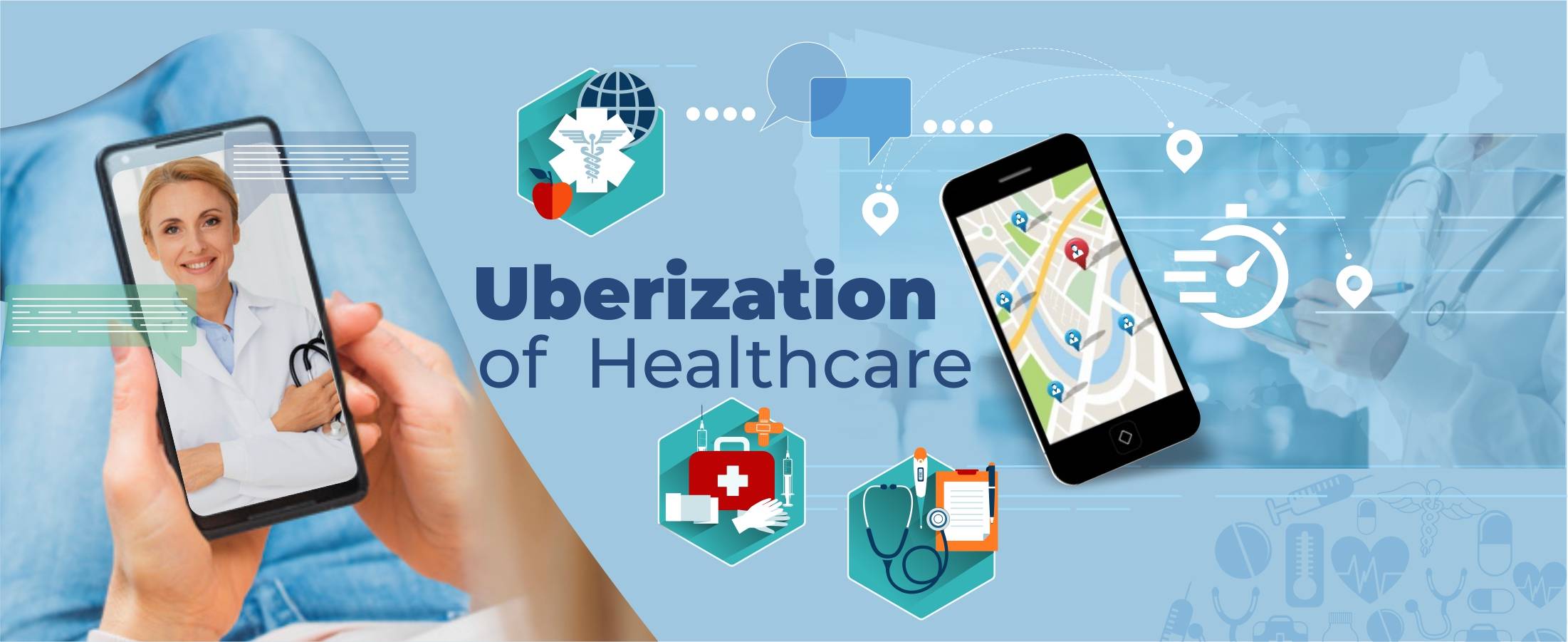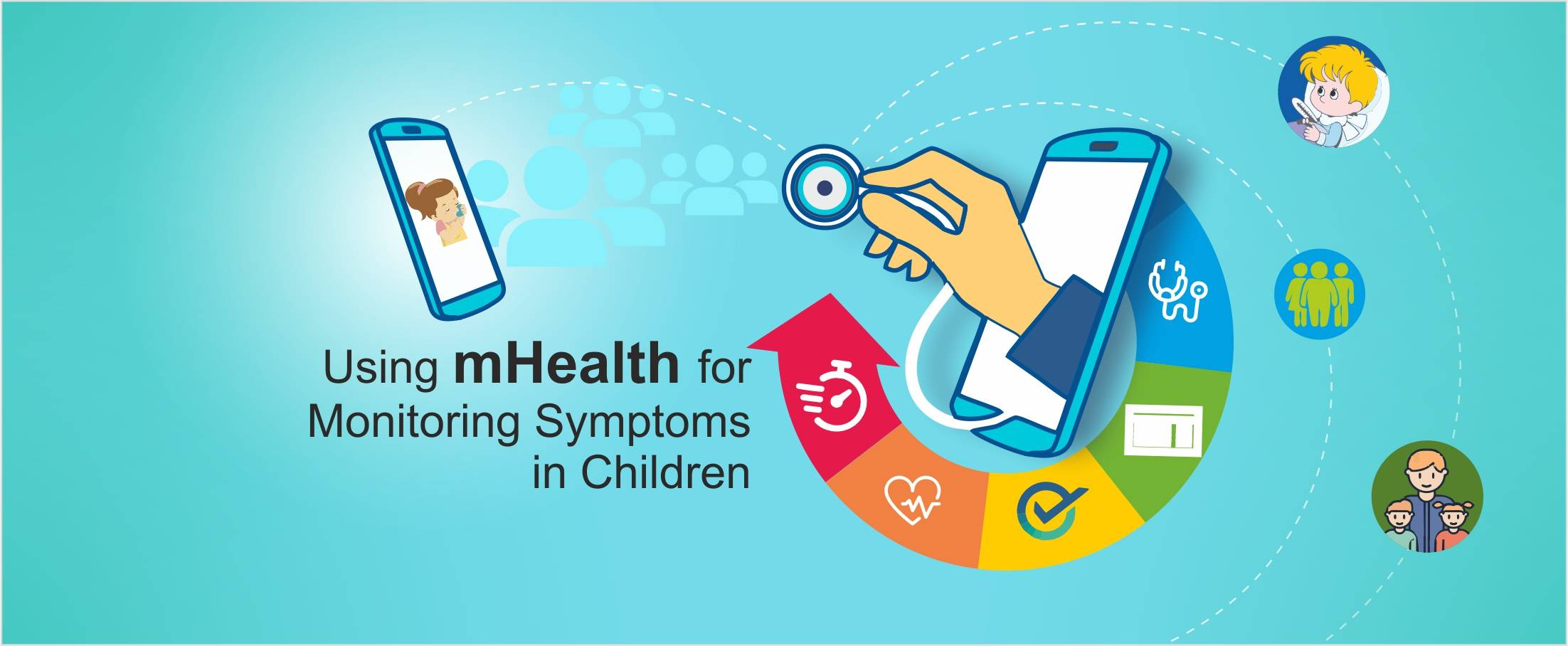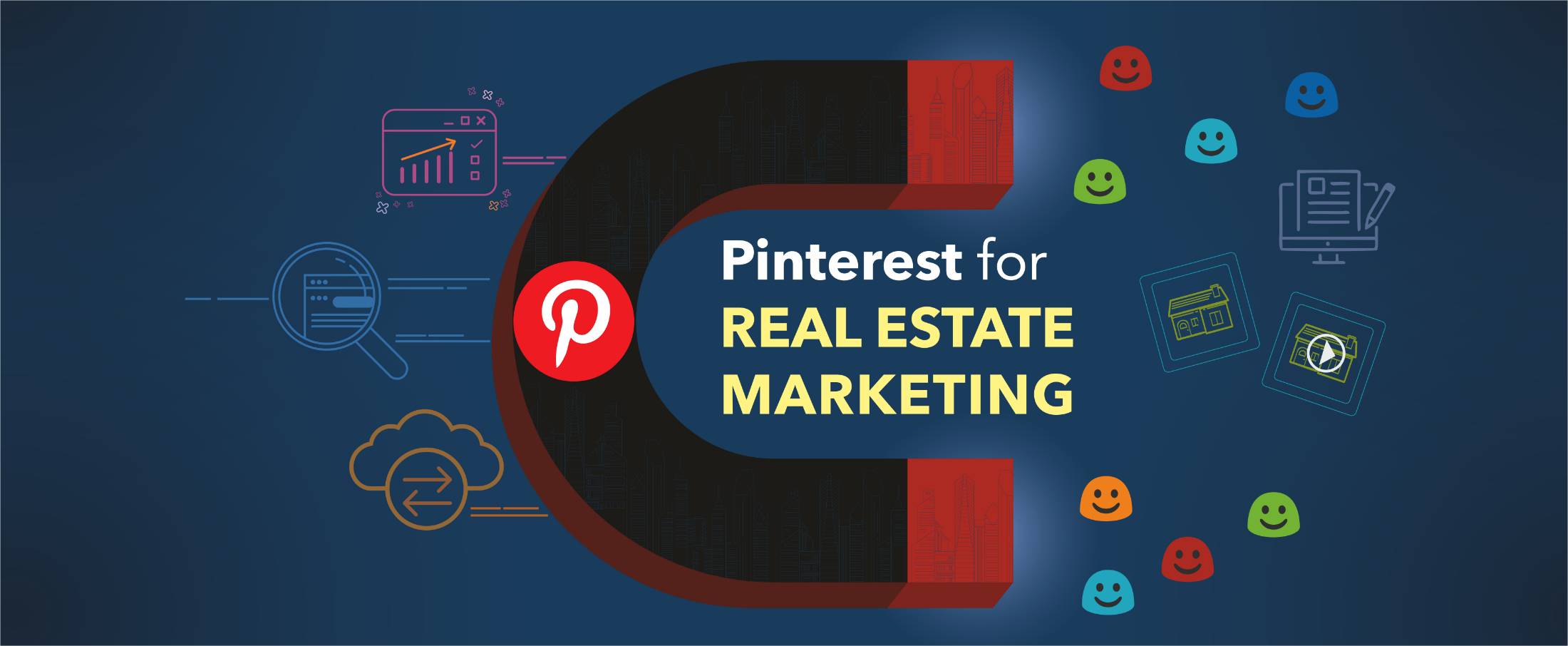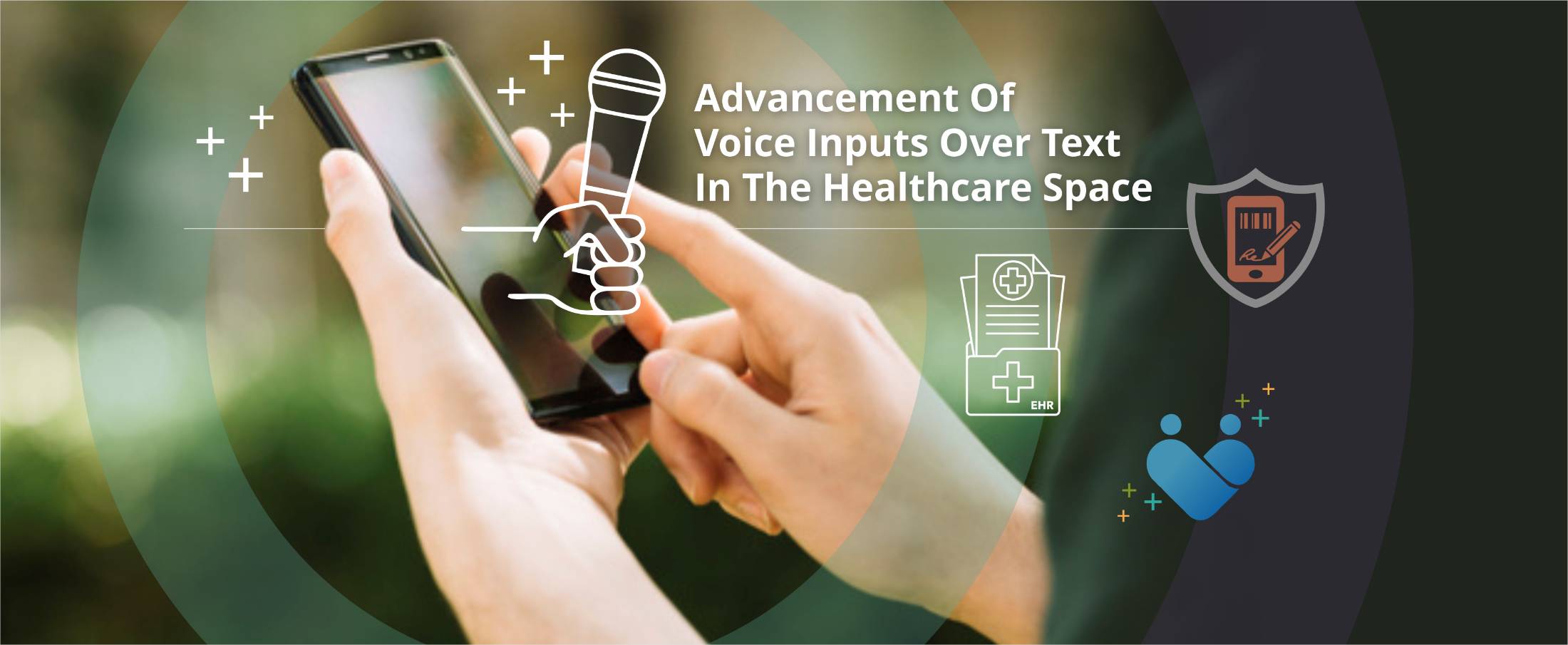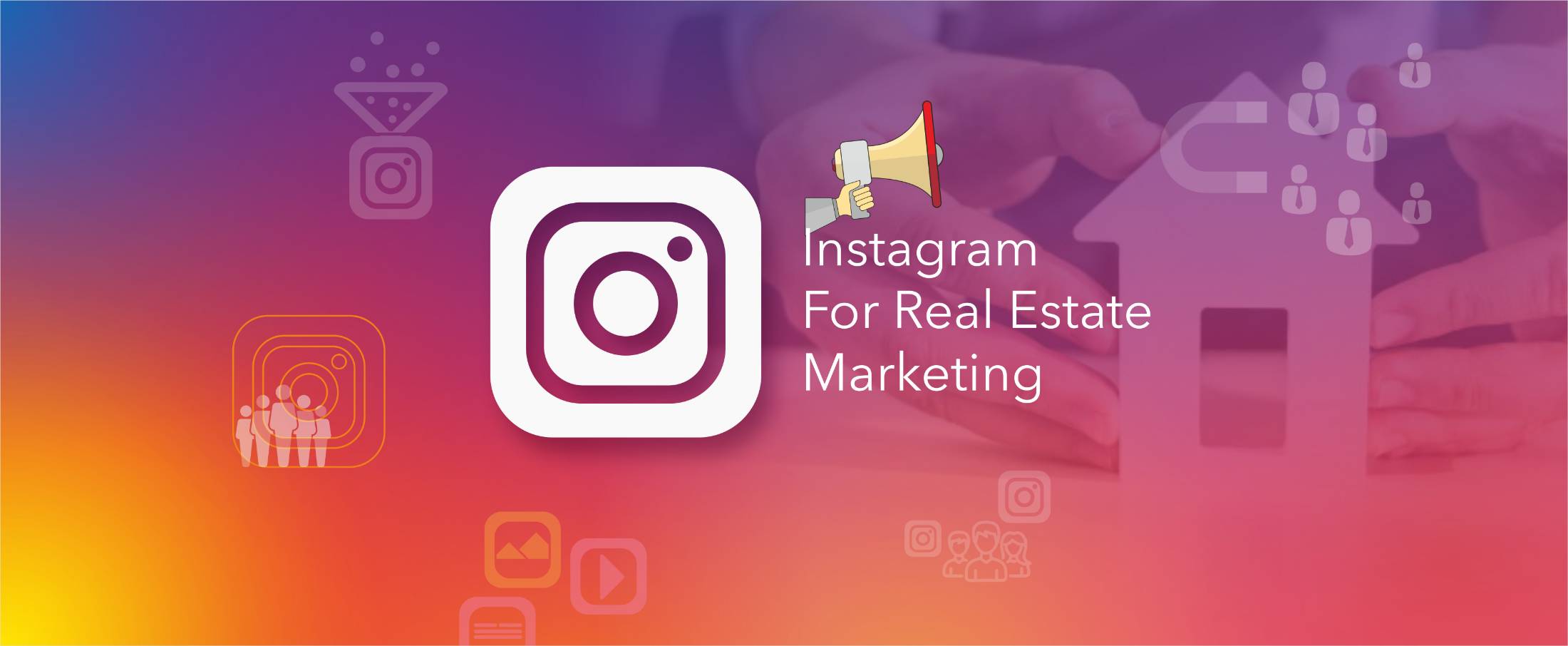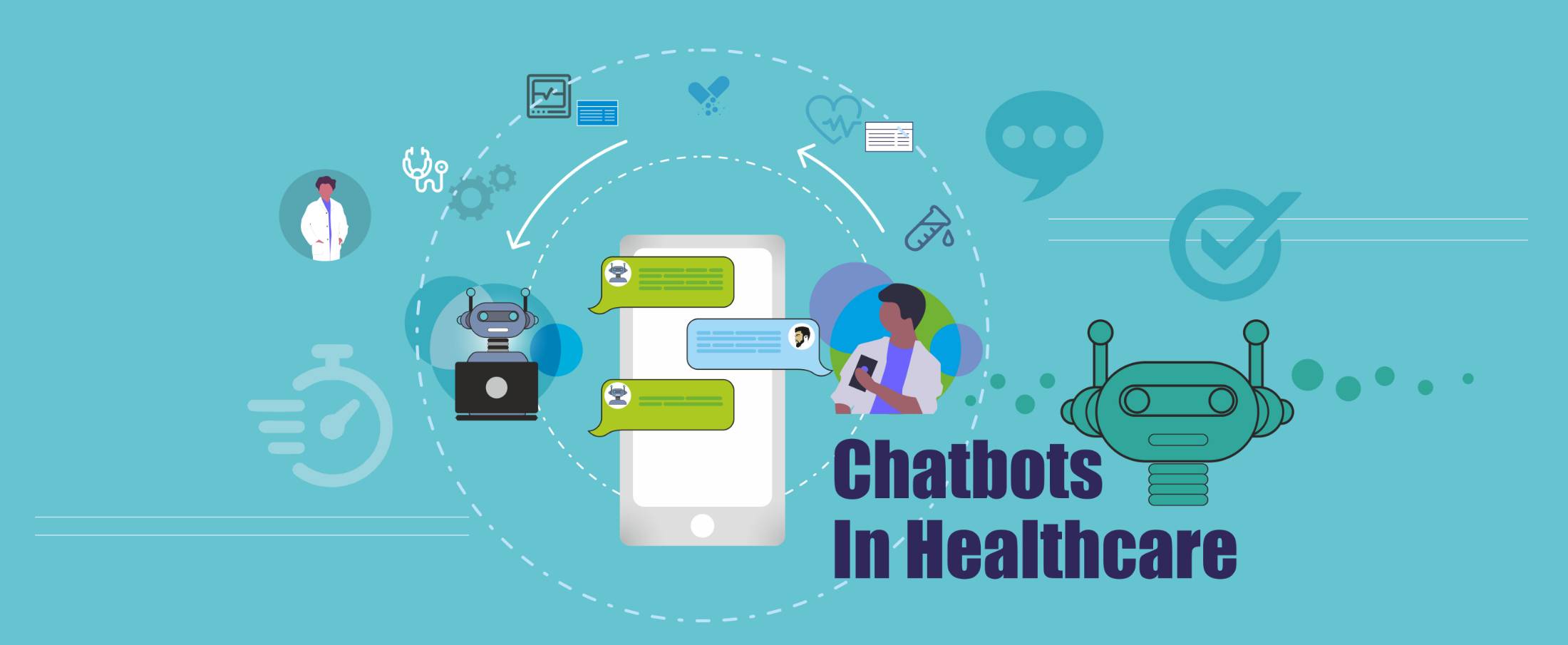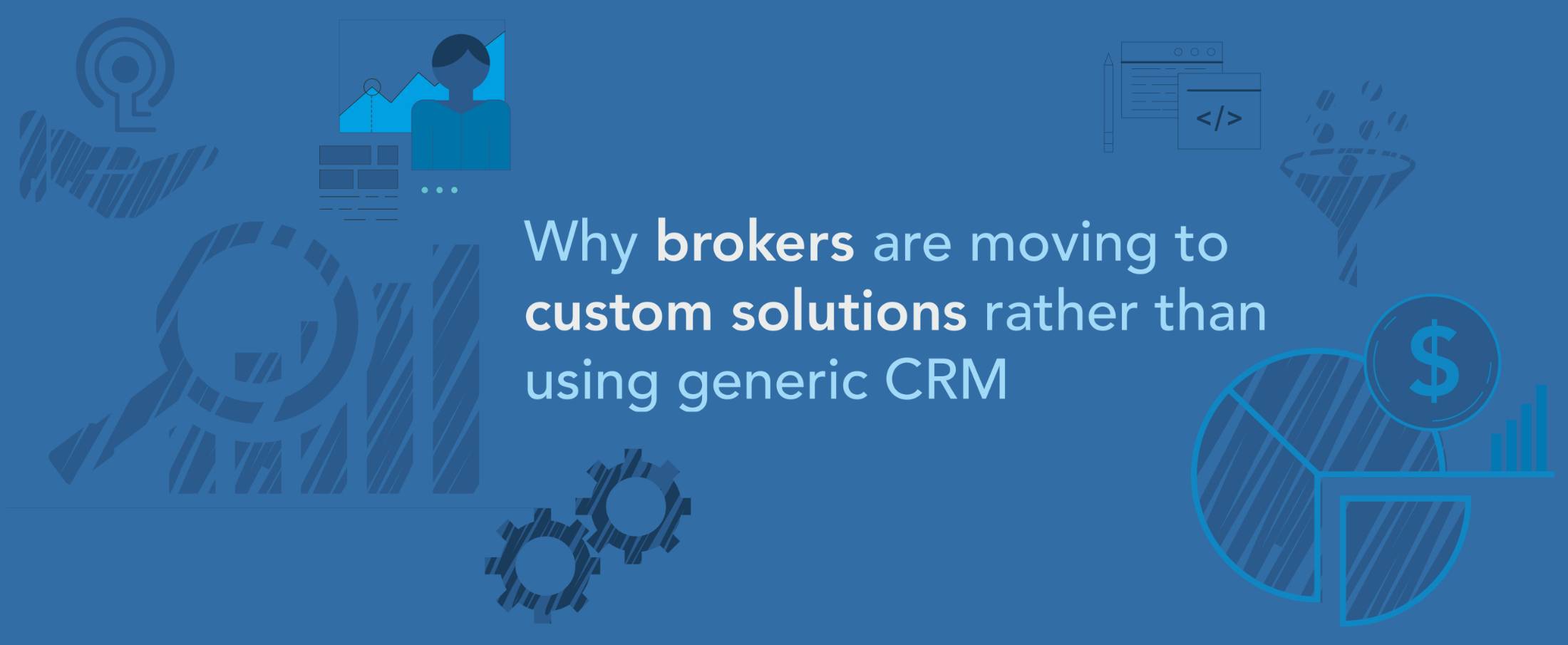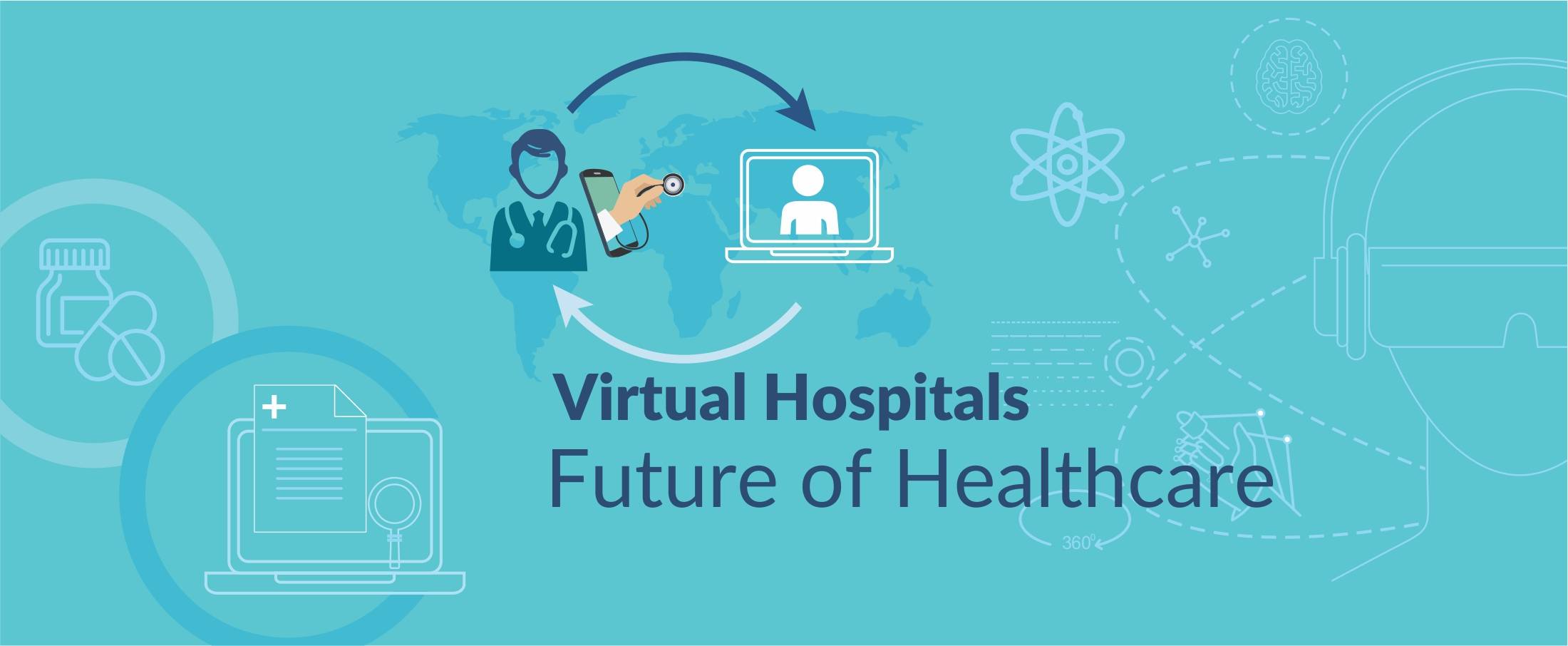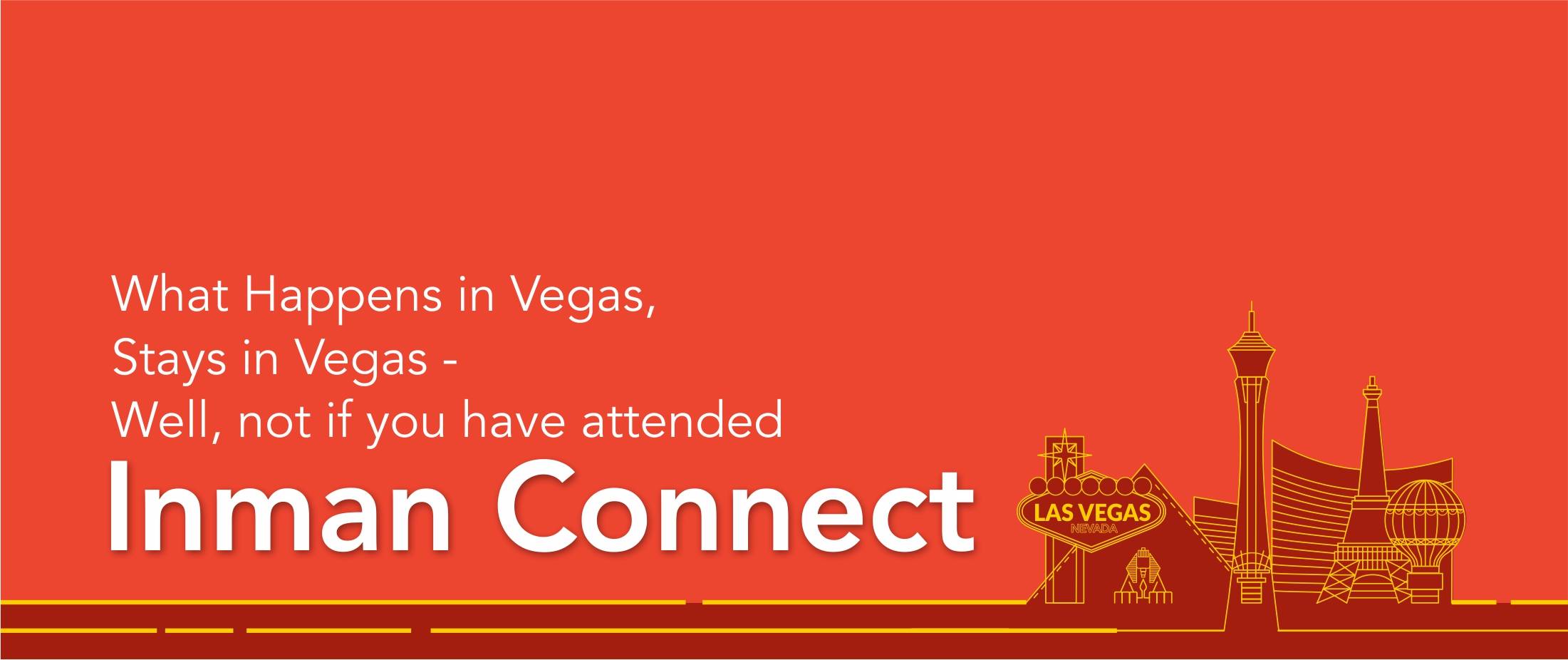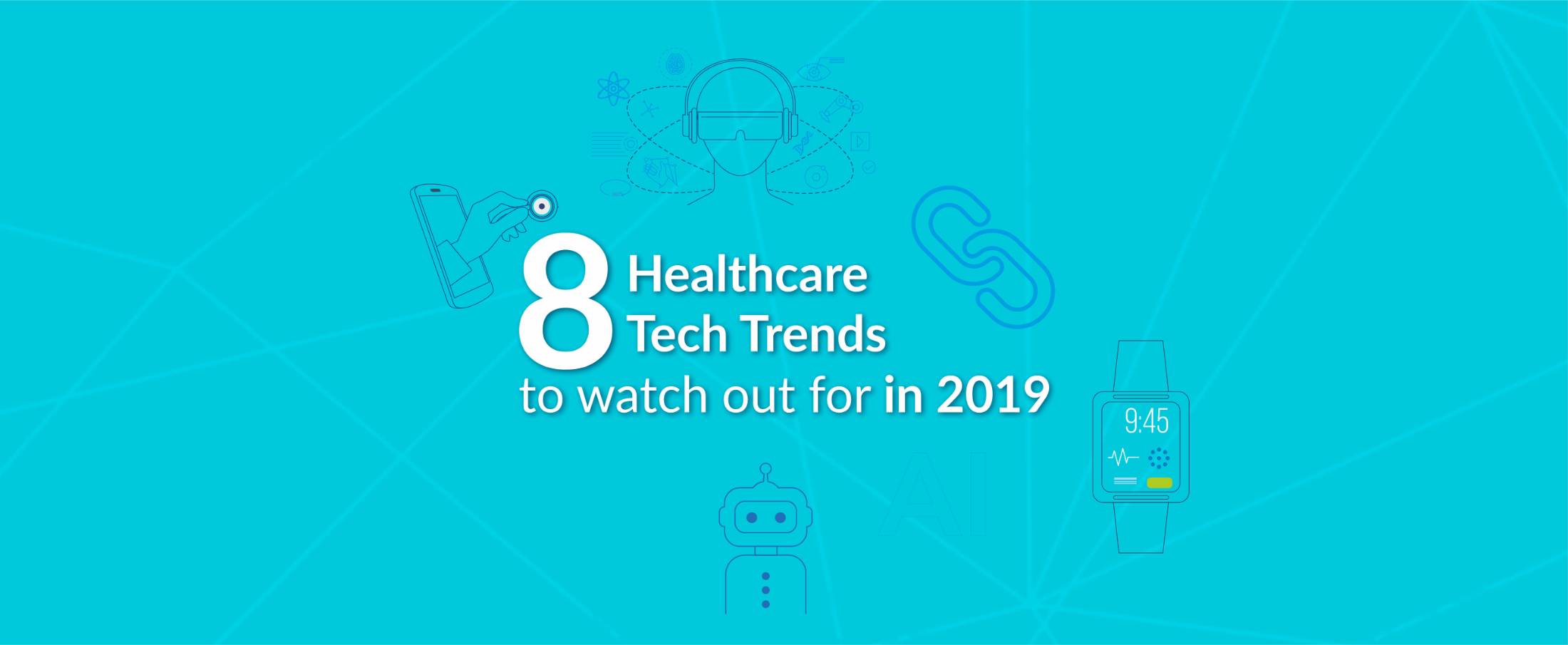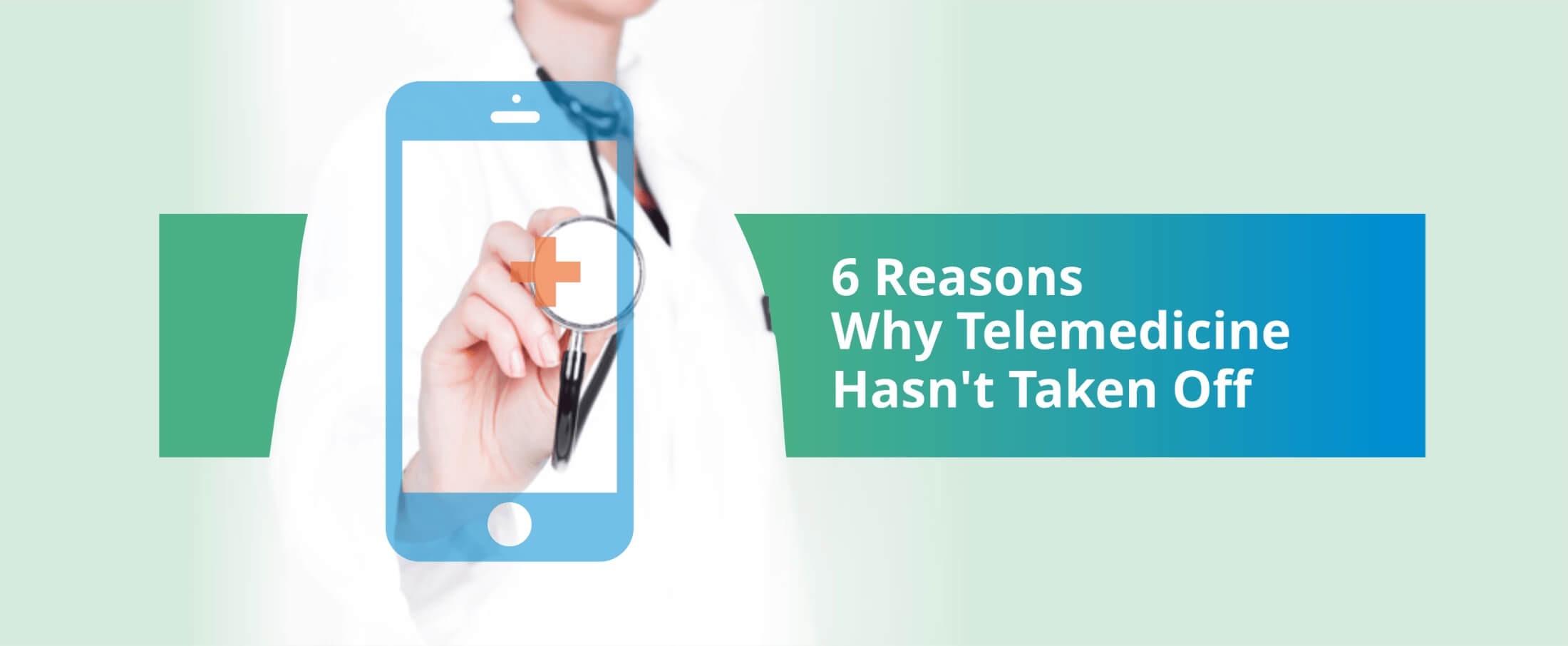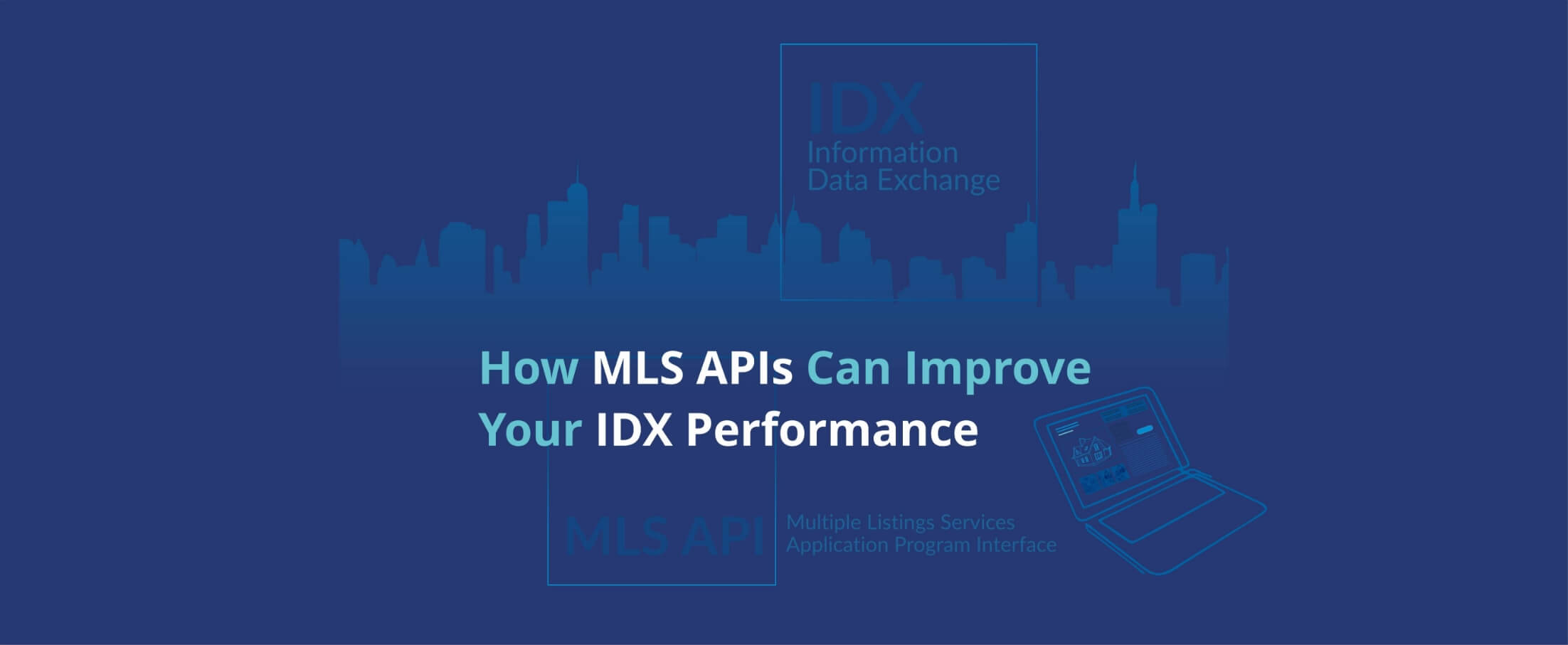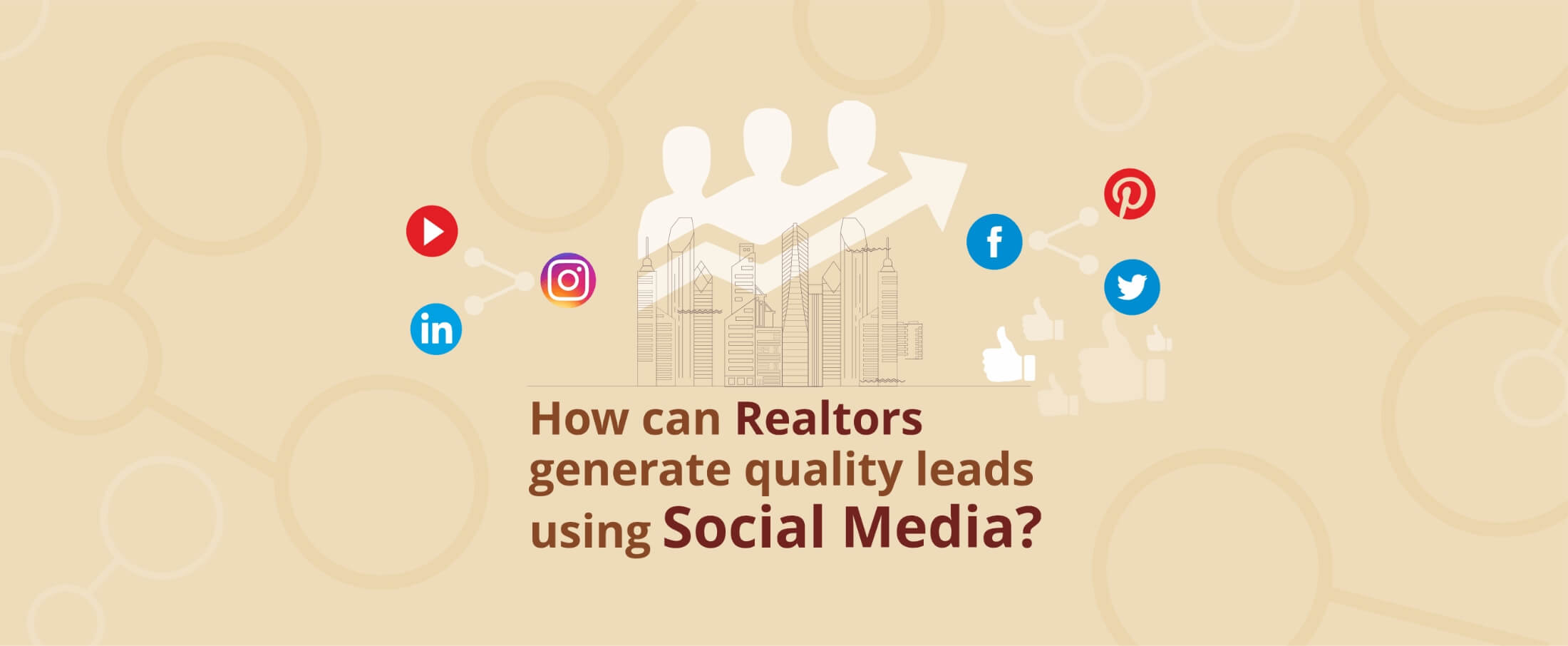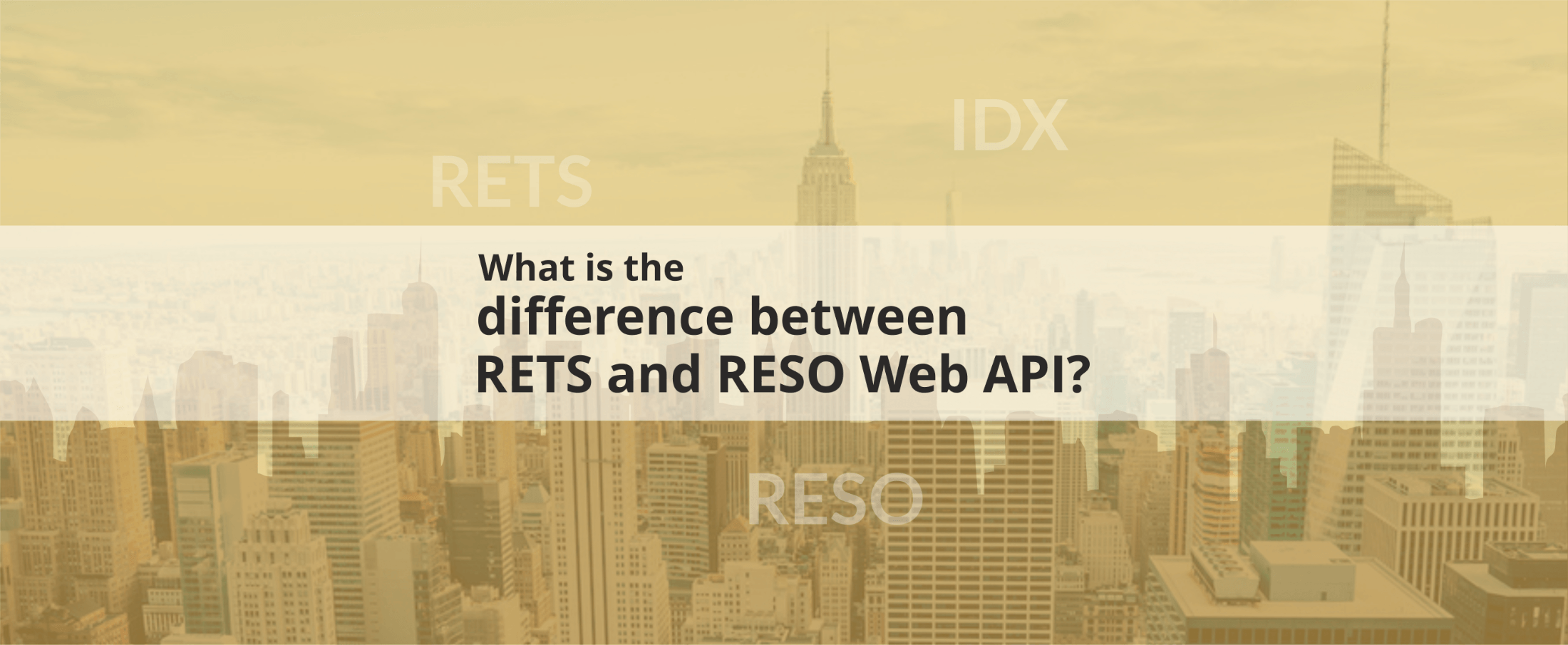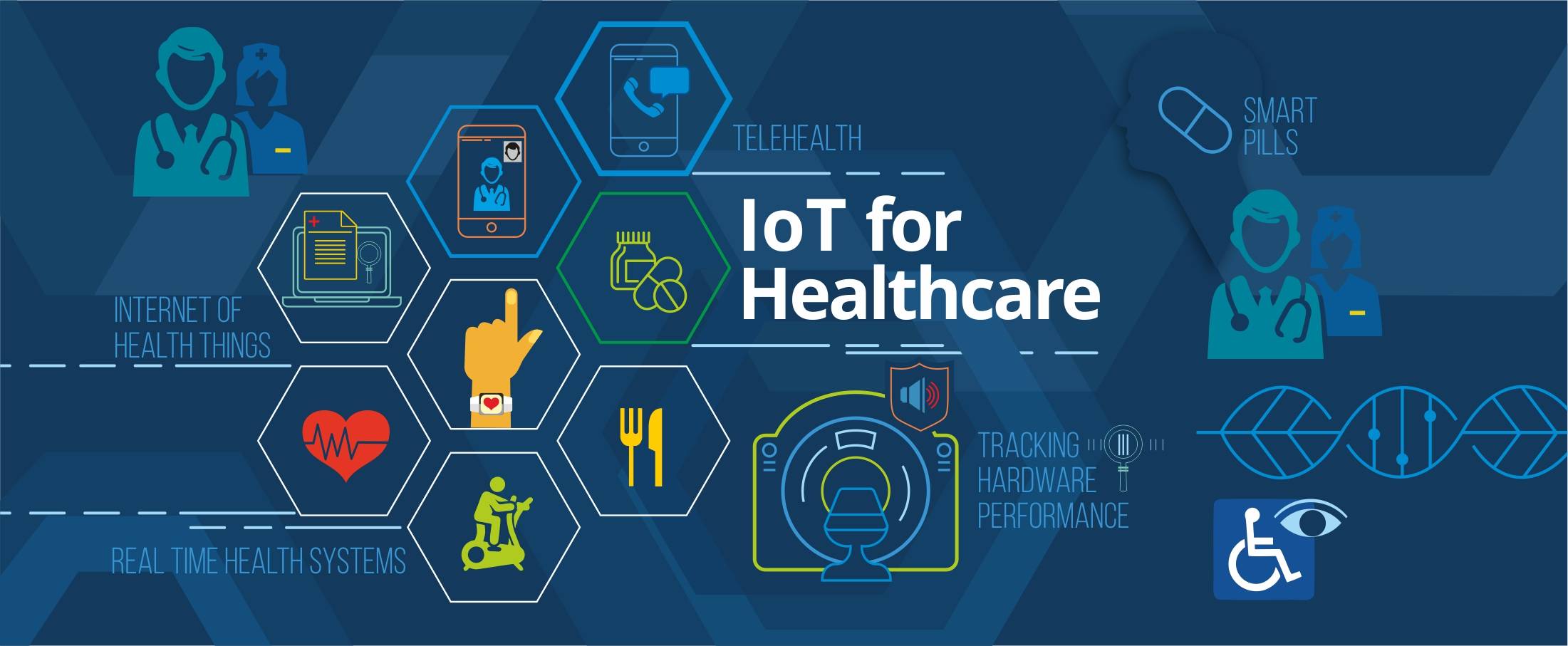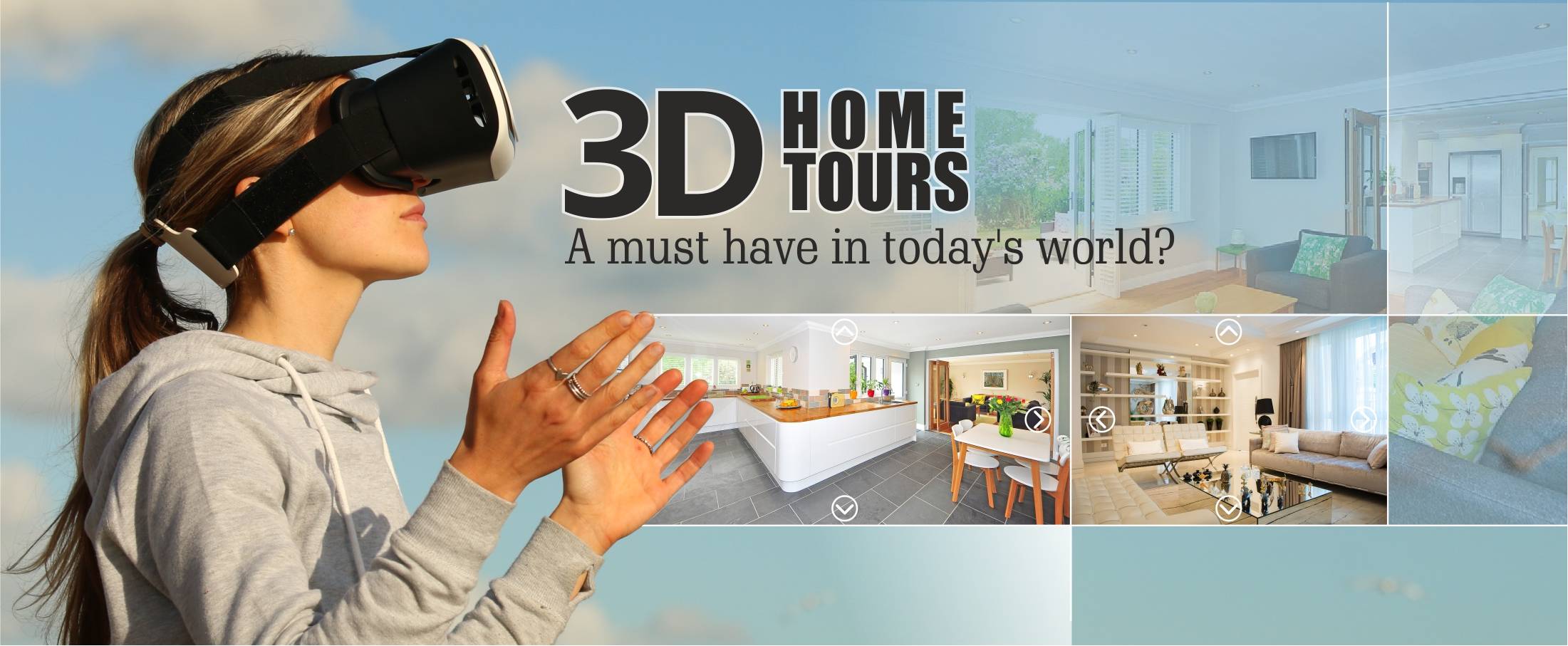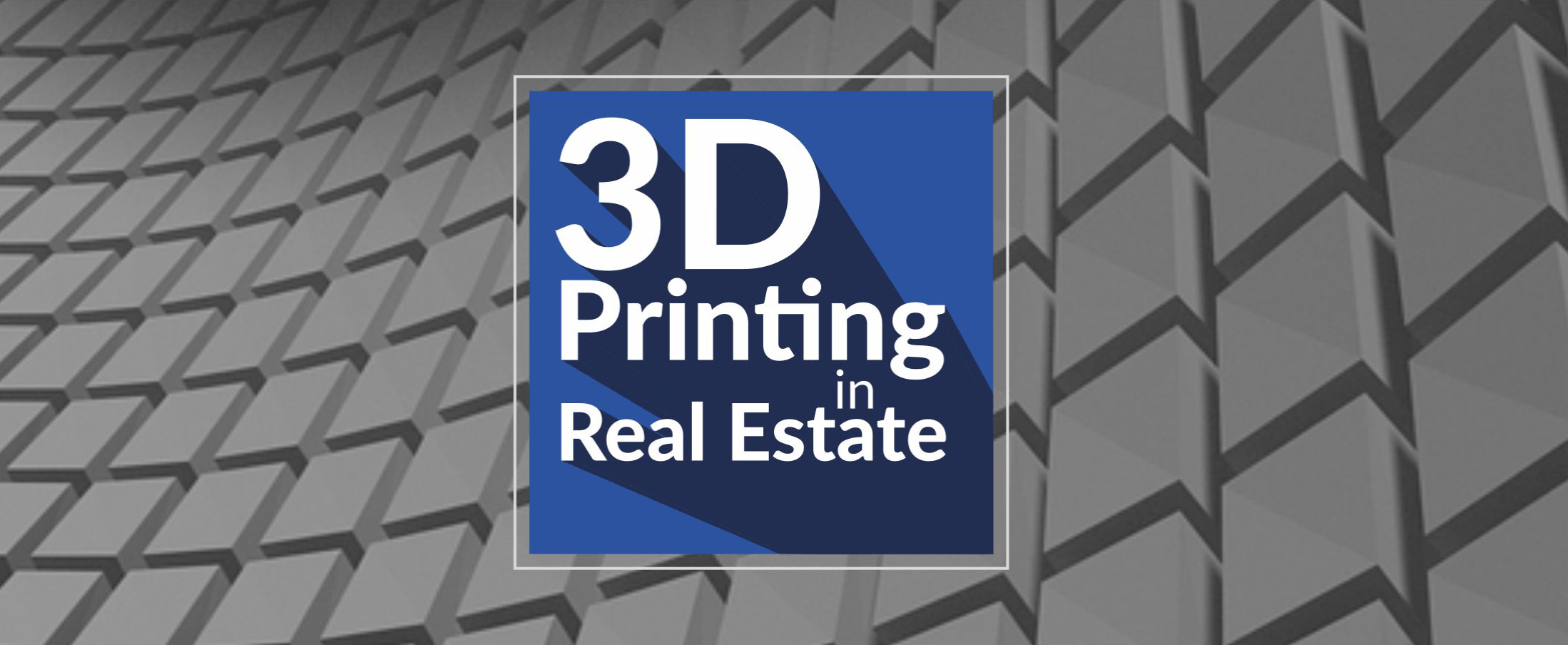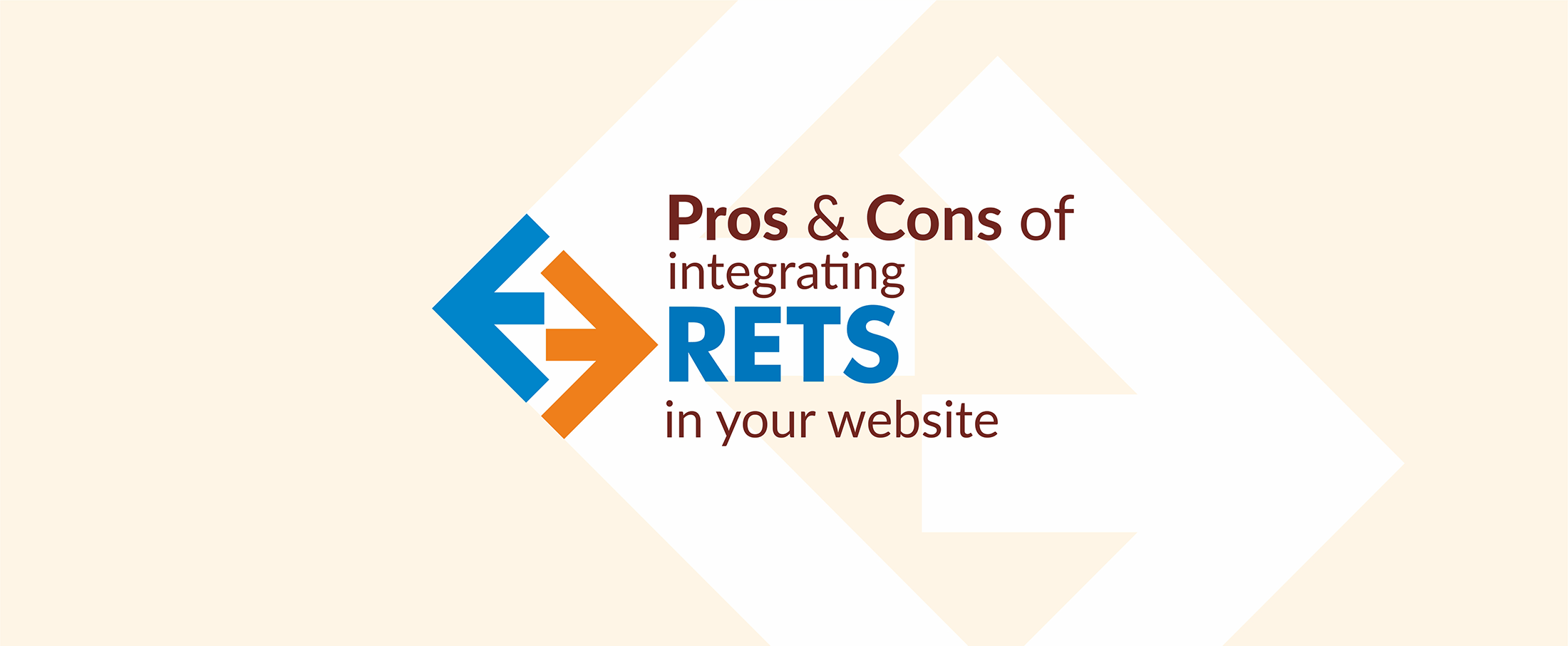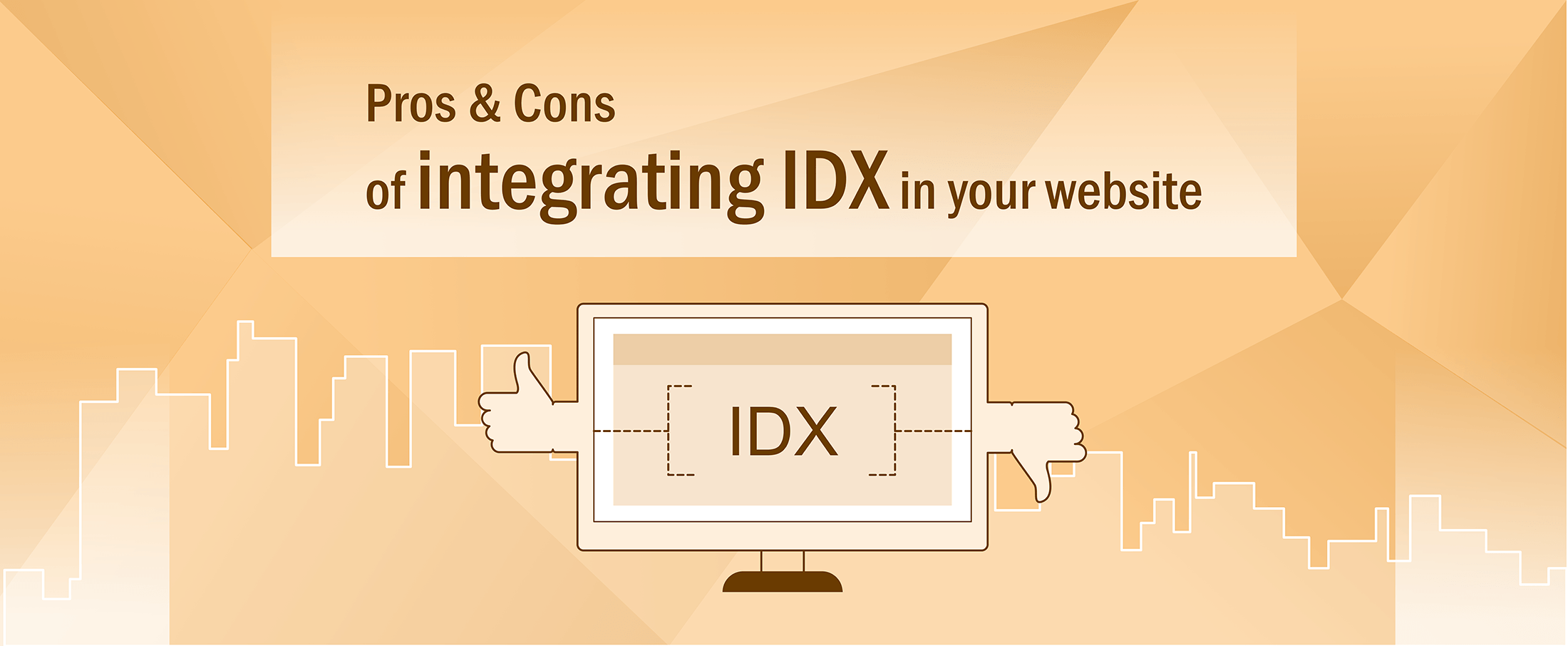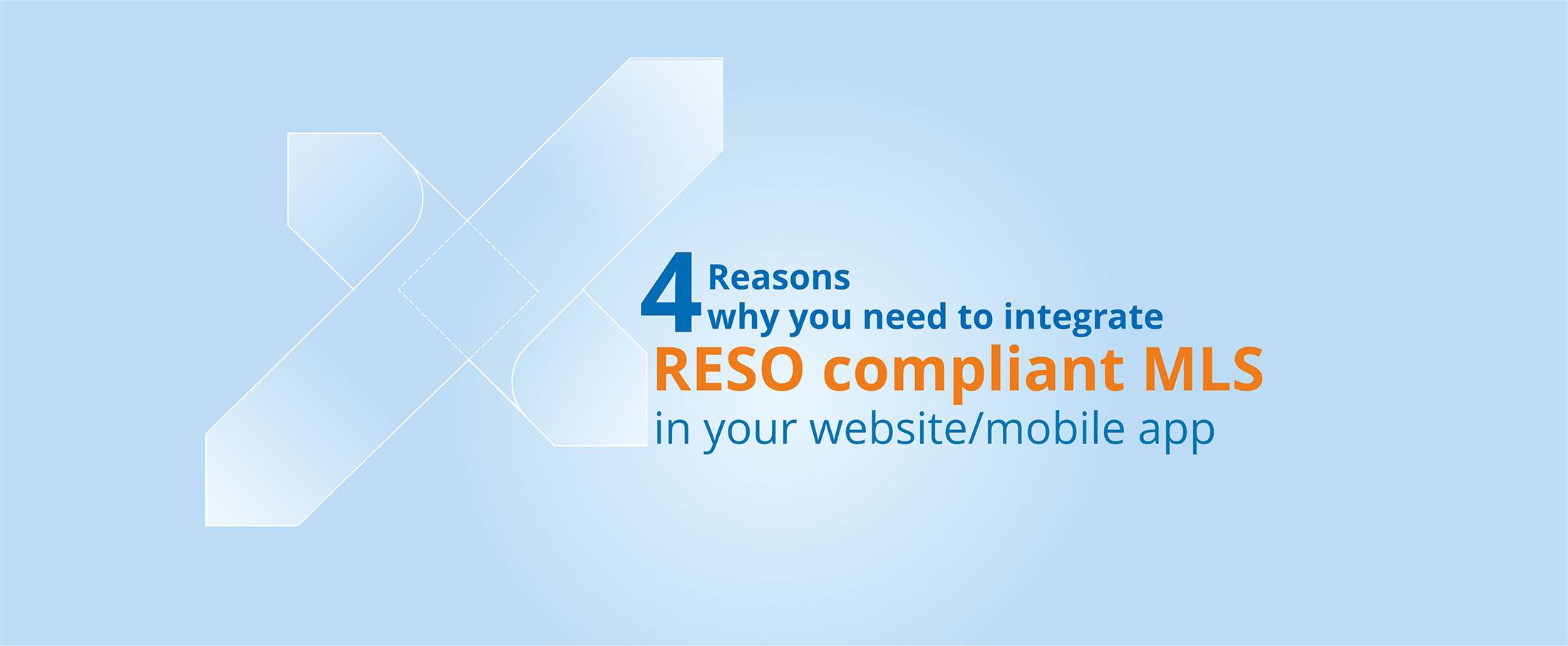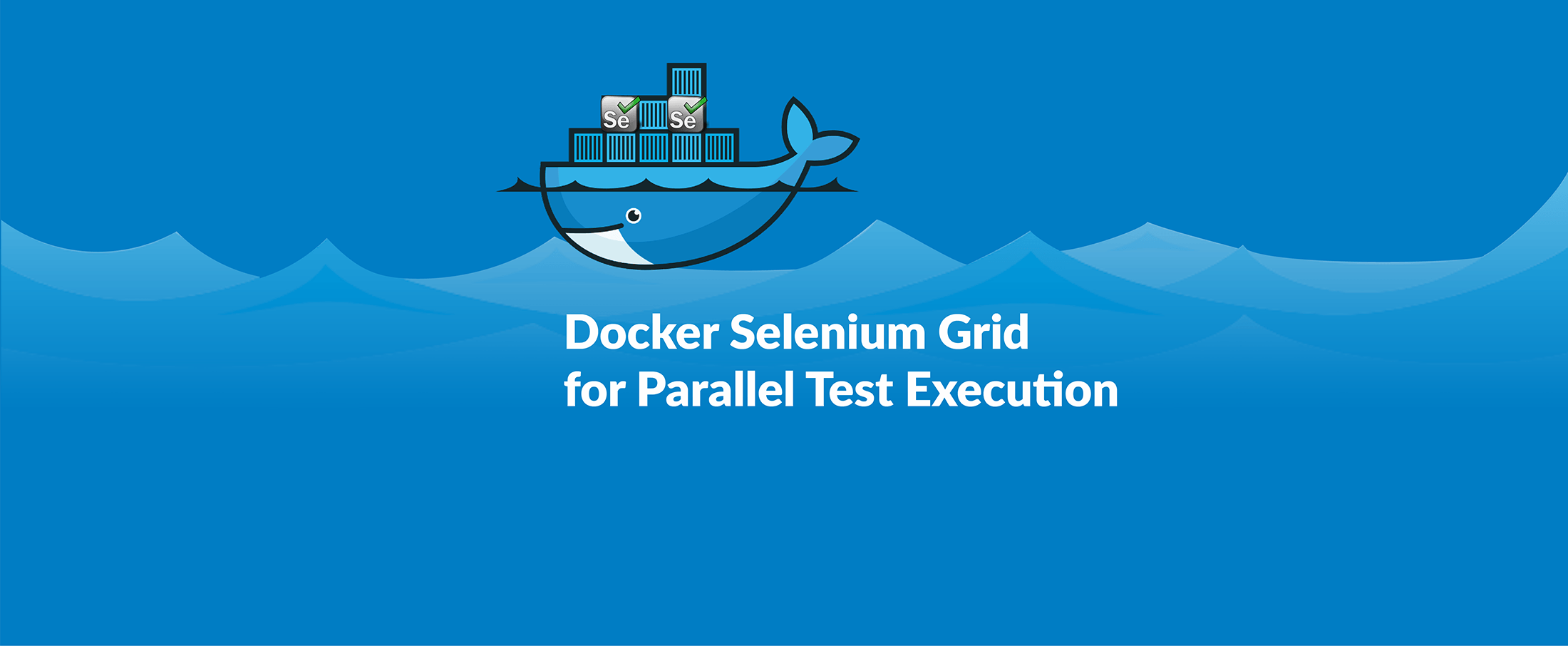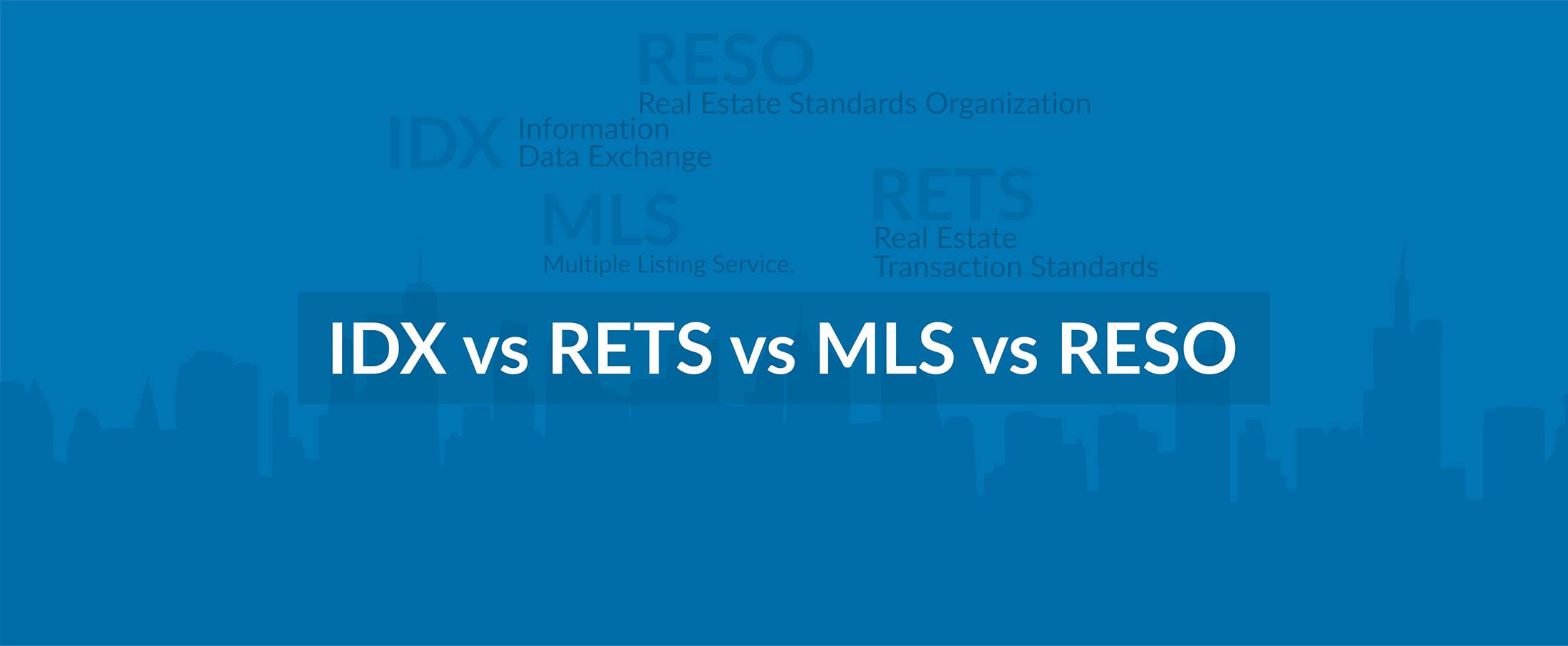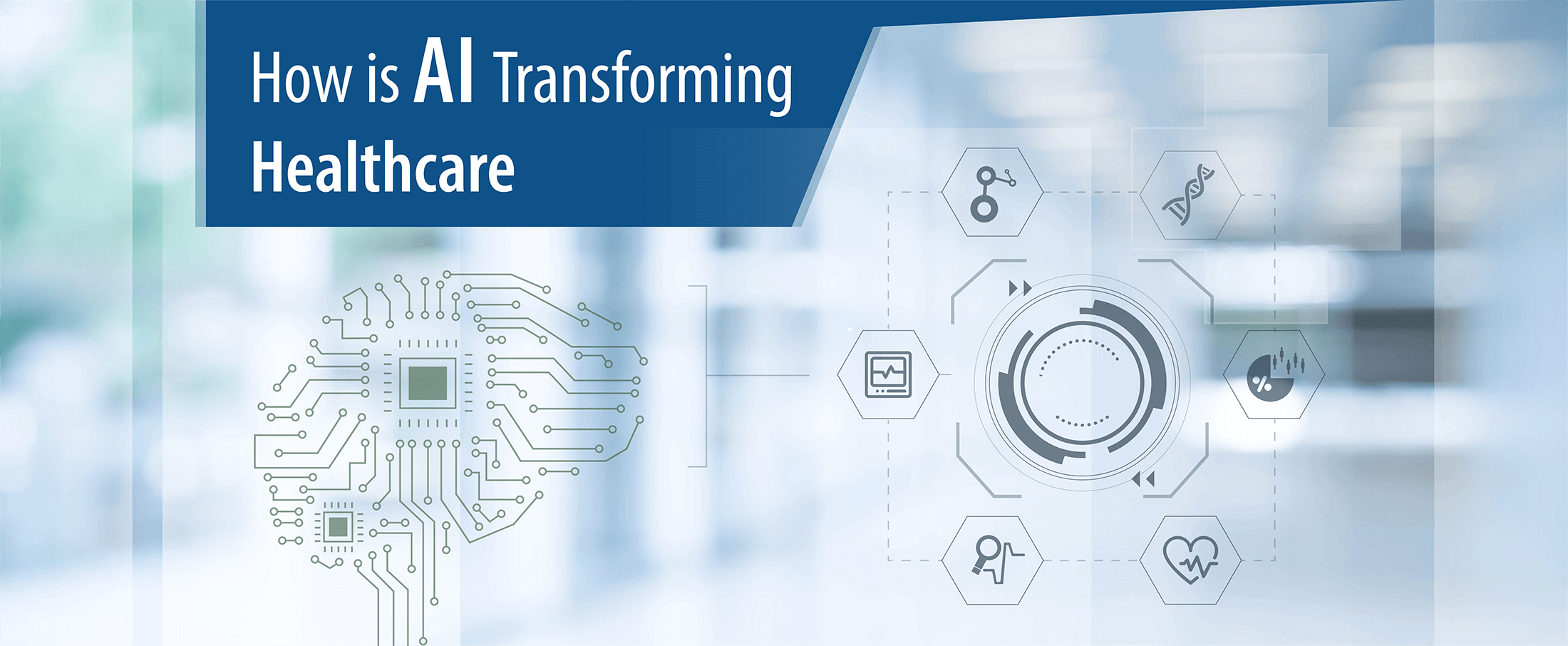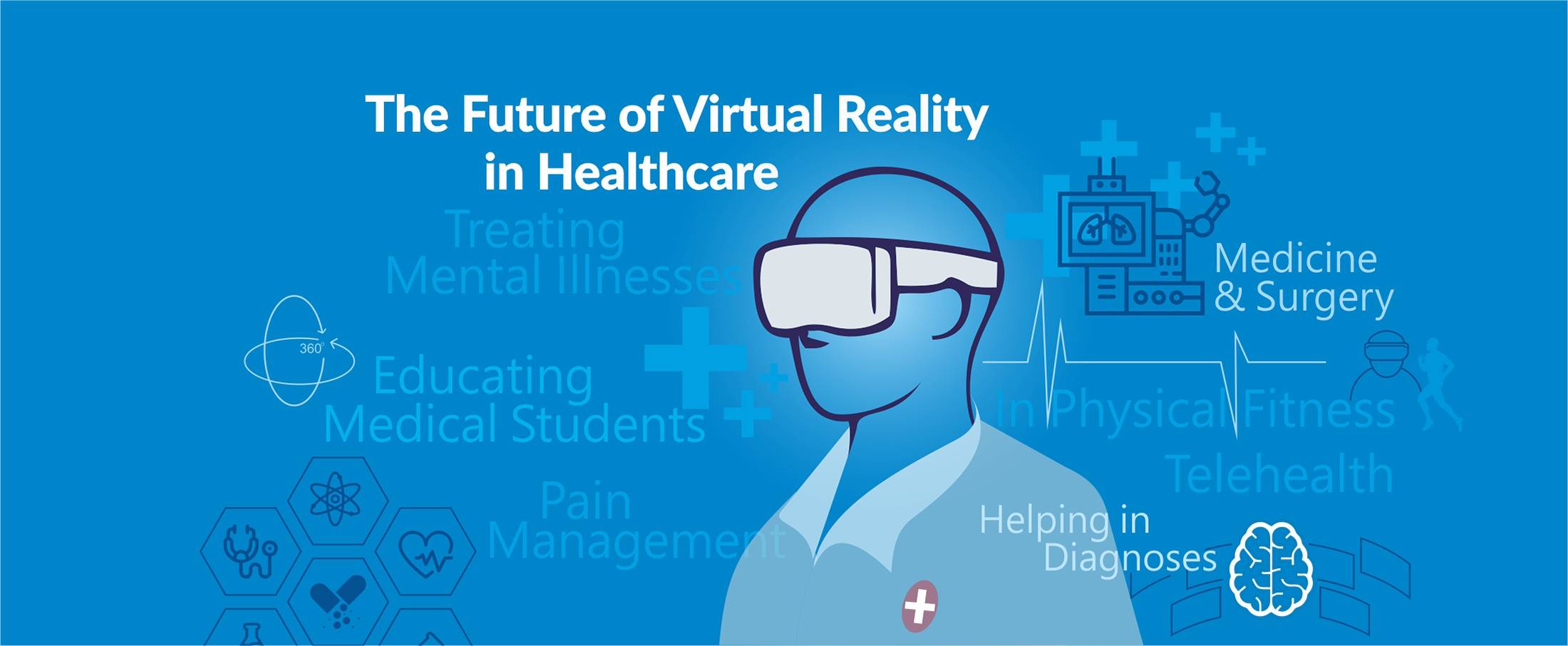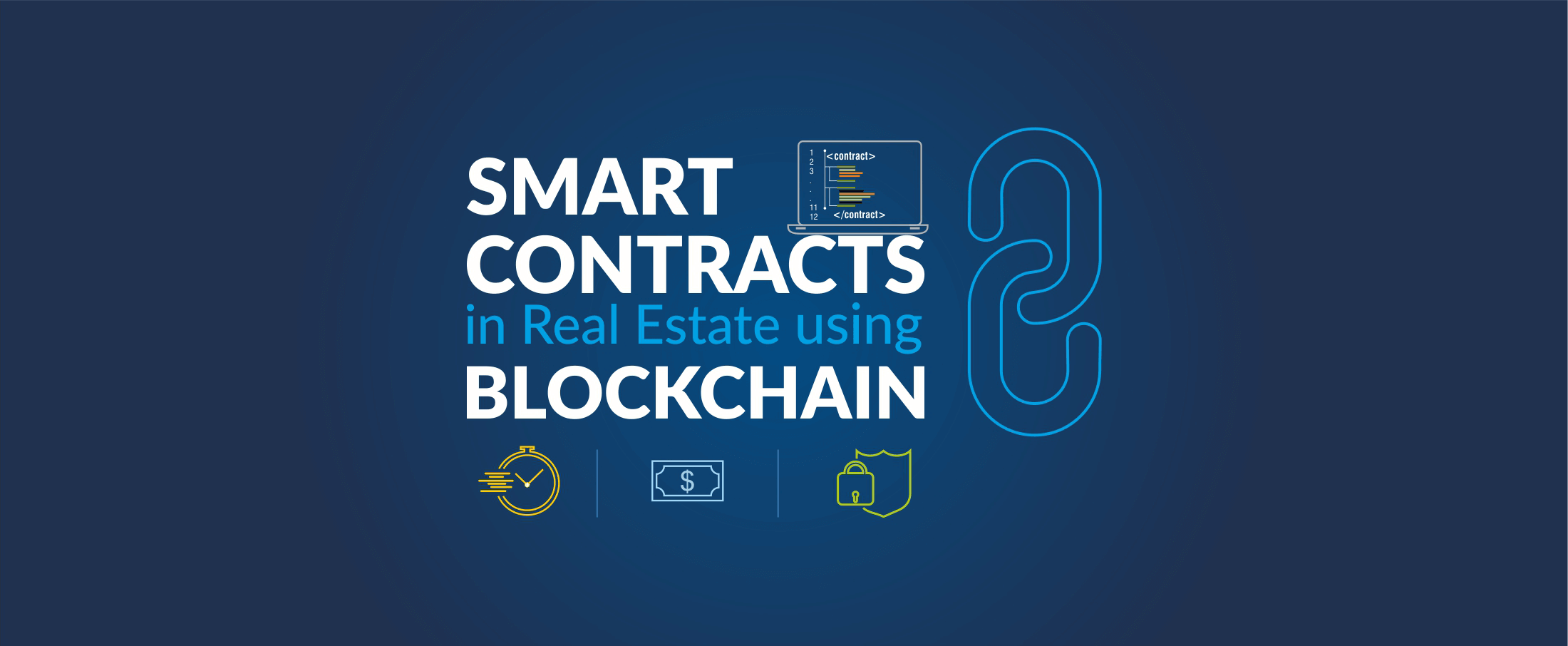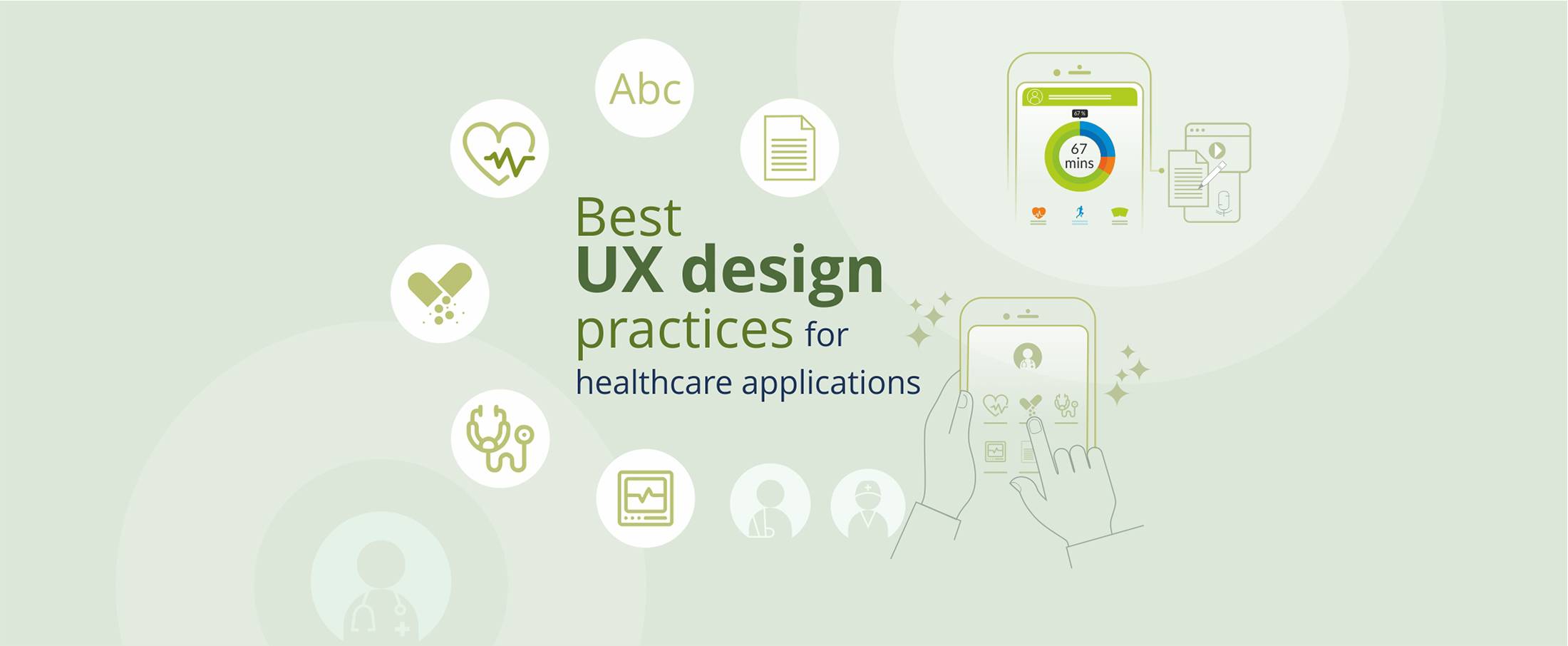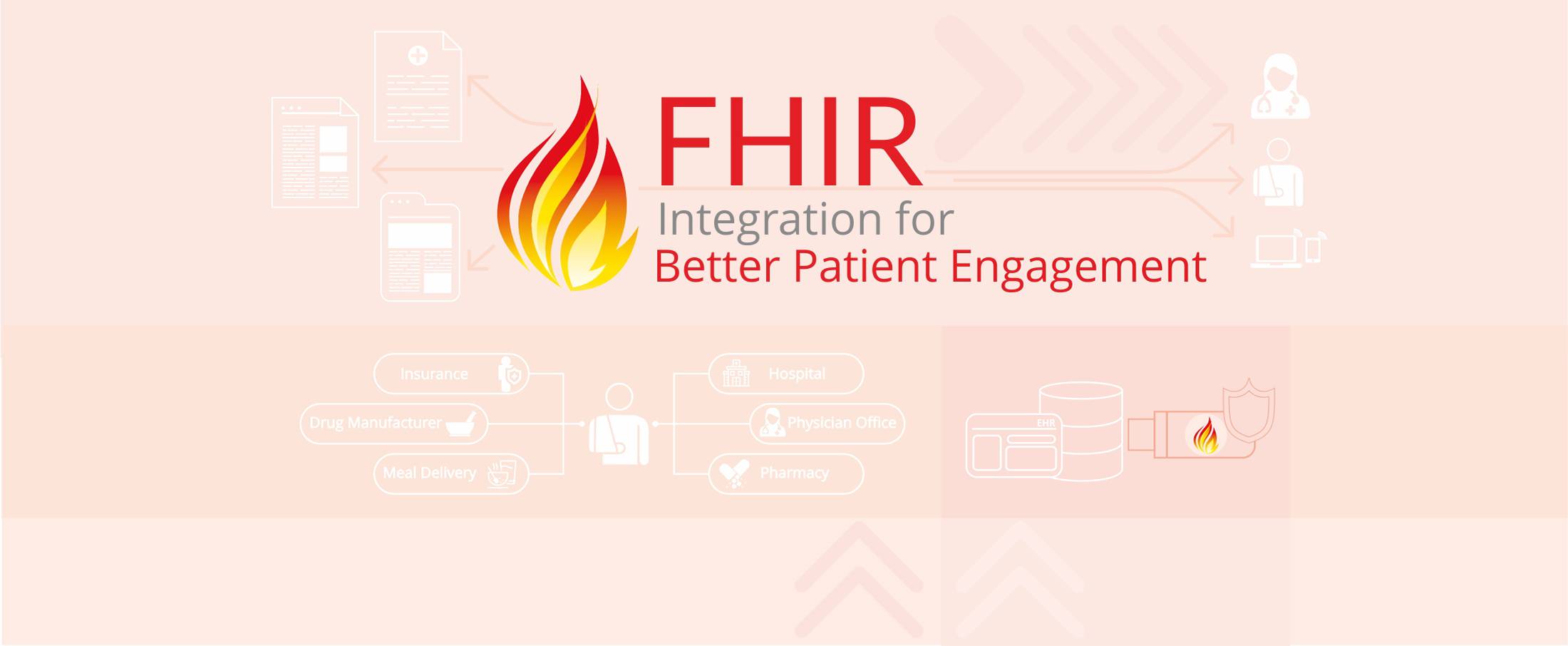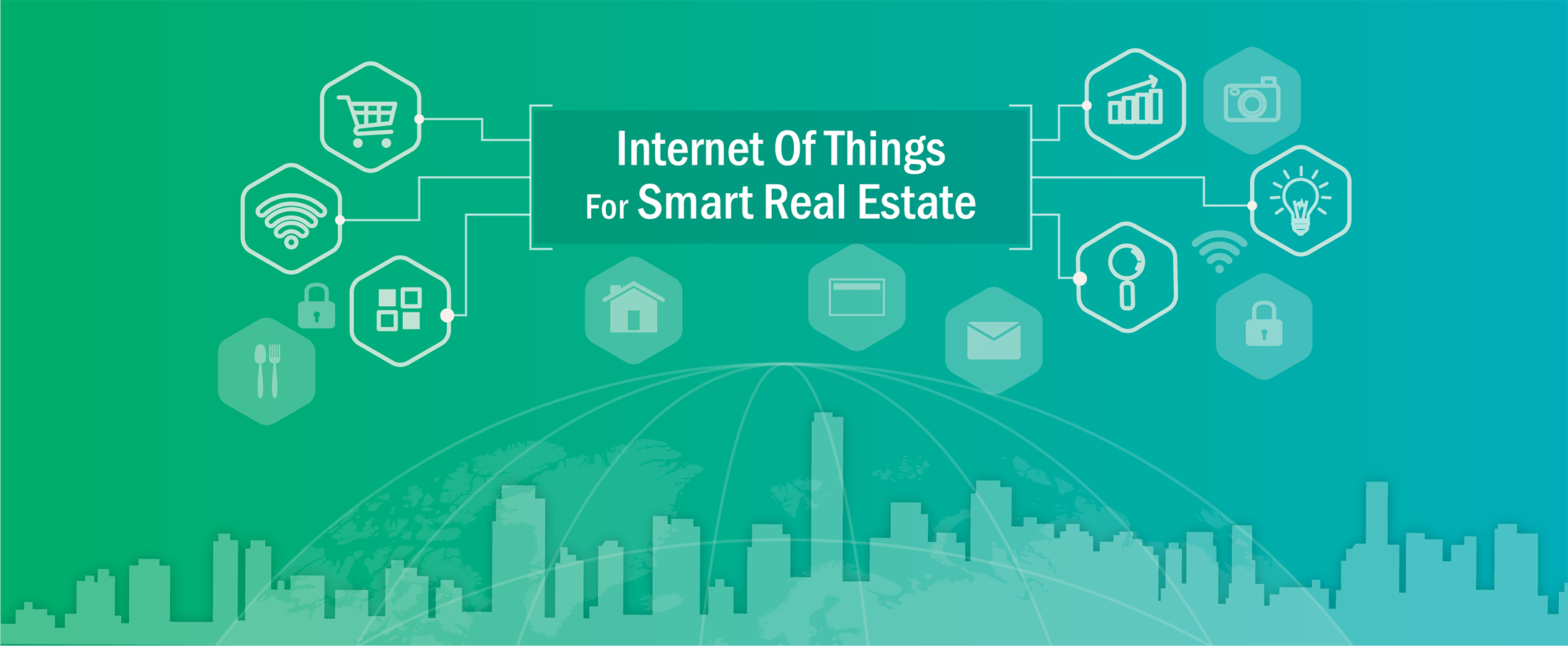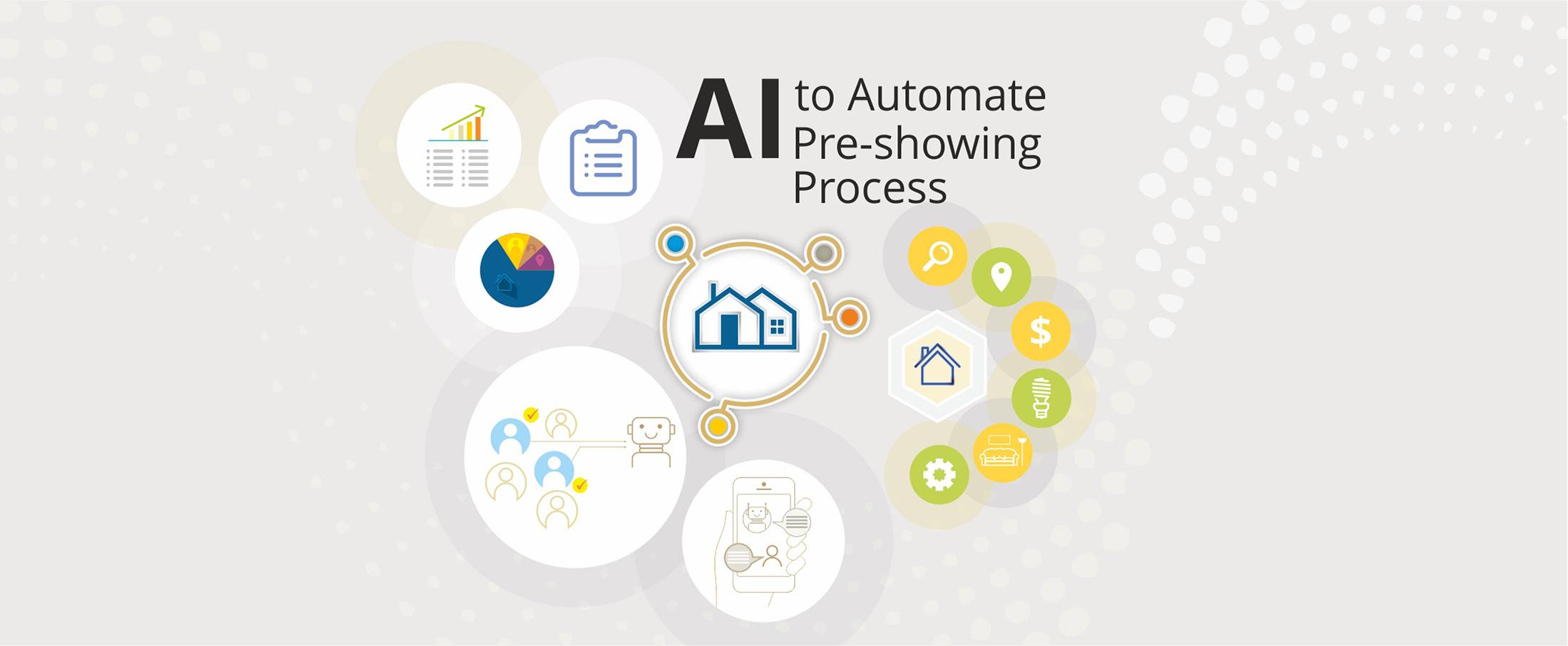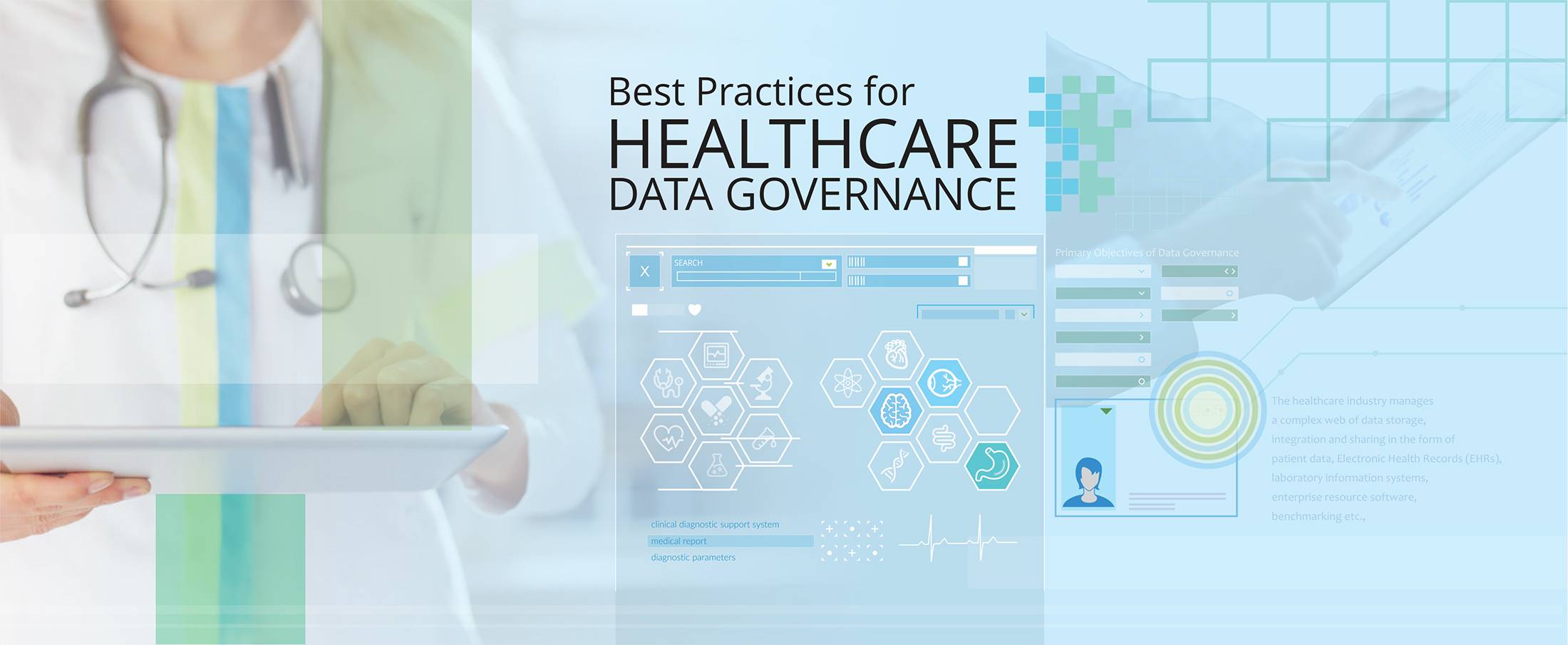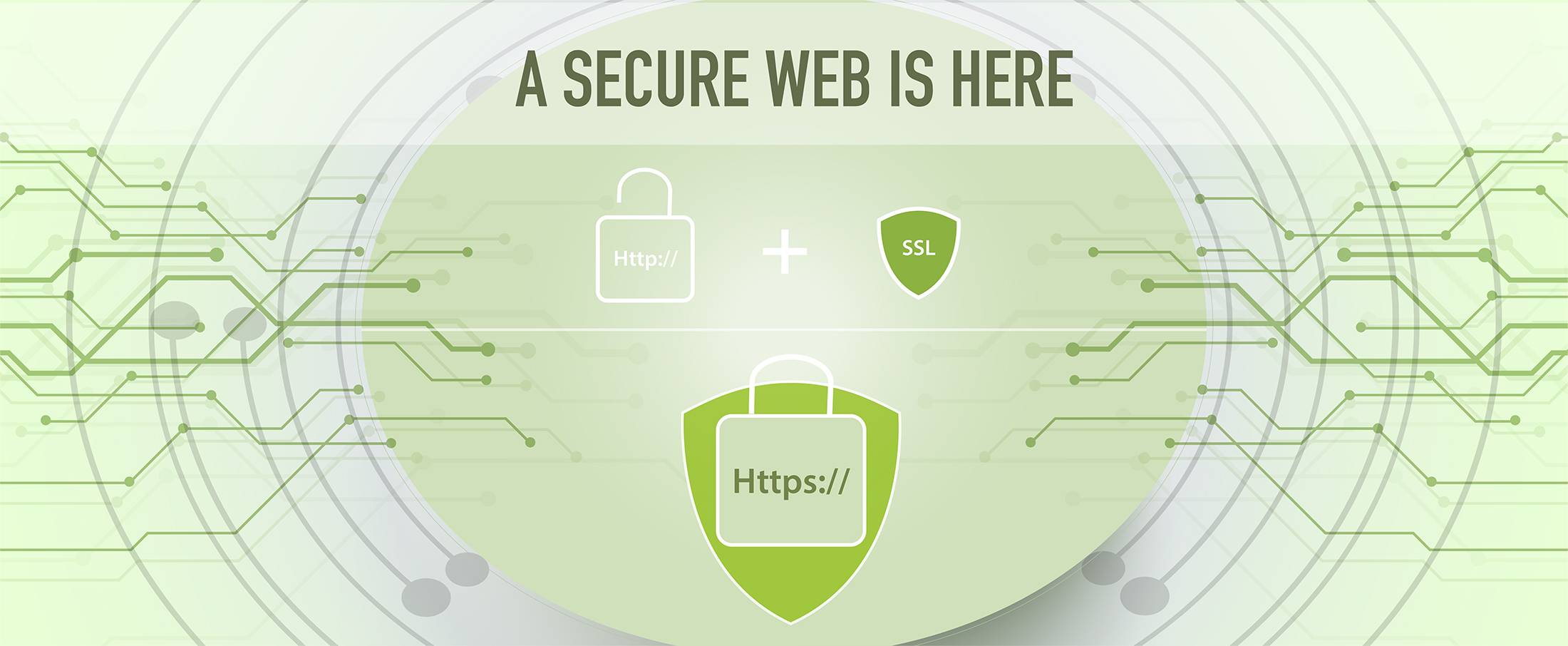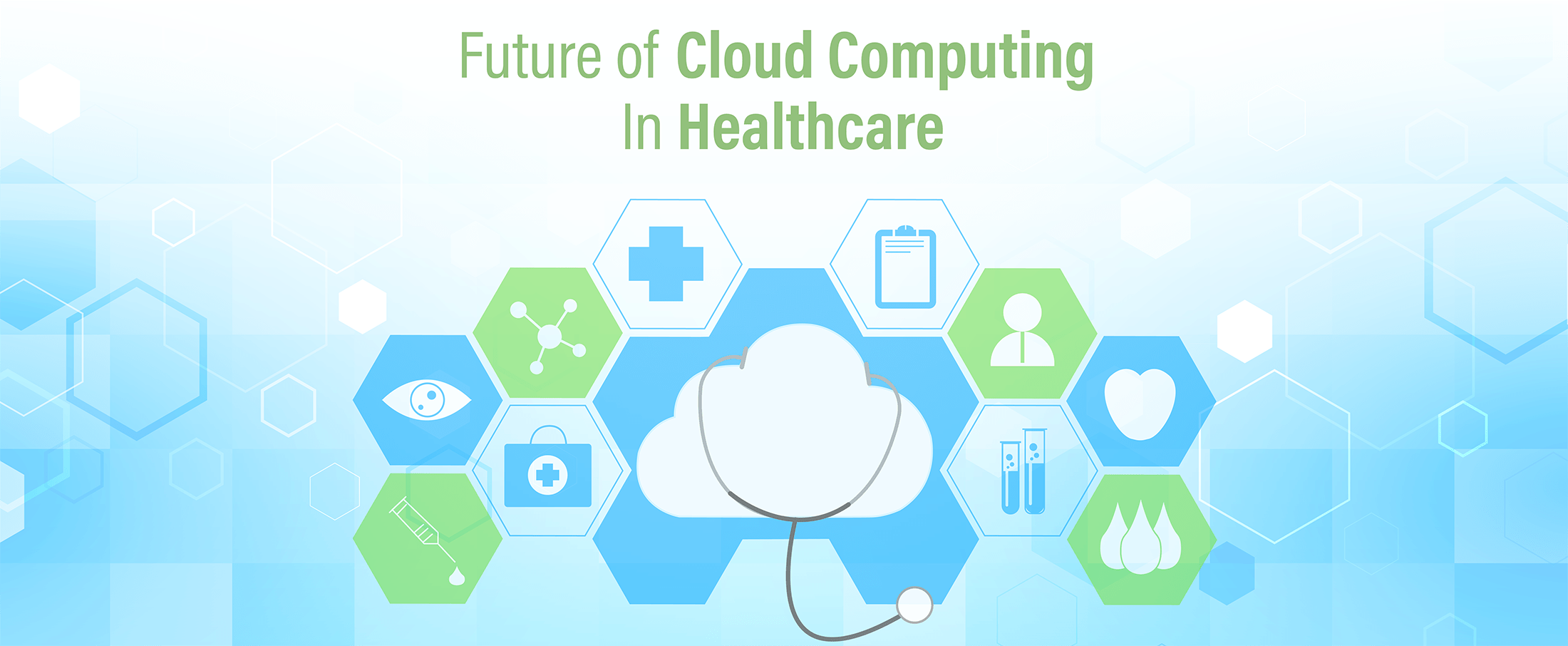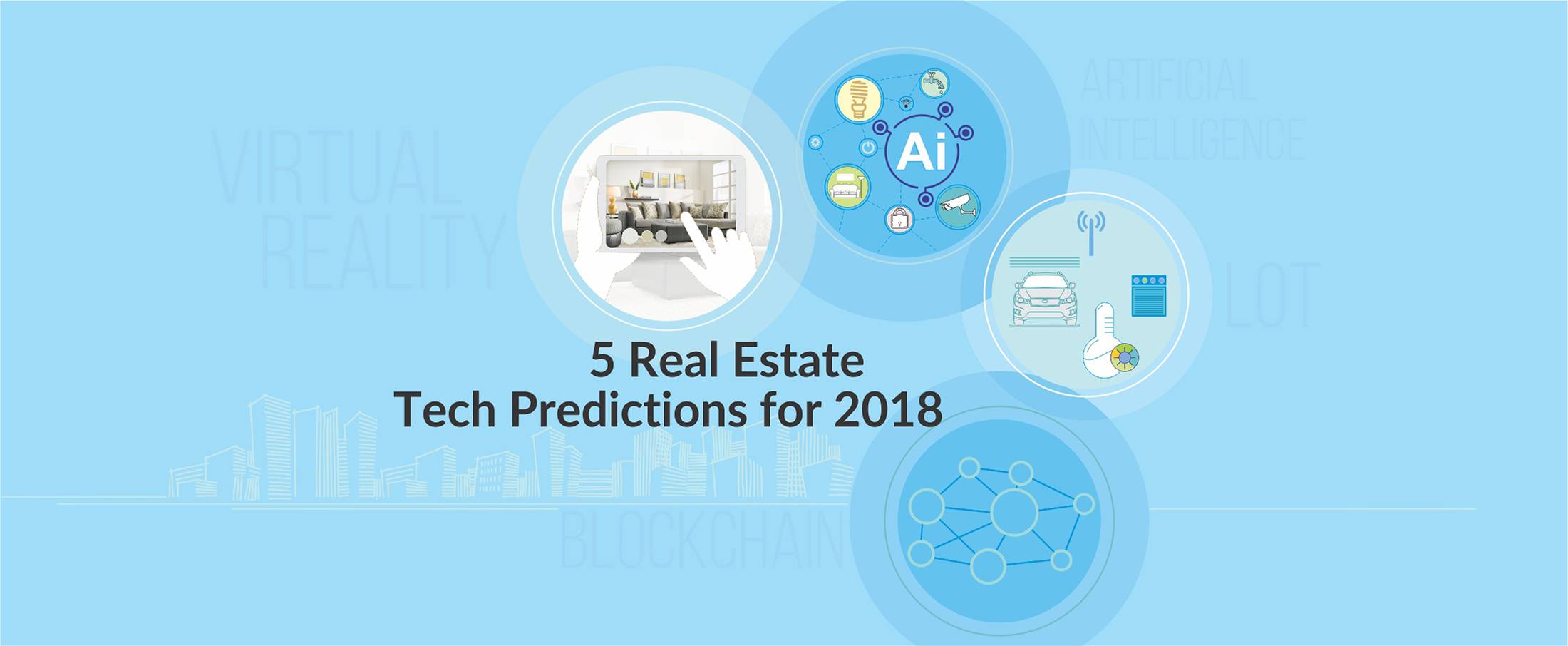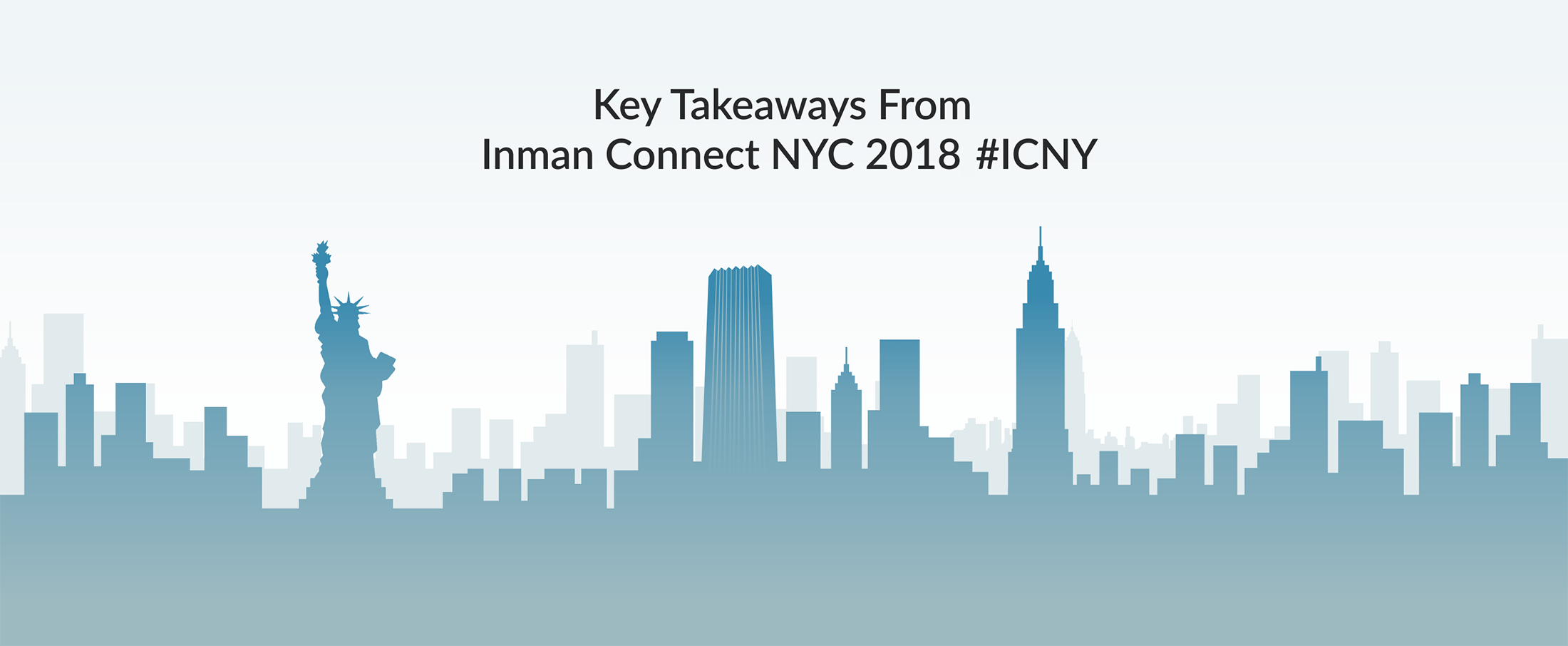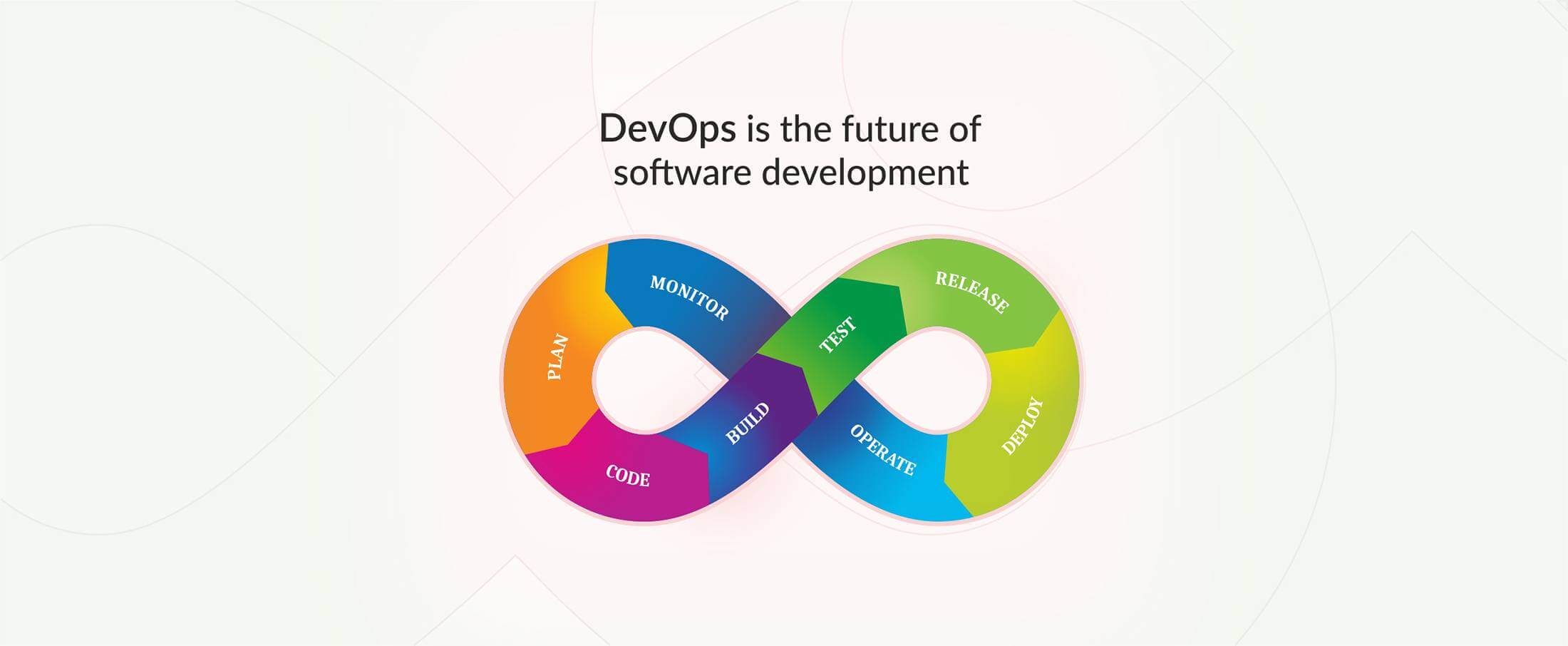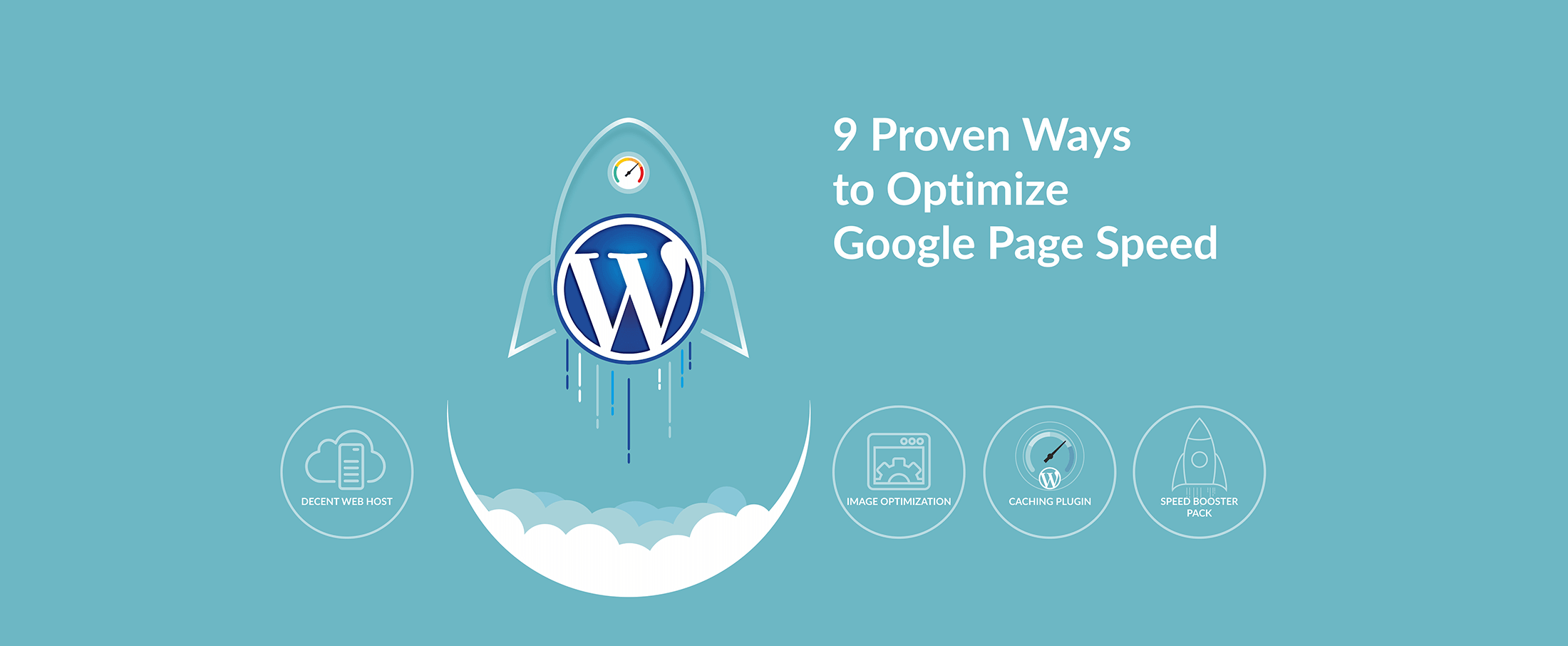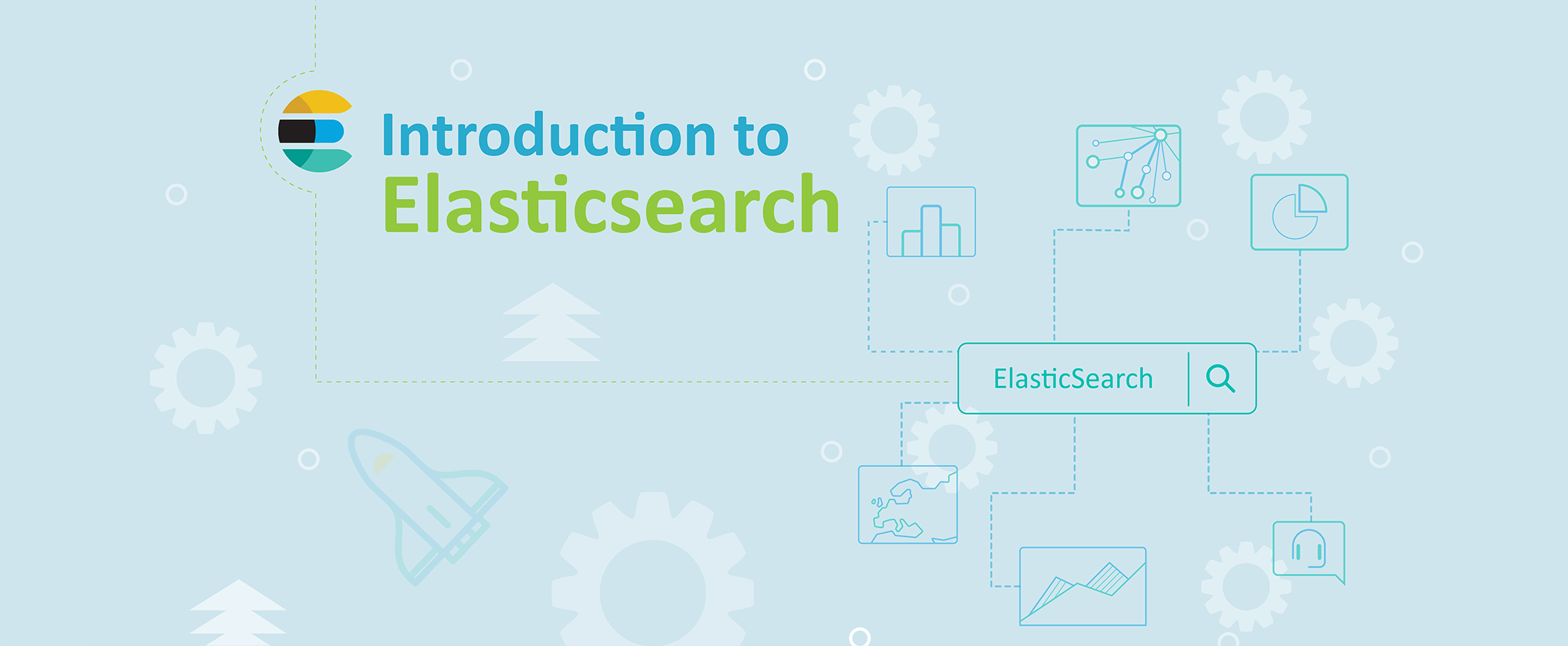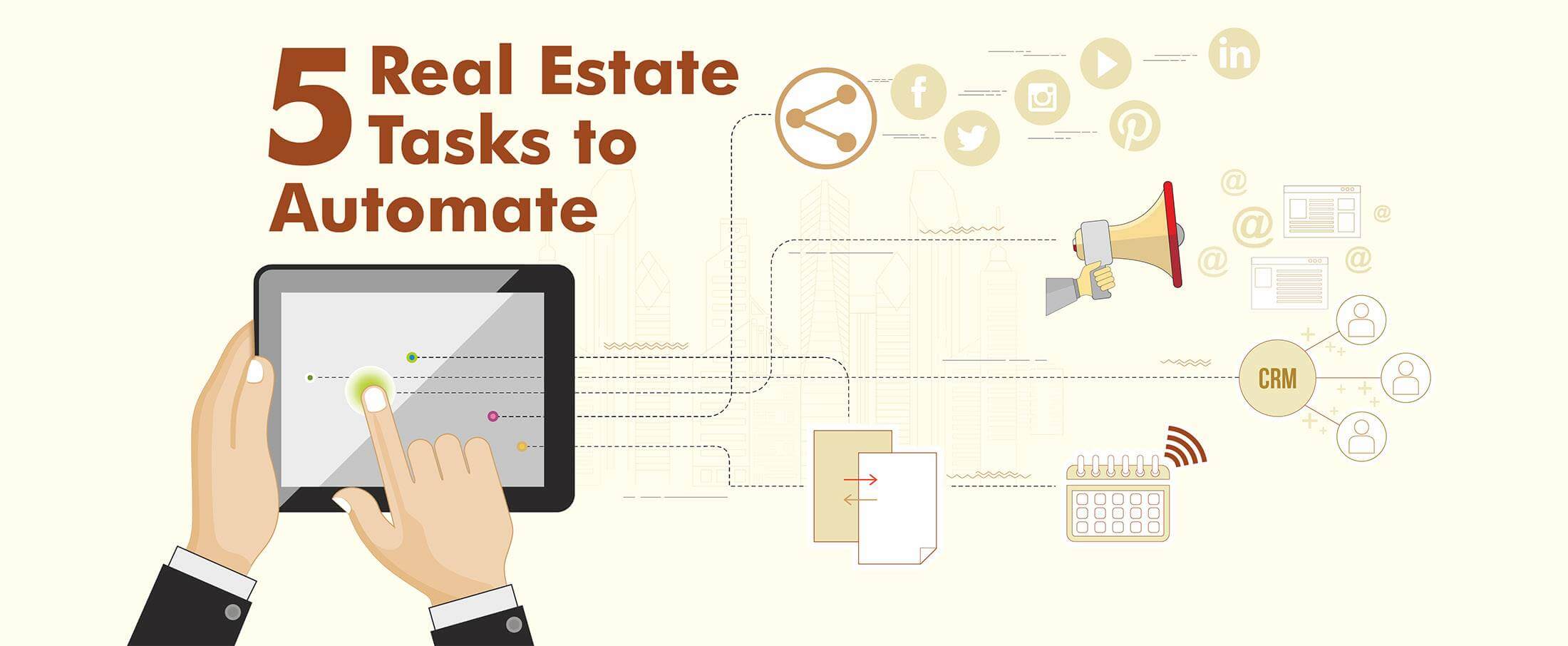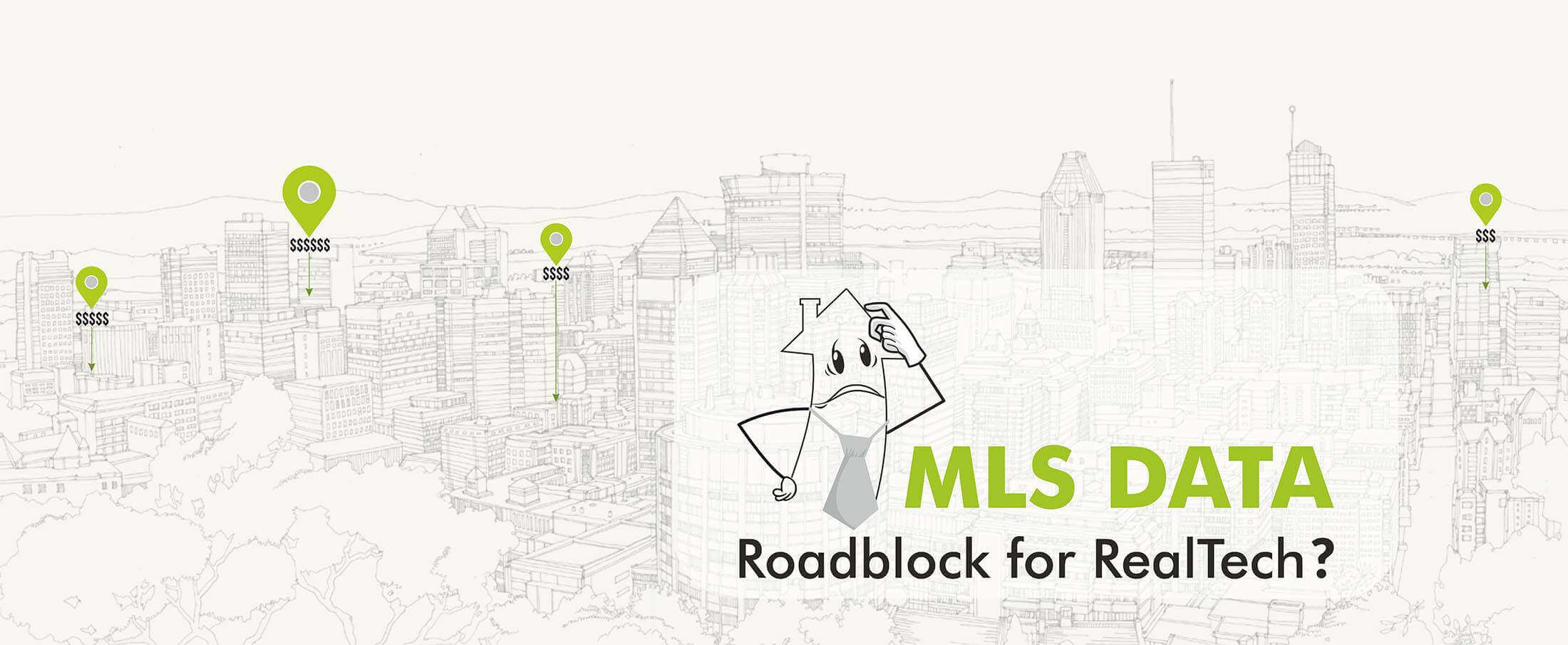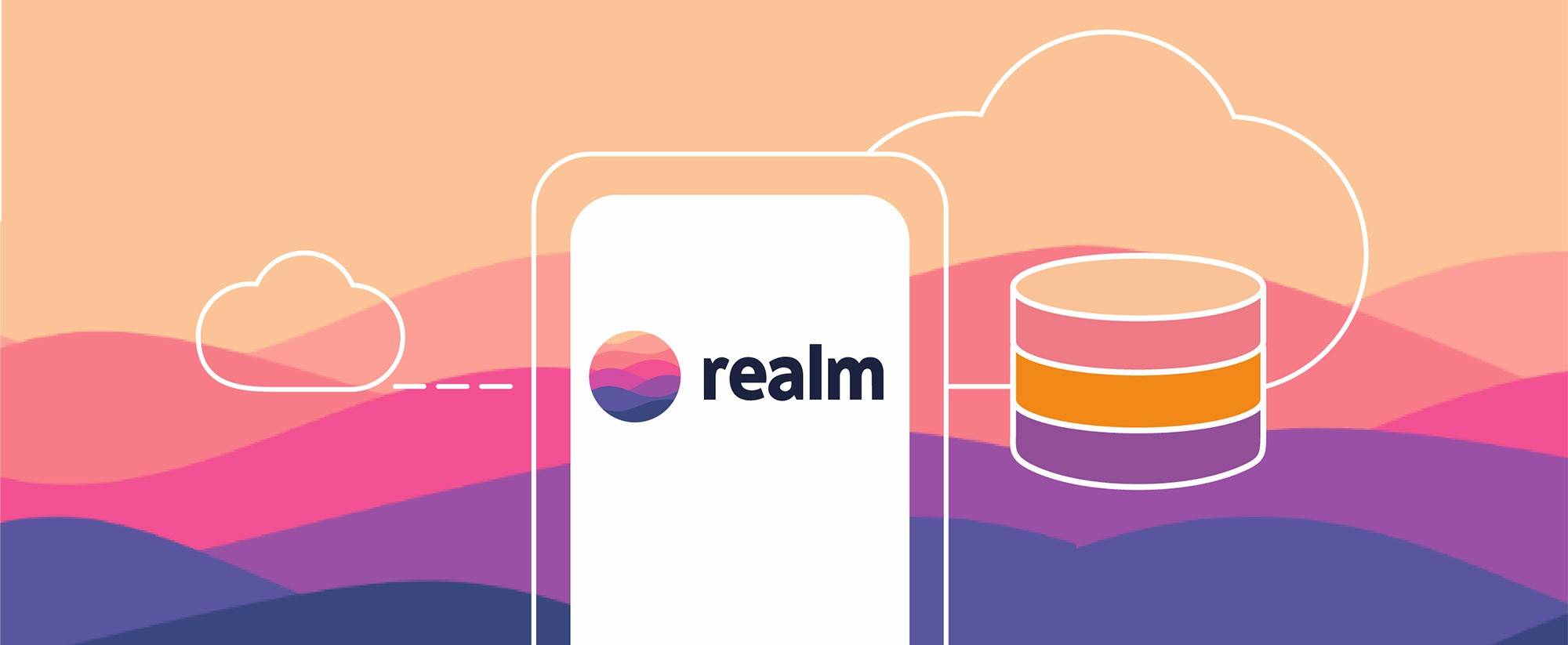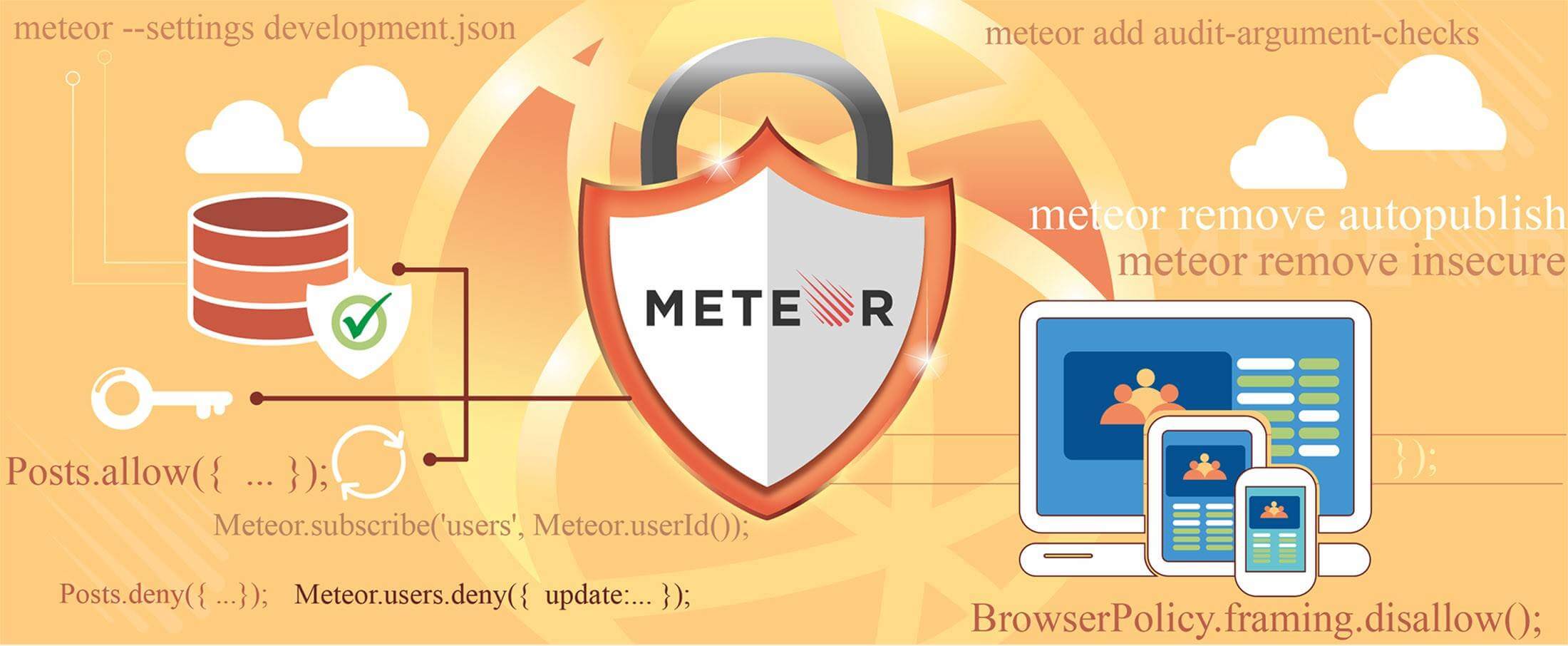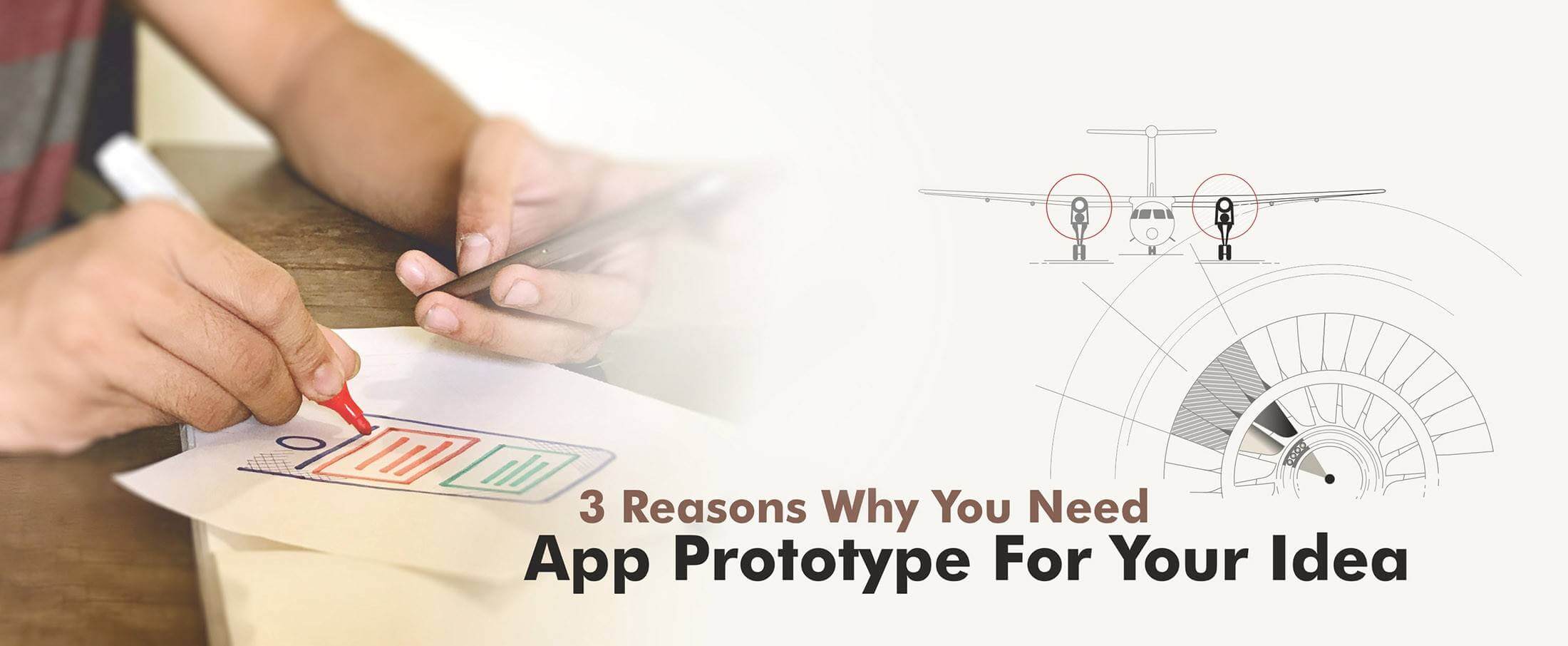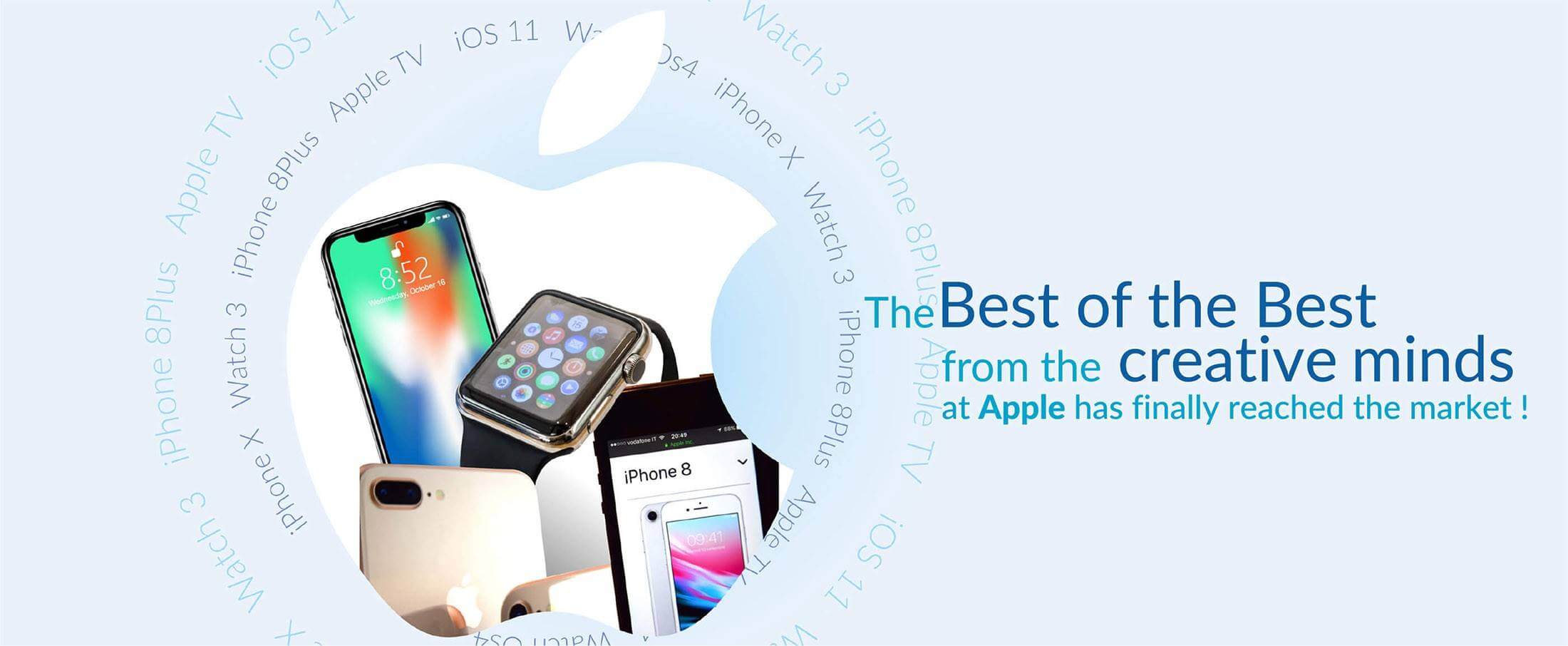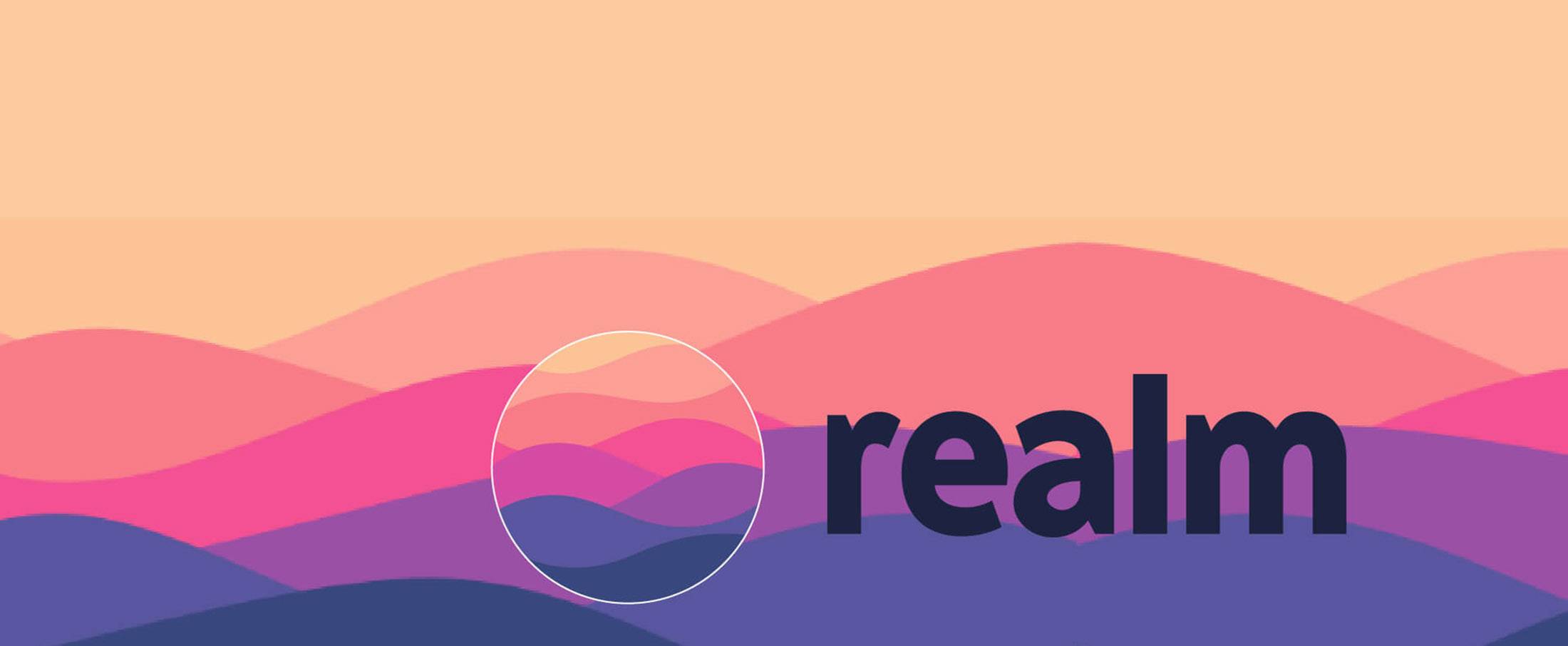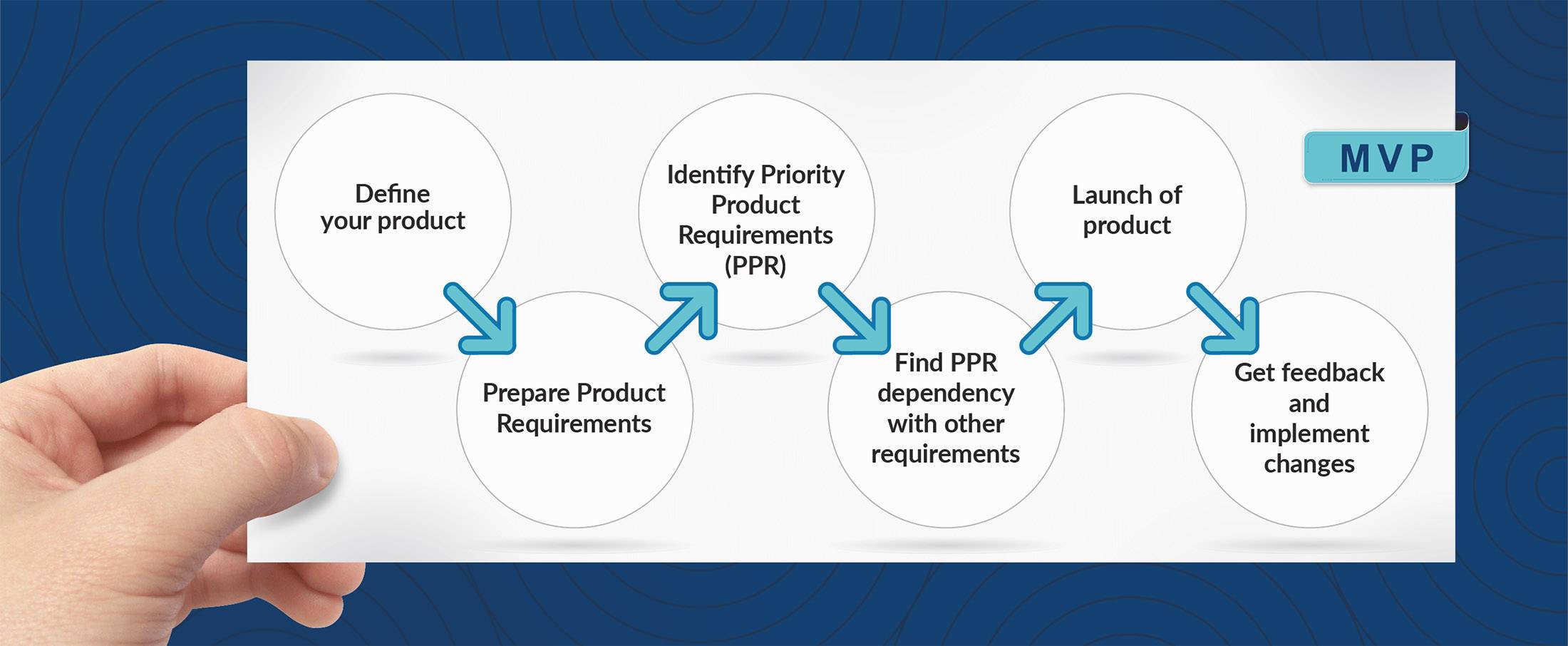Blockchain: Opportunities for Healthcare
Blockchain: Opportunities for Healthcare
Blockchain, PHI (Protected Health Information or Patient Health Information), EHR (Electronic health records), Healthcare Blockchain is a very popular term in the finance field. Almost everyone has heard of the infamous Bitcoin, a cryptocurrency that works on blockchain technology. Blockchain has gained momentum slowly and steadily, and unsurprisingly, it has begun disrupting the healthcare industry as well. It is offering opportunities aplenty to make healthcare universally standard and ensure ease of operations. Let’s take a look at how.
Blockchain Technology in Healthcare
Throwing caution to the wind, it is important to understand that blockchain cannot, and will not, be a universal solution to all the issues faced by the healthcare industry. However, it will definitely make the functioning of certain departments and aspects easier. Let’s look at the opportunities that this technology presents to healthcare.
Management of Medical Data
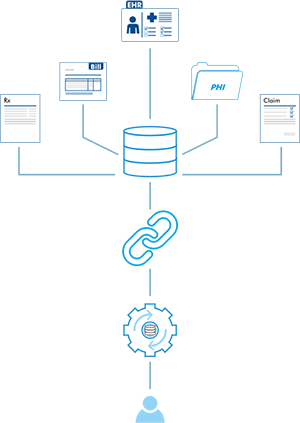
The healthcare industry is currently facing a deluge of data. This includes patient health data (PHI), electronic health records (EHR), physician prescriptions, medical bills, insurance claims, and more. Blockchain can make data management simpler by integrating all data onto common platforms. It can also create software for allowing secure access and sharing of data. Healthcare service providers and organizations can assess the correctness and integrity of the data. Blockchain basically helps save time and resources, along with preventing errors or duplication of data.
Secure Data Management Standards
Another advantage of blockchain is that it allows users to create universal standards for data management. Data is protected by a lot more than mere encryption by using cryptography, and also takes out any intermediate participation. Hence, PHIs, EHRs, medical insurance and any other healthcare data can be accessed by the concerned individual or organization directly and securely without any third-person involvement.
Blockchain also enables better transparency of data. Every single transaction and exchange is stored in the block and on the system, leaving little room for data tampering. It also makes access easier for healthcare service providers. Also, since the data is so readily available, chances of missing out on crucial elements is also reduced.

Clinical Trial Data Security and Authenticity
Clinical trials are one of the healthcare activities that generate a lot of data from various sources. Doctors or scientists perform drug trials on a batch of participants to assess the effectiveness or ineffectiveness of a new drug, along with proving or disproving a hypothesis related to it. In this case, every scientist is responsible for different aspects of the trial, and records the data for the same.
Taking blockchain and the security of cryptocurrency out of the picture, there is a lot of scope to tamper with the data. Blockchain offers secure and direct access of transparent data, making it more difficult to tamper with it.
Parting Thoughts
With so many new inventions and uses coming up for blockchain, it seems this technology is set to disrupt the healthcare industry in more ways than few. Of late, its use is also being tested in spotting and eliminating counterfeit drugs and the people that make them.
Blockchain offers unparalleled data security and record maintenance, creating a level of security and integrity that is tough to breach. The healthcare industry is about to see a lot more opportunities in blockchain that will make breakthroughs in various aspects of the industry.
- Blockchain
- EHR
- EMR
- Healthcare
- PHI
Mobifilia
24 July 2018

